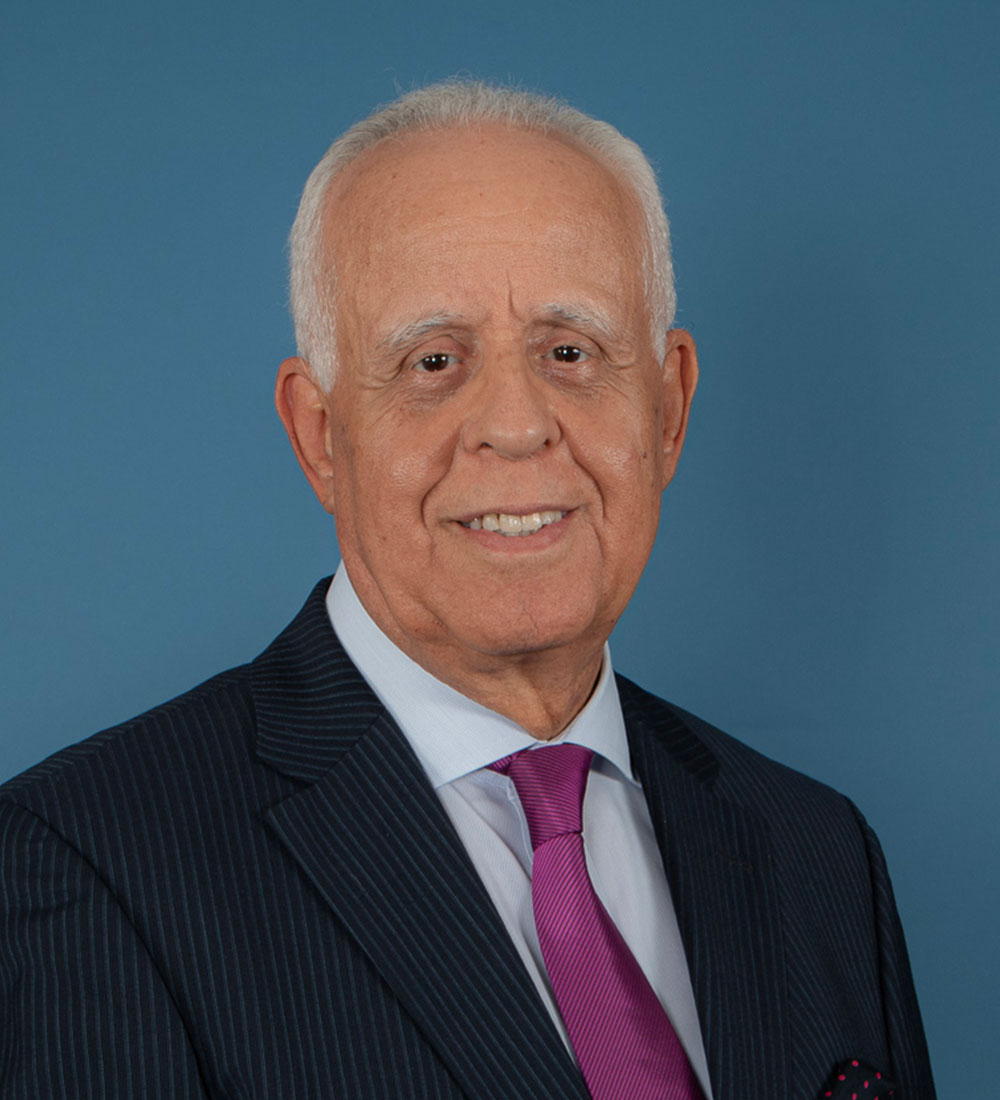


 TEASER #AD2025
TEASER #AD2025
Moderator

Speakers
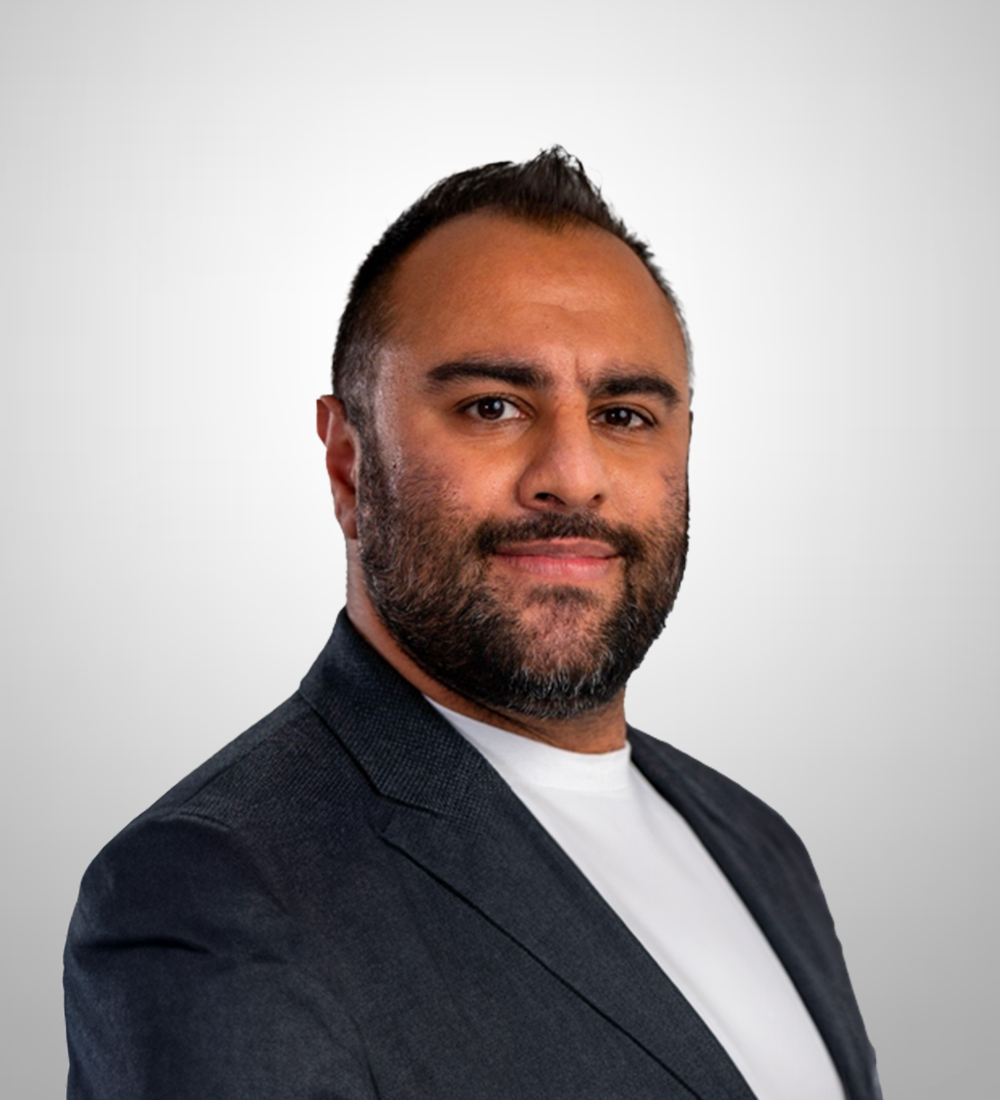
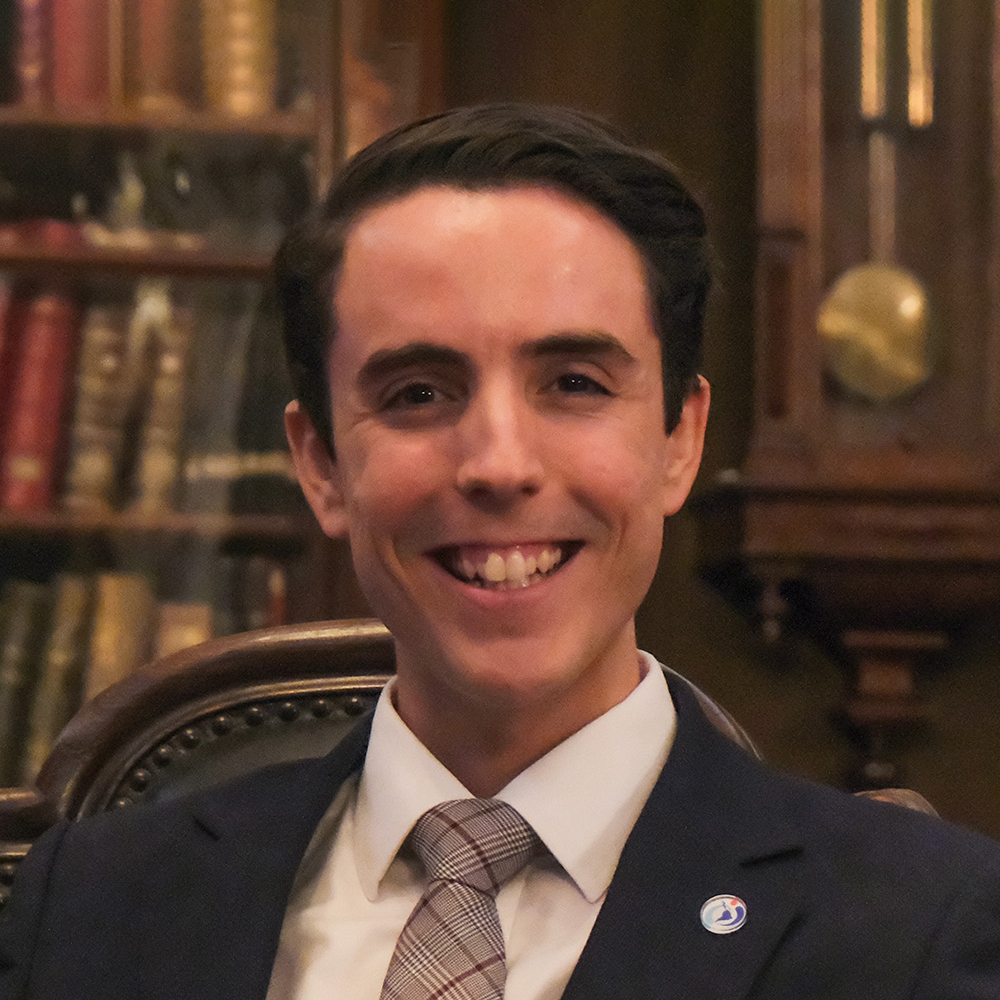
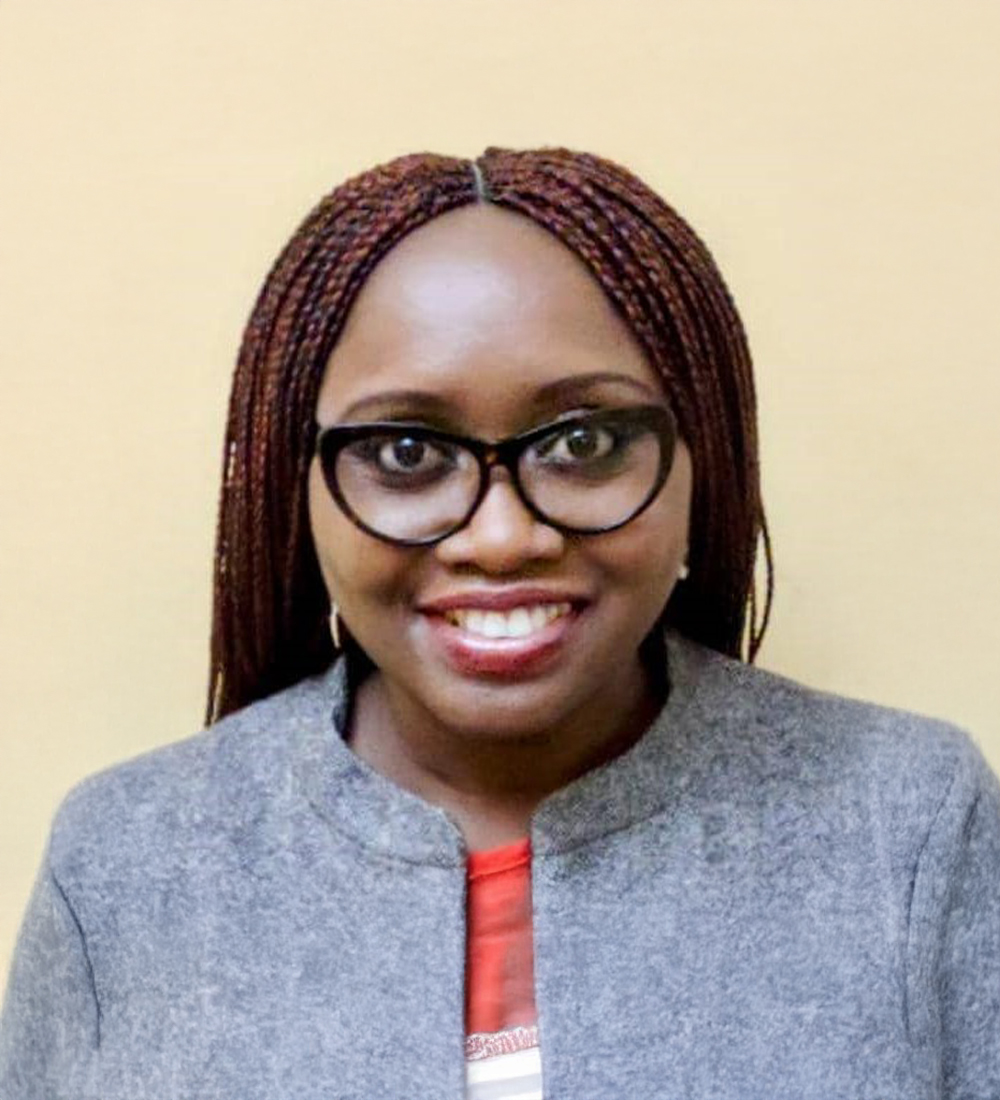
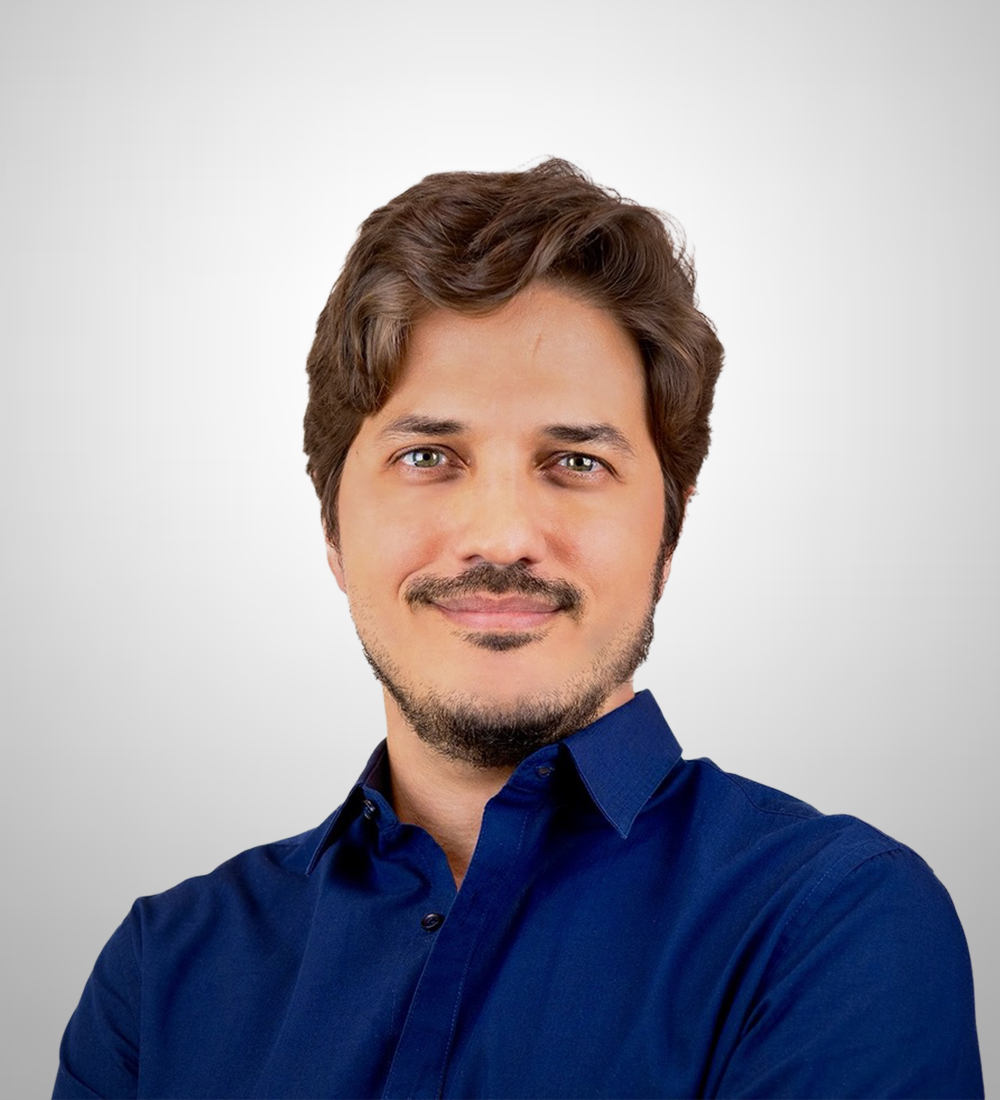
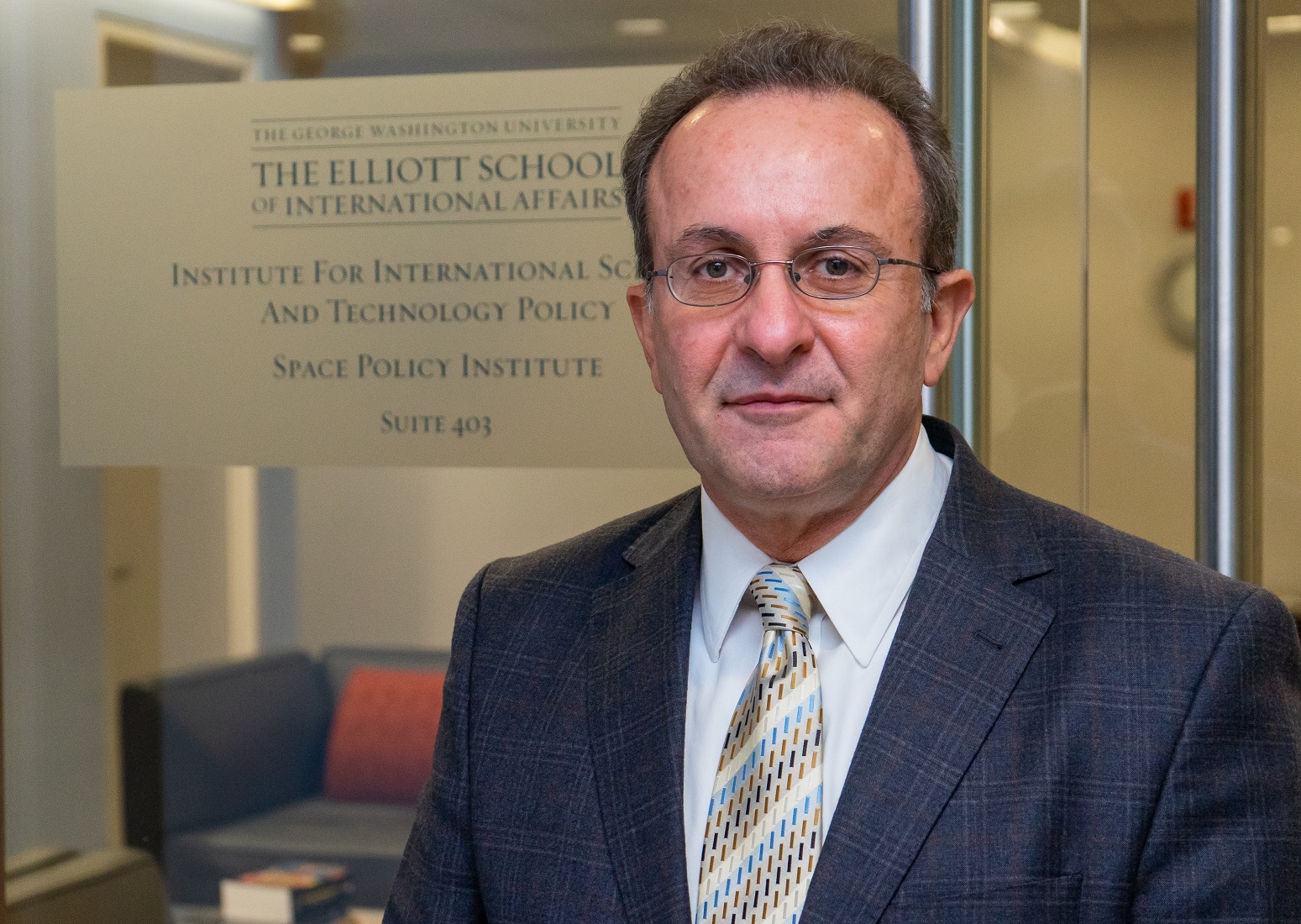
Moderator
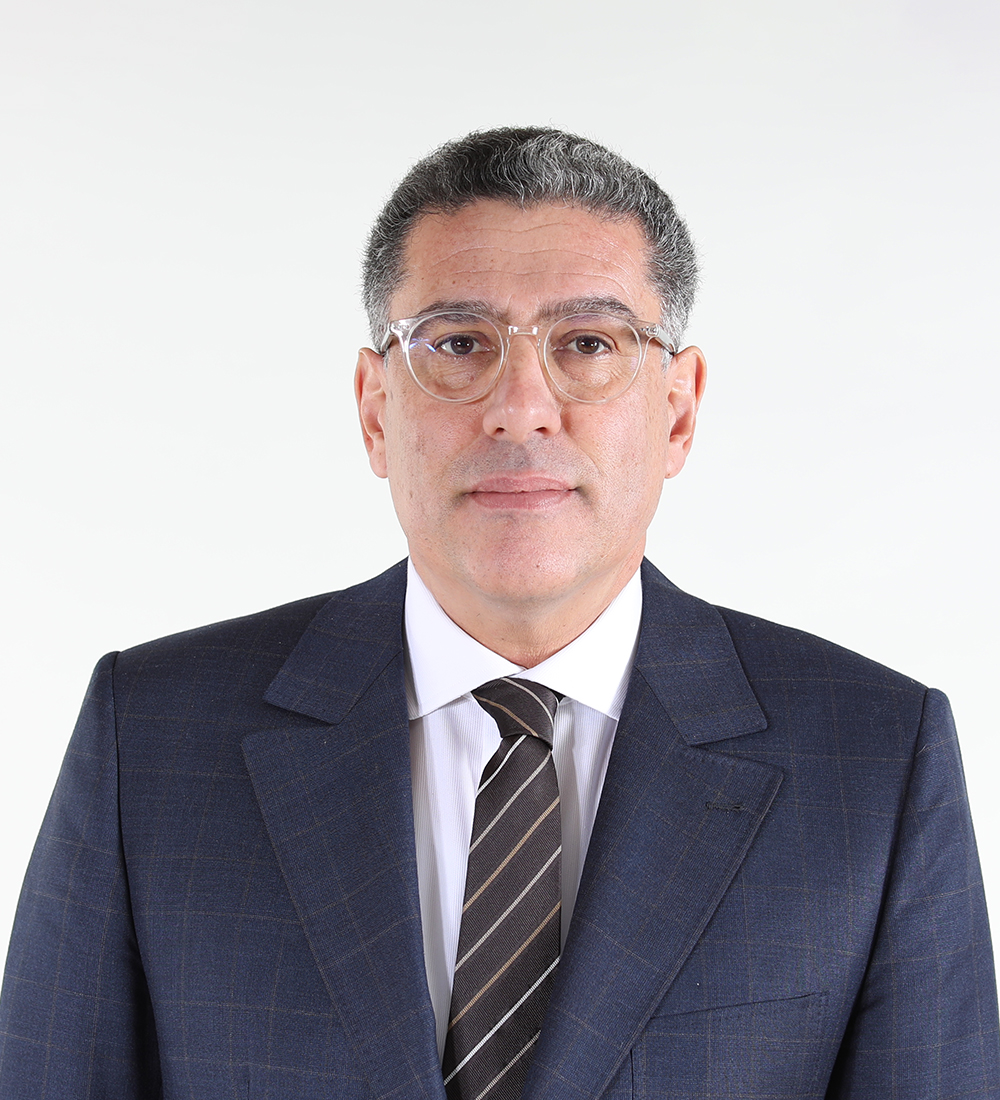
Moderator
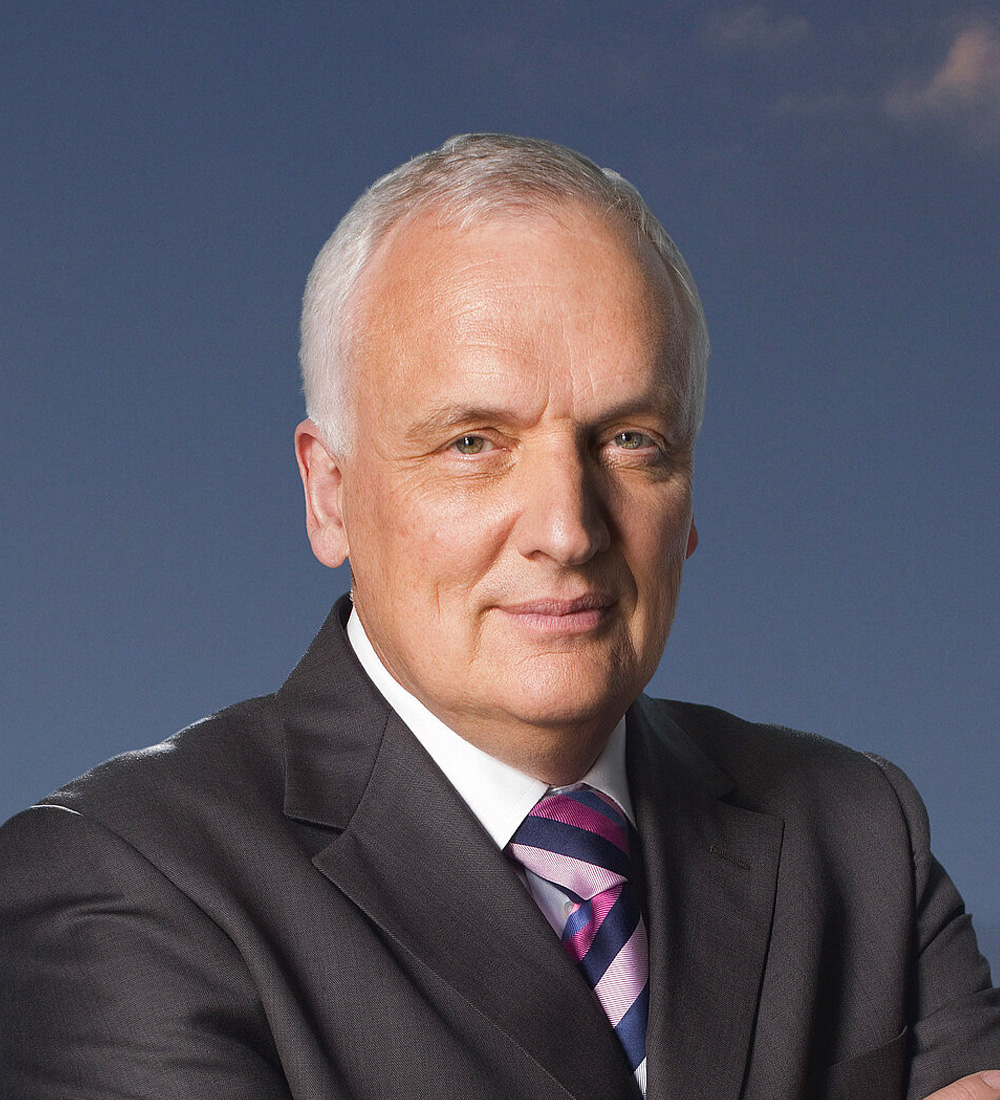
Following compounded crisis, democracies across the world are being challenged in multiple ways, leading to a drop in the trust in institutions and political leaders. Economic inequalities, political polarization, and the spread of misinformation have eroded trust in the capacity of democratic systems to deliver stability and legitimacy. Hence, in a post-trust context, it is important to test the ground for institutional resilience and renewal. Emerging democracies, in particular, illustrate diverse ways of managing discontent through innovation in governance, civic participation, and social accountability. By examining how democracies in different regions respond to declining trust, this session seeks to identify the institutional, cultural, and technological factors that enable adaptation. It invites reflection on whether democracy can reinvent itself as a more responsive, inclusive, and transparent model of governance capable of delivering both legitimacy and tangible results to citizens.
Guiding questions:
Moderator
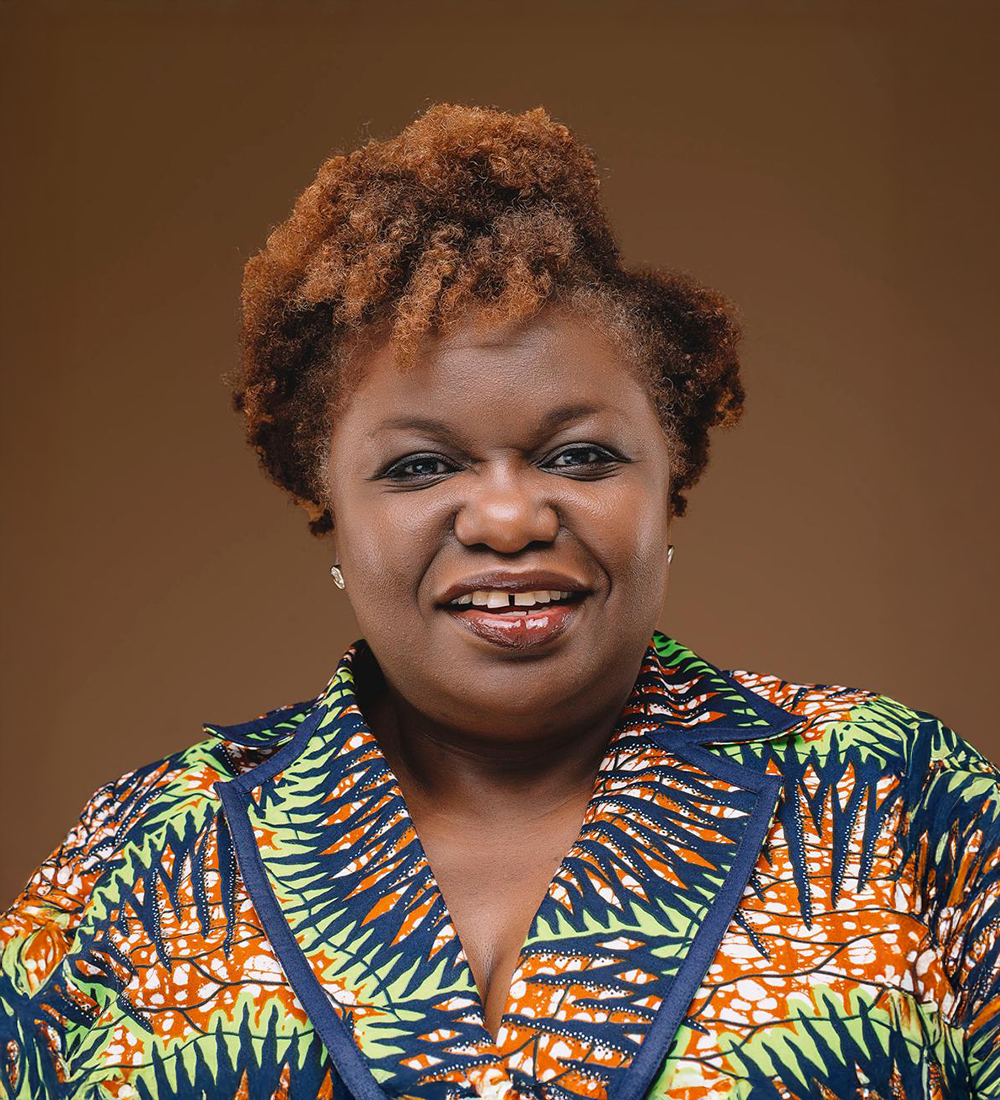
Speakers
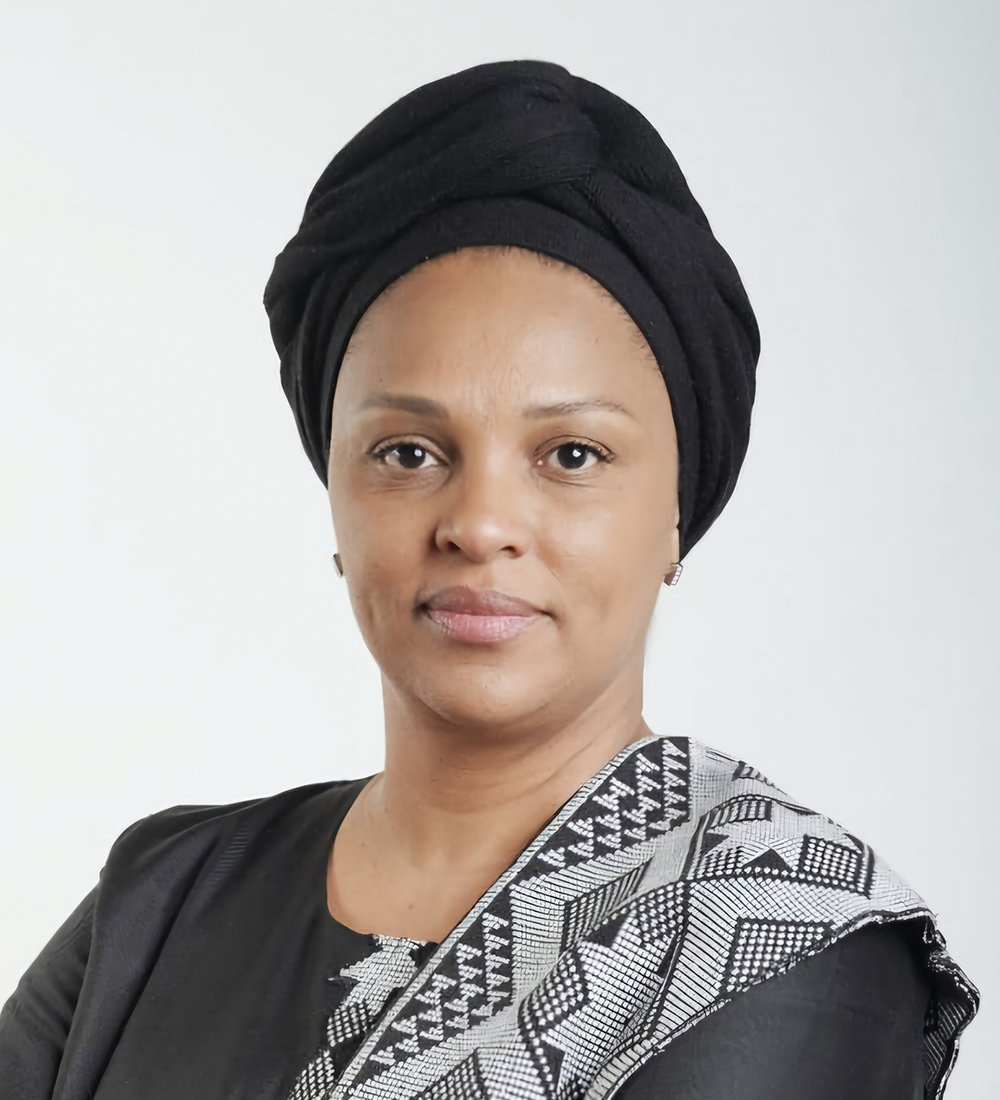
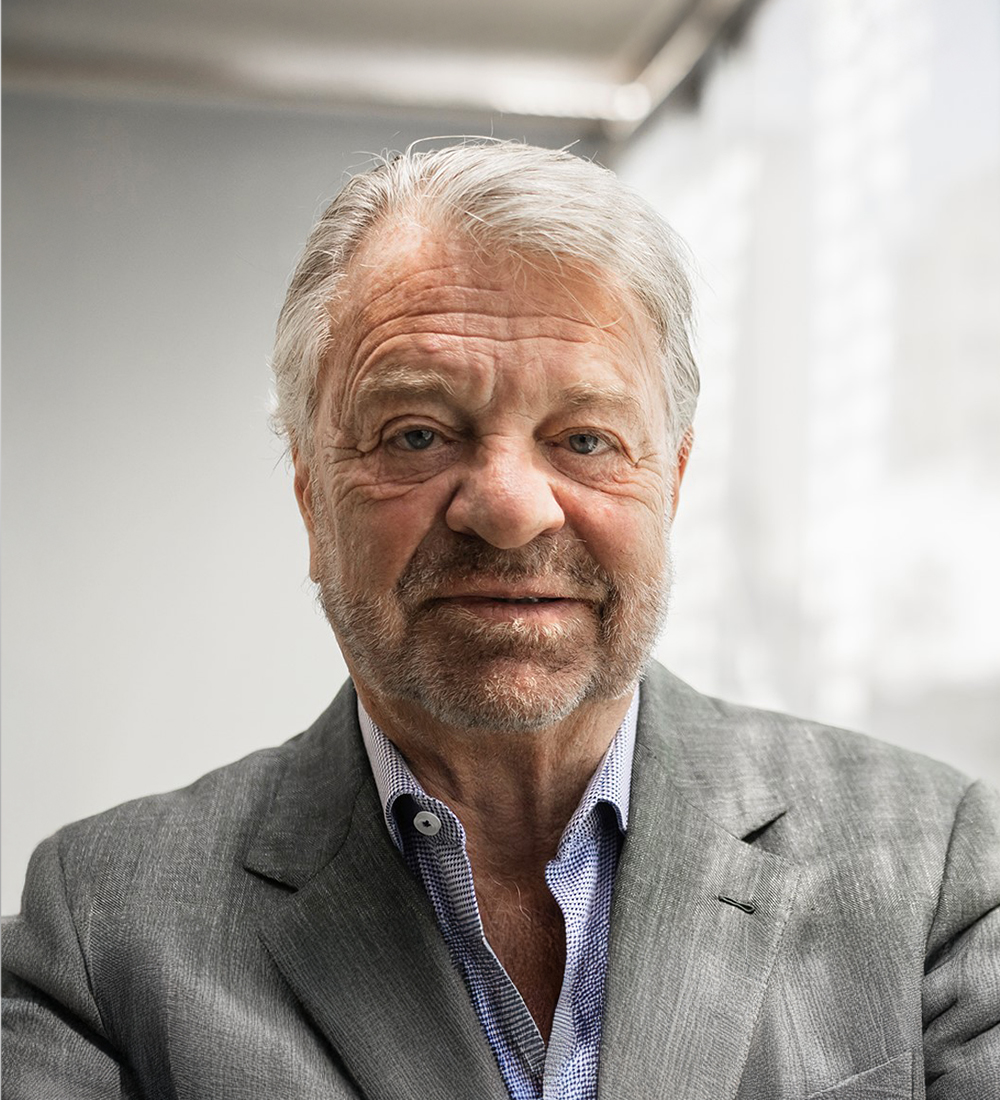
Former Foreign Minister, Government of Mexico
Mexico
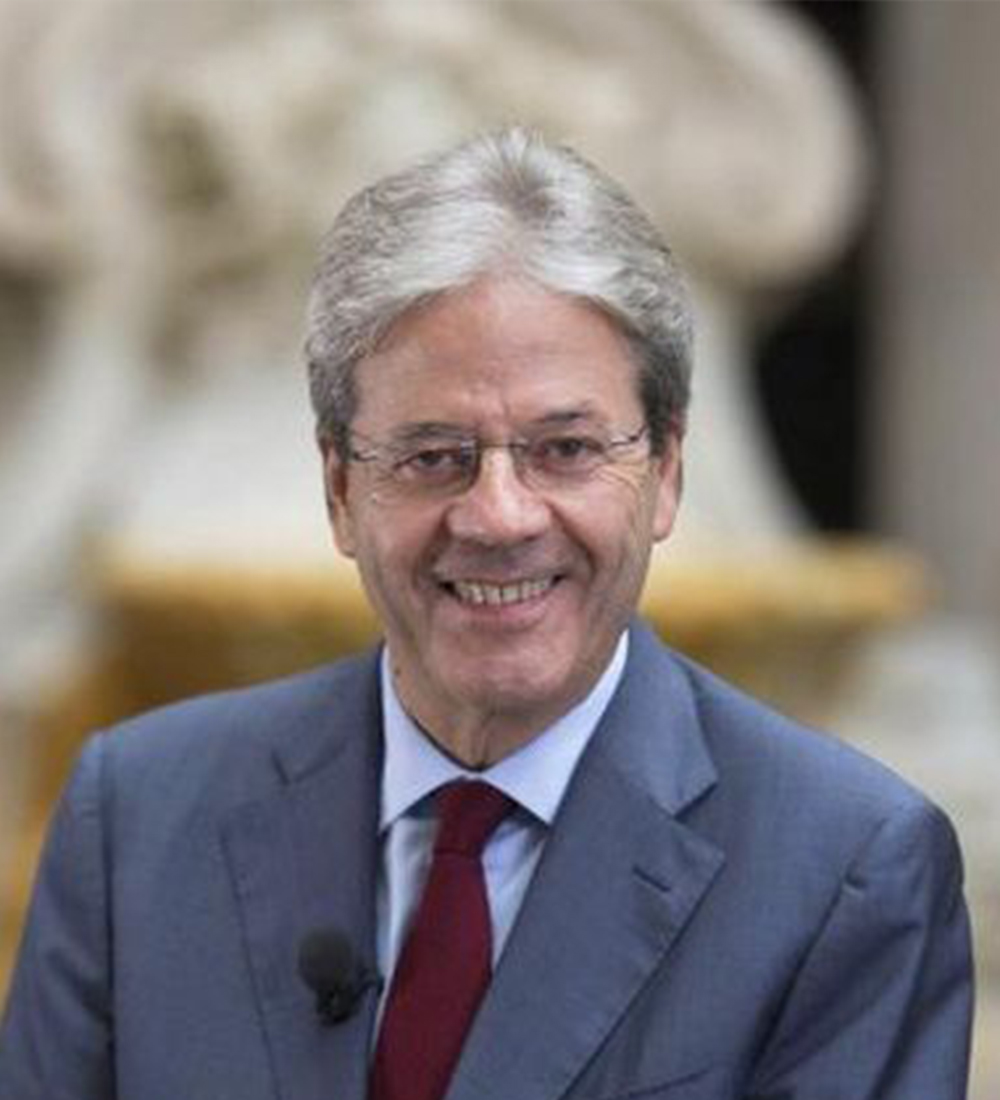
The accelerating pace of artificial intelligence and technological innovation is transforming the world of work—reshaping job markets, redefining essential skills, and challenging long-standing models of education and training. As these disruptions unfold, the need to rethink how societies prepare individuals for an unpredictable future becomes increasingly urgent. This session explores how to design learning systems that are adaptable, inclusive, and responsive to emerging realities. It considers how to move from policy intent to practical implementation, ensuring that systems not only anticipate change but are equipped to drive it. A particular focus will be placed on the growing disparities between the North and South in terms of digital infrastructure, skills development, and institutional readiness. In a world where access to innovation is unequal and talent migration is accelerating; the risk of deepening global divides looms large. By examining both the challenges and the pathways forward, this conversation will highlight how adaptability, digital fluency, and lifelong learning can become pillars of resilience—and how bridging global gaps in education and work readiness is essential for a more equitable future.
Guiding questions:
Moderator

Speakers
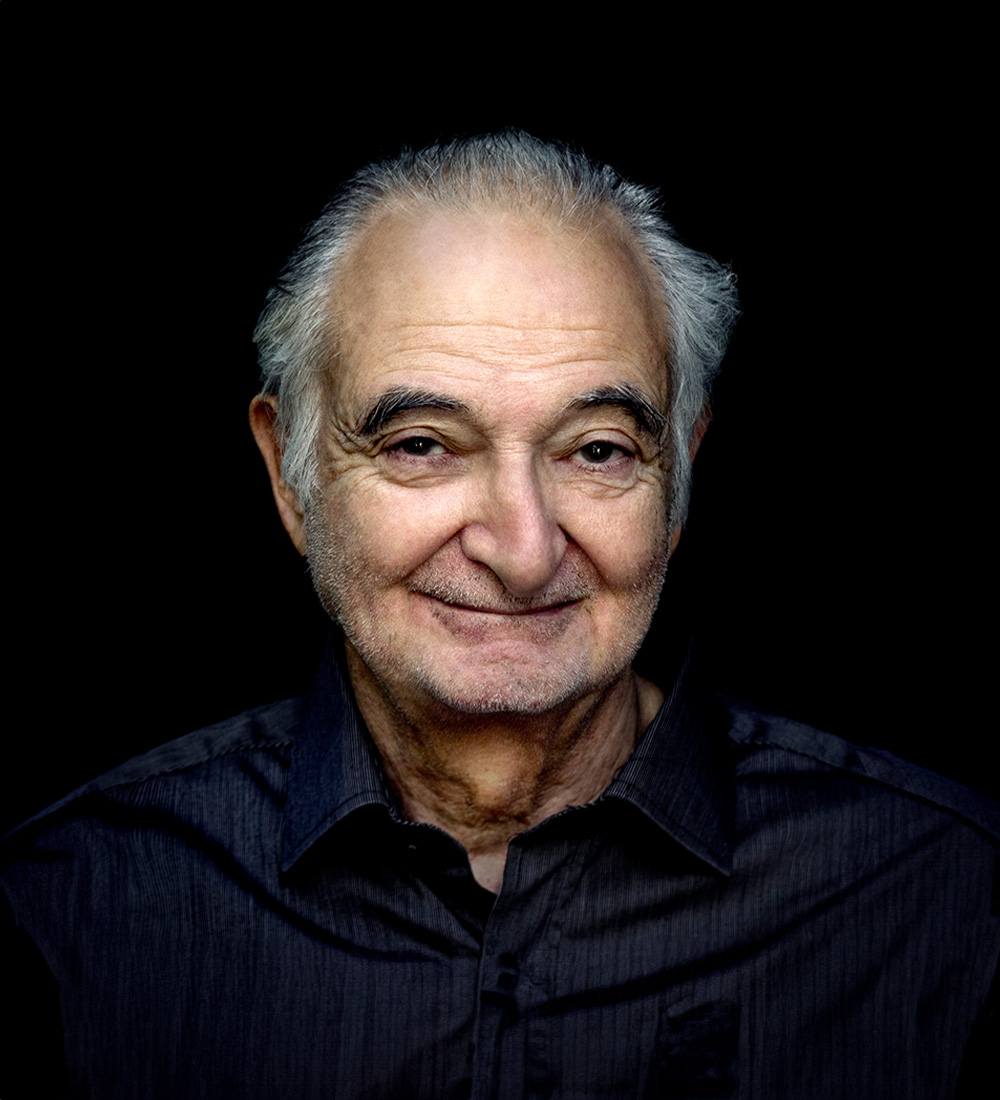
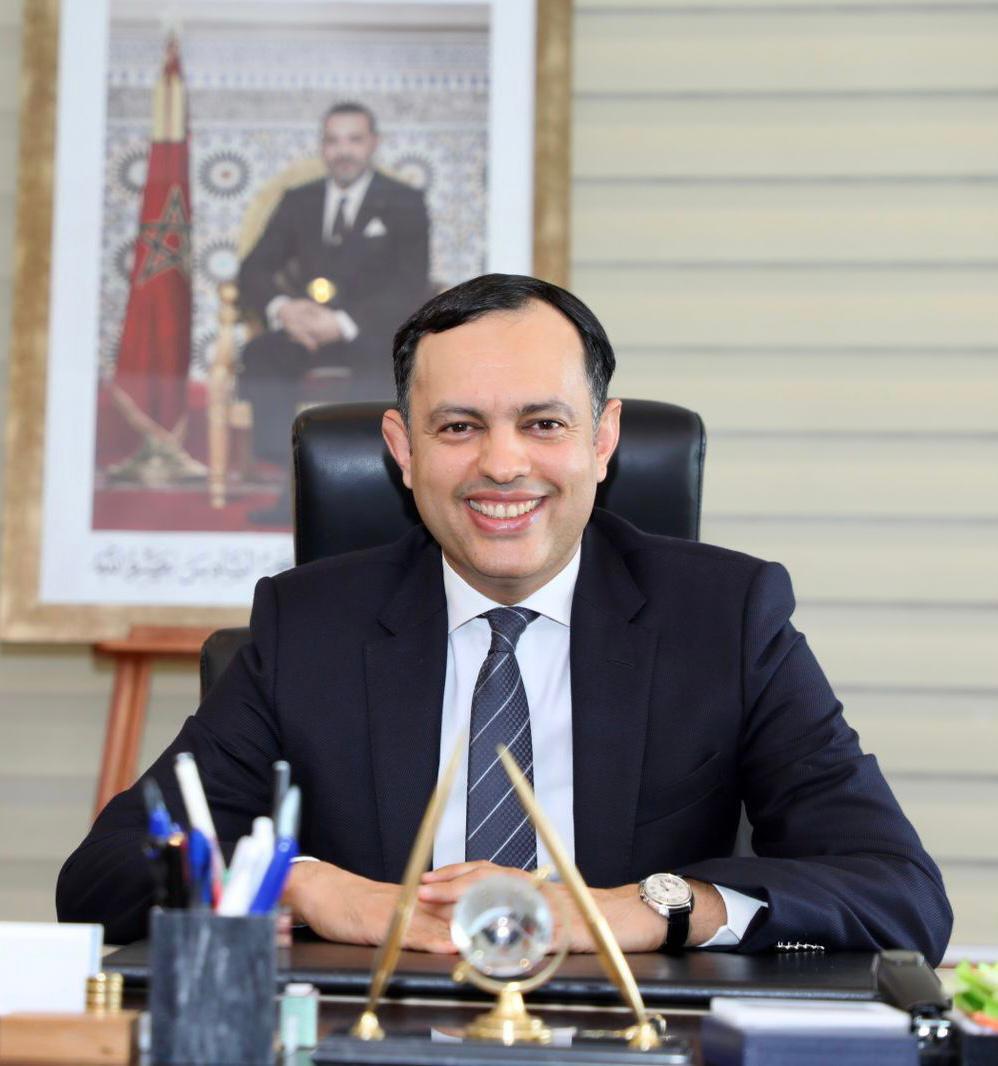
Morocco’s Atlantic strategy reflects a deliberate synthesis of economic ambition and geopolitical vision. By positioning the Atlantic as both a connector and a catalyst, the Kingdom seeks to align trade, energy, and infrastructure initiatives with a broader diplomatic agenda aimed at fostering balanced interregional cooperation. The Atlantic façade has become central to Morocco’s efforts to project stability, integrate regional value chains, and position itself as a bridge between Africa, Europe, and the Americas.
Anchored in large-scale port, logistics, and renewable energy projects, this vision translates geography into geoeconomic influence. Tangier Med, Dakhla Atlantique, and the emerging network of Atlantic free zones illustrate how Morocco is leveraging maritime governance, blue economy initiatives, and sustainable connectivity to promote inclusive growth and resilience.
Beyond economics, this approach carries strategic implications. It reflects Morocco’s aspiration to contribute to a more cooperative and balanced Atlantic order, one in which the Global South asserts greater agency and shared prosperity replaces asymmetrical dependency. The Conversation will explore how Morocco’s engagement can help reimagine the Atlantic as a multidimensional common space, linking development, climate action, and security through pragmatic and forward-looking partnerships.
Guiding Questions:
Moderator
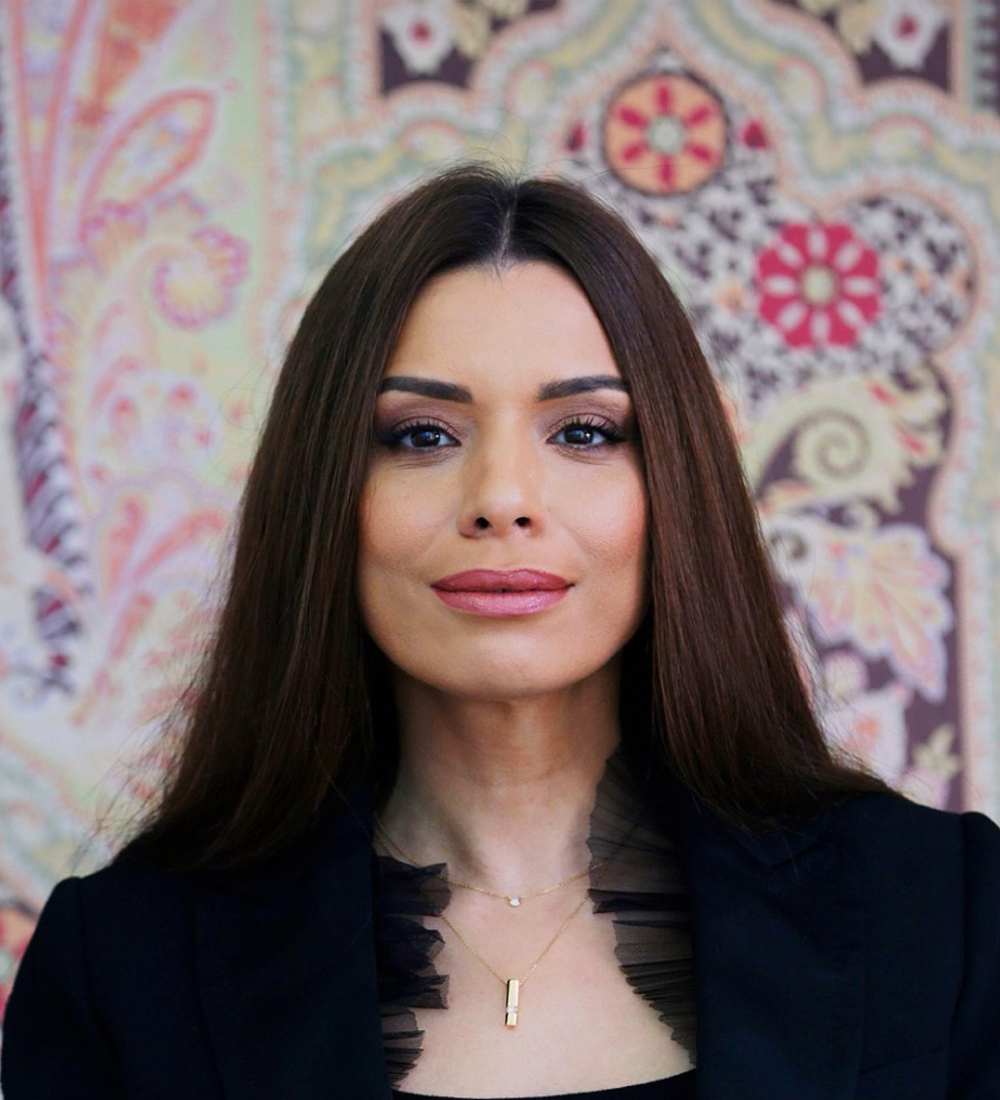
Speakers
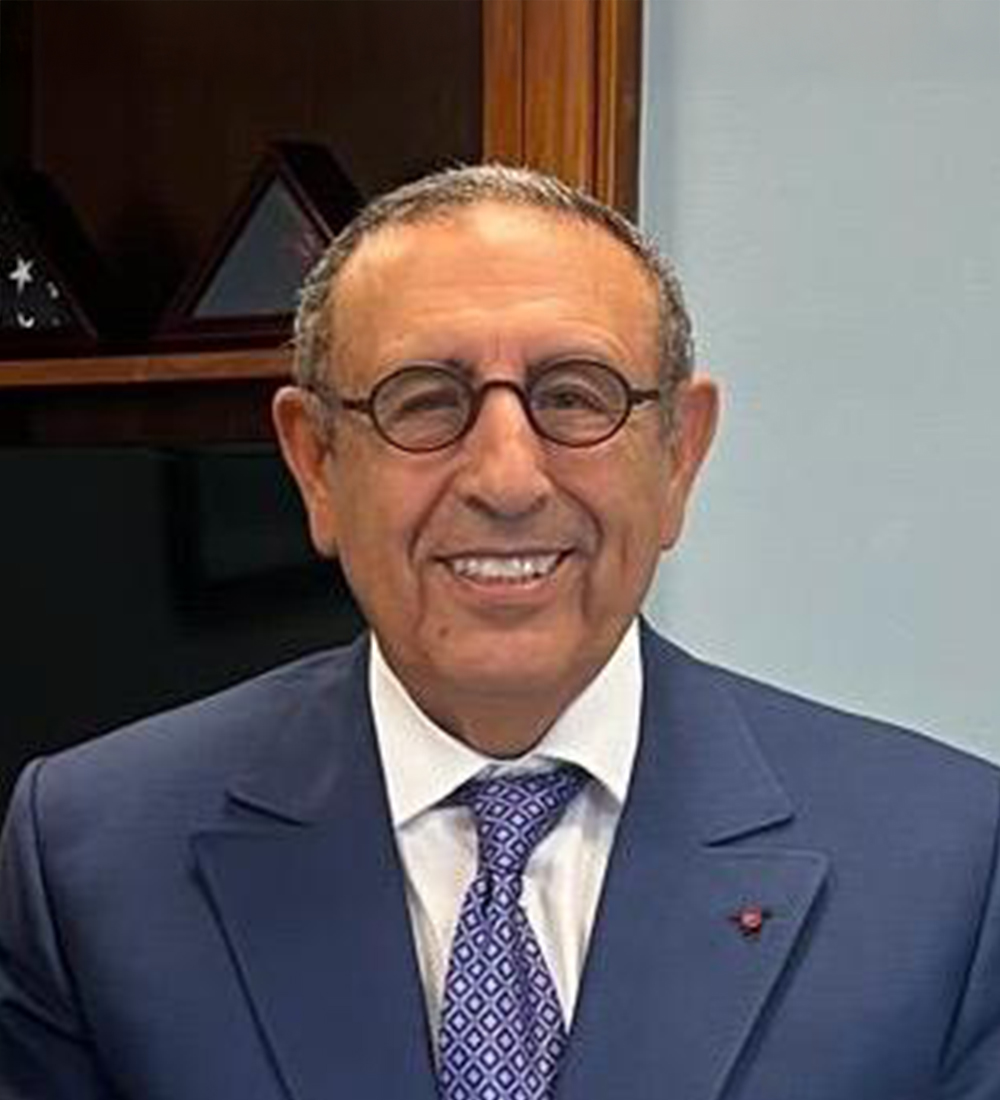
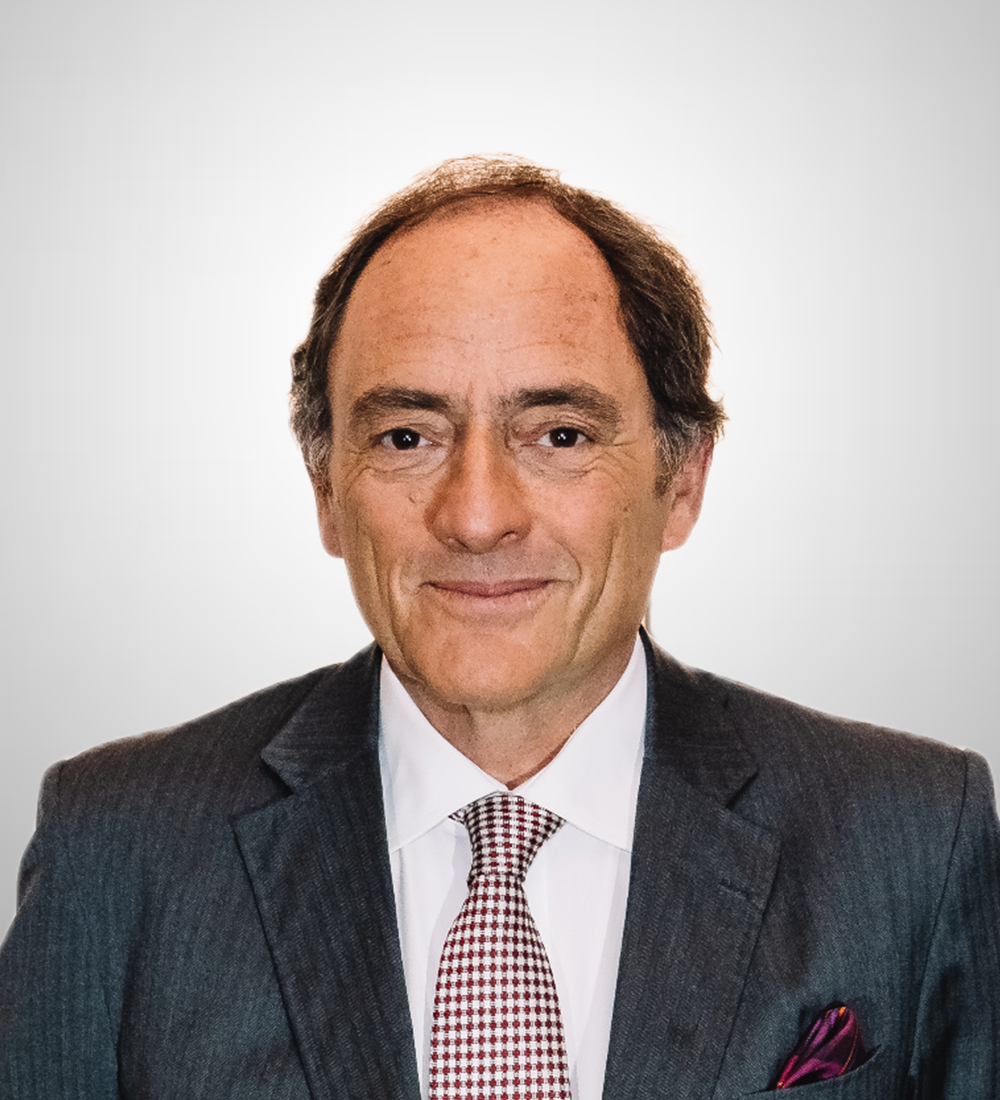
In an era marked by technological disruption, geopolitical fragmentation, and environmental urgency, traditional models of economic growth are reaching their limits. This session explores how nations and businesses can unlock a new stage of development by rethinking growth strategies beyond the classic paradigm. It will examine the transition toward more resilient, inclusive, and innovation-driven economies—where human capital, digital transformation, and sustainability act as the main engines of progress. Participants will discuss how emerging technologies, green transitions, and new governance models can help societies adapt to shifting global dynamics. By reimagining the foundations of competitiveness and productivity, this conversation aims to identify actionable pathways for countries to navigate uncertainty and design forward-looking growth models suited to the 21st century.
Guiding Questions:
Moderator

Speakers
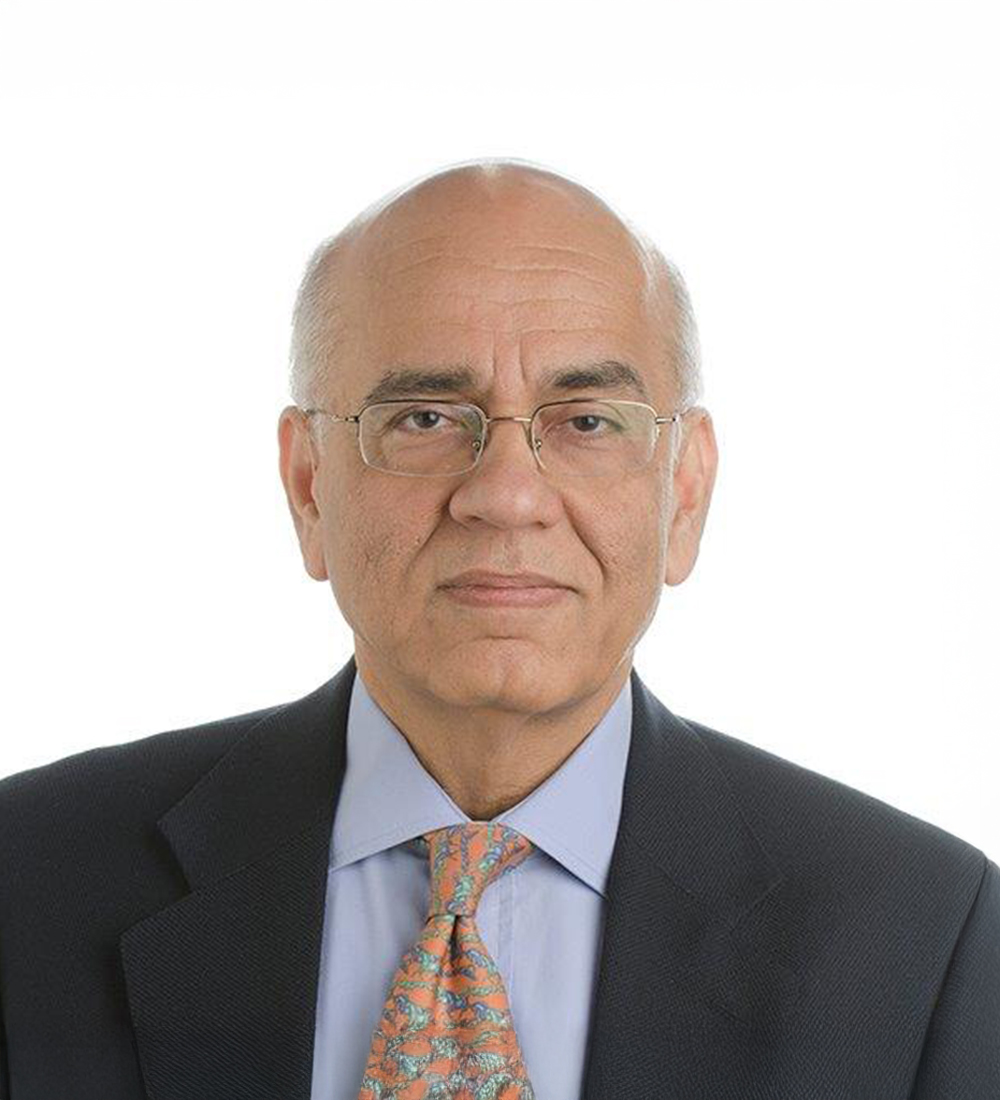
President Emeritus, Center for Global Development
United Kingdom
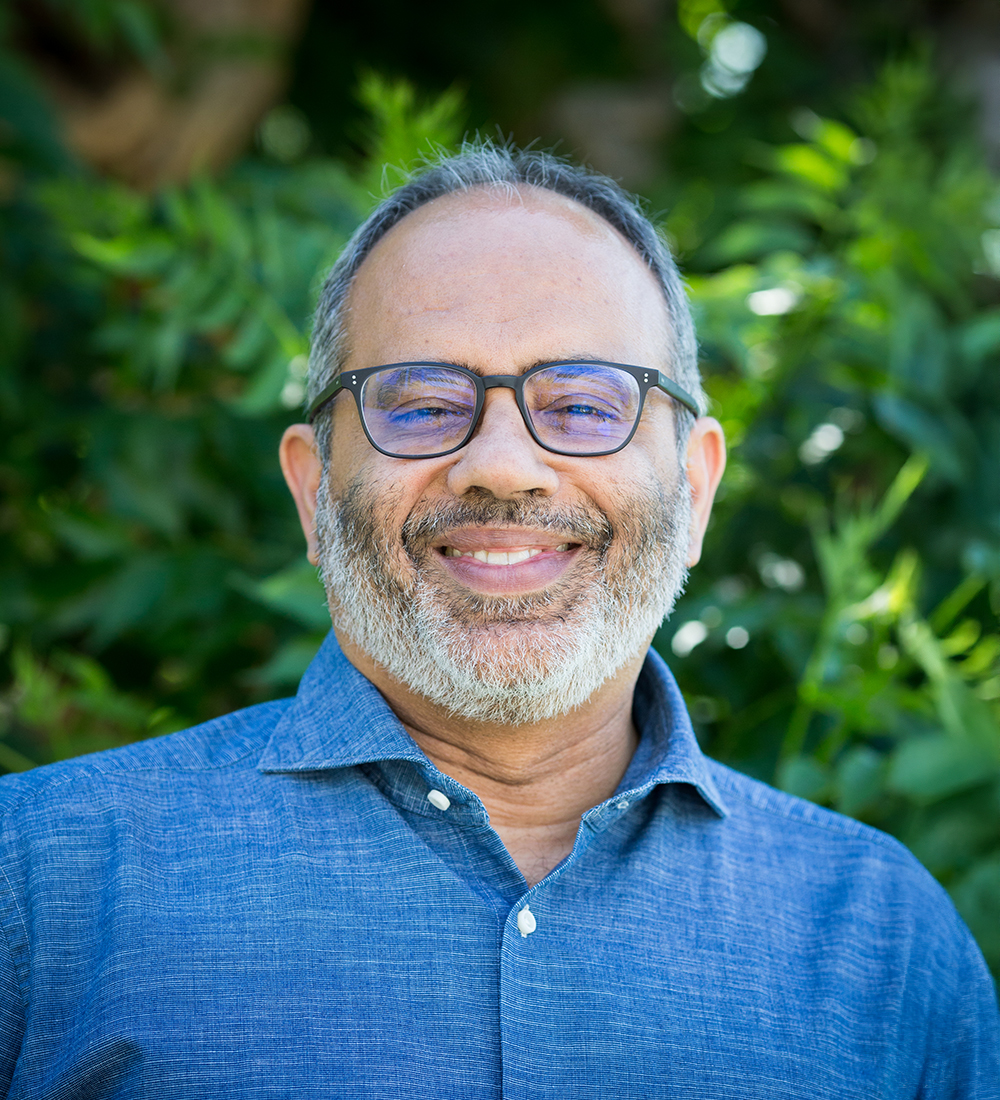
Honorary Professor, Mandela School of Public Governance, University of Cape Town
Guinea Bissau
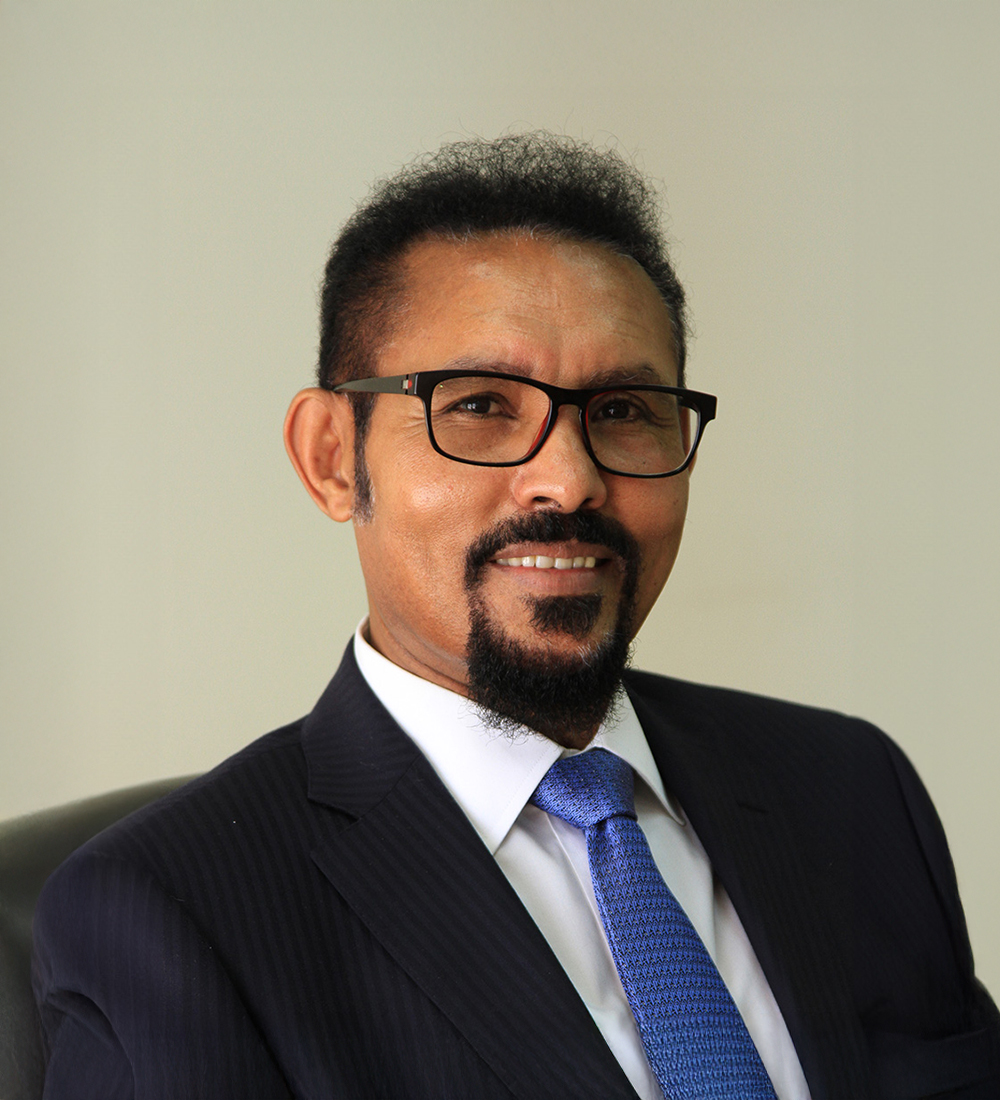
British Academy Global Professor, SOAS University of London
Ethiopia
The Atlantic Ocean connects four continents through a network of maritime corridors that underpin global trade, energy security, and human mobility. From the Strait of Gibraltar and the Gulf of Guinea to the Caribbean Sea and the South Atlantic, these corridors hold vital lifelines for trade, energy, and connectivity among nations. Yet, growing geopolitical rivalries, climate pressures, and maritime insecurity are transforming their governance and accessibility. Once viewed primarily as national or regional gateways, these chokepoints are increasingly understood as shared global commons whose stability underpins international prosperity. As great-power competition intensifies and maritime routes face risks from piracy, militarization, and environmental degradation, the need to rethink cooperative management becomes urgent. This session will explore how states, regional organizations, and private actors can safeguard these vital corridors through inclusive governance, sustainable practices, and renewed multilateral coordination.
Guiding Questions:
Moderator
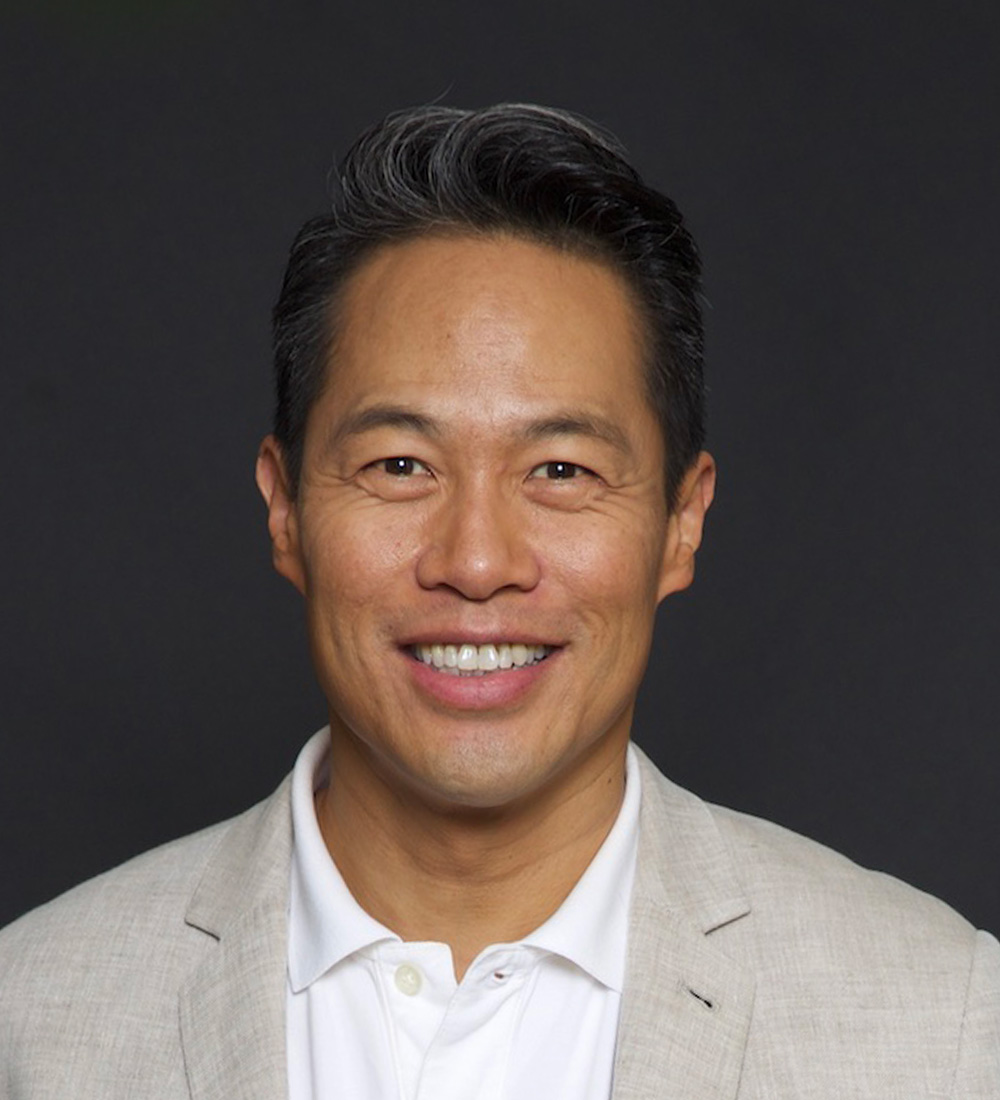
Speakers
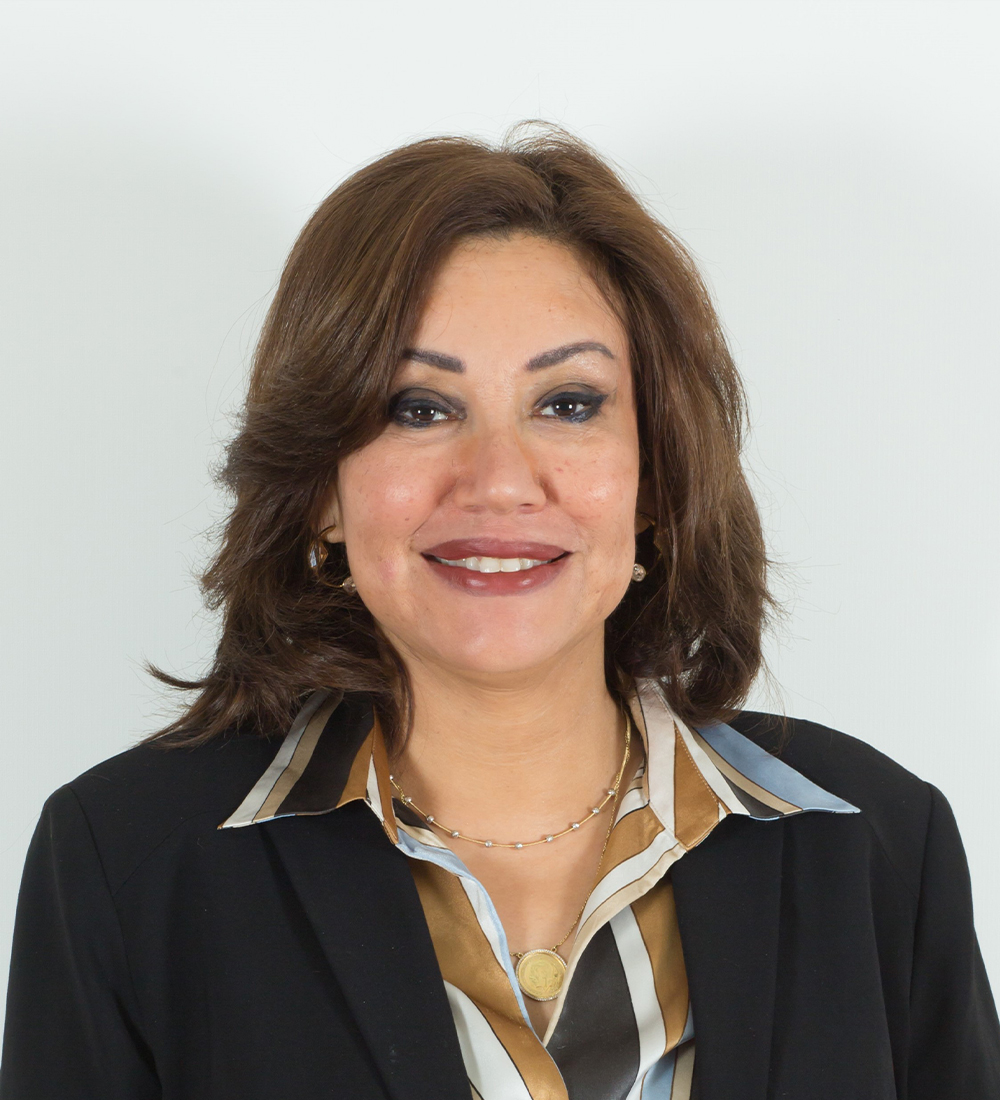
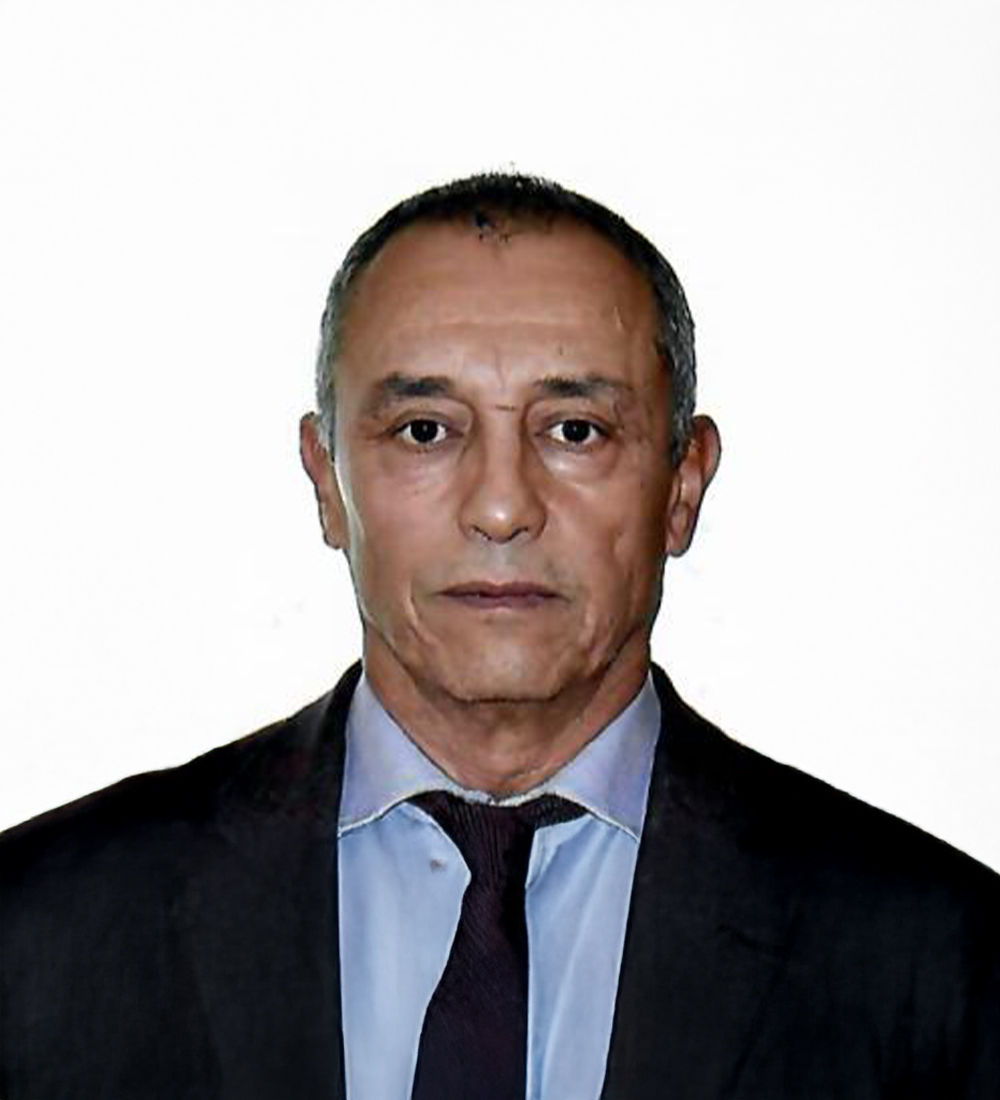
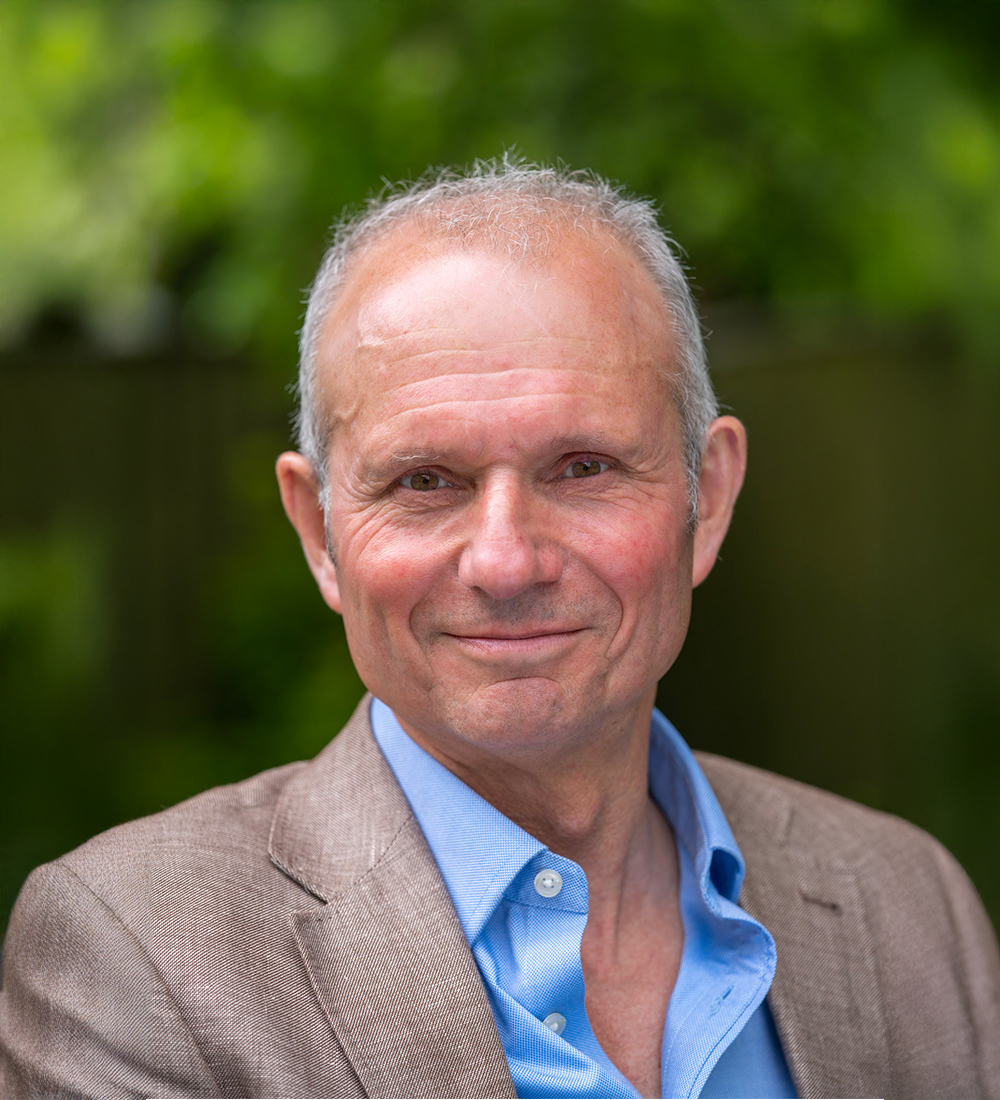
Chair, Royal United Services Institute
United Kingdom
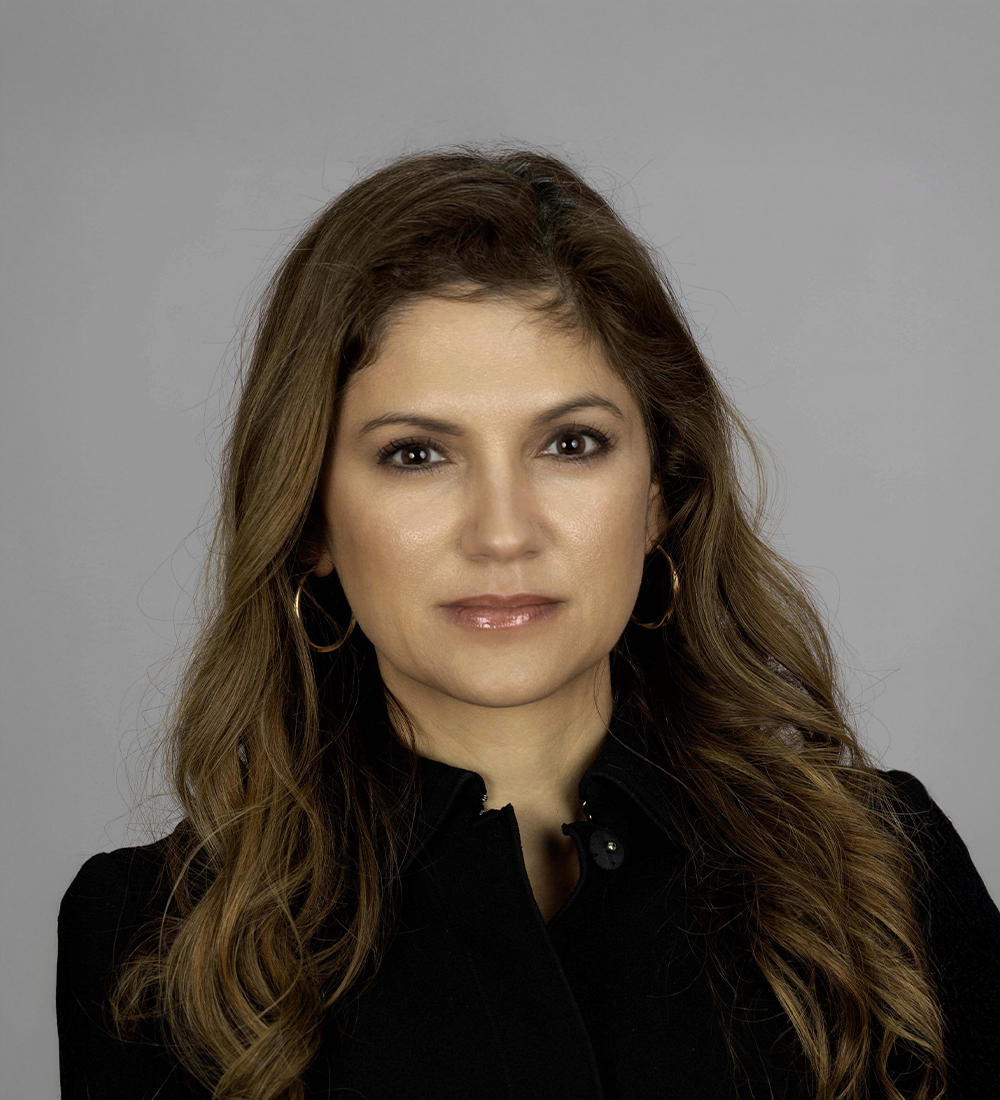
Latin America is repositioning itself within a rapidly changing global landscape. As trade tensions between Washington and Beijing reshape economic geography, nearshoring is transforming Mexico and parts of Central America into new manufacturing hubs. Resource-rich nations such as Chile, Argentina, and Bolivia are debating how to turn lithium and copper wealth into long-term industrial capacity instead of repeating cycles of raw material dependence. At the same time, Brazil and Colombia are advancing climate diplomacy centered on Amazon protection and renewable energy transitions. Migration pressures, inflation disparities, and fiscal reforms underscore how uneven the region’s recovery remains after recent shocks. Meanwhile, regional blocs are revisiting decades-old trade negotiations and experimenting with local currency mechanisms to reduce dollar exposure. This session examines how Latin American governments, businesses, and regional institutions are responding to fragmented supply chains, decarbonization demands, and mounting competition for investment. It asks whether the current moment can redefine the region’s place in the global order—or reinforce old patterns of vulnerability.
Guiding Questions:
Moderator
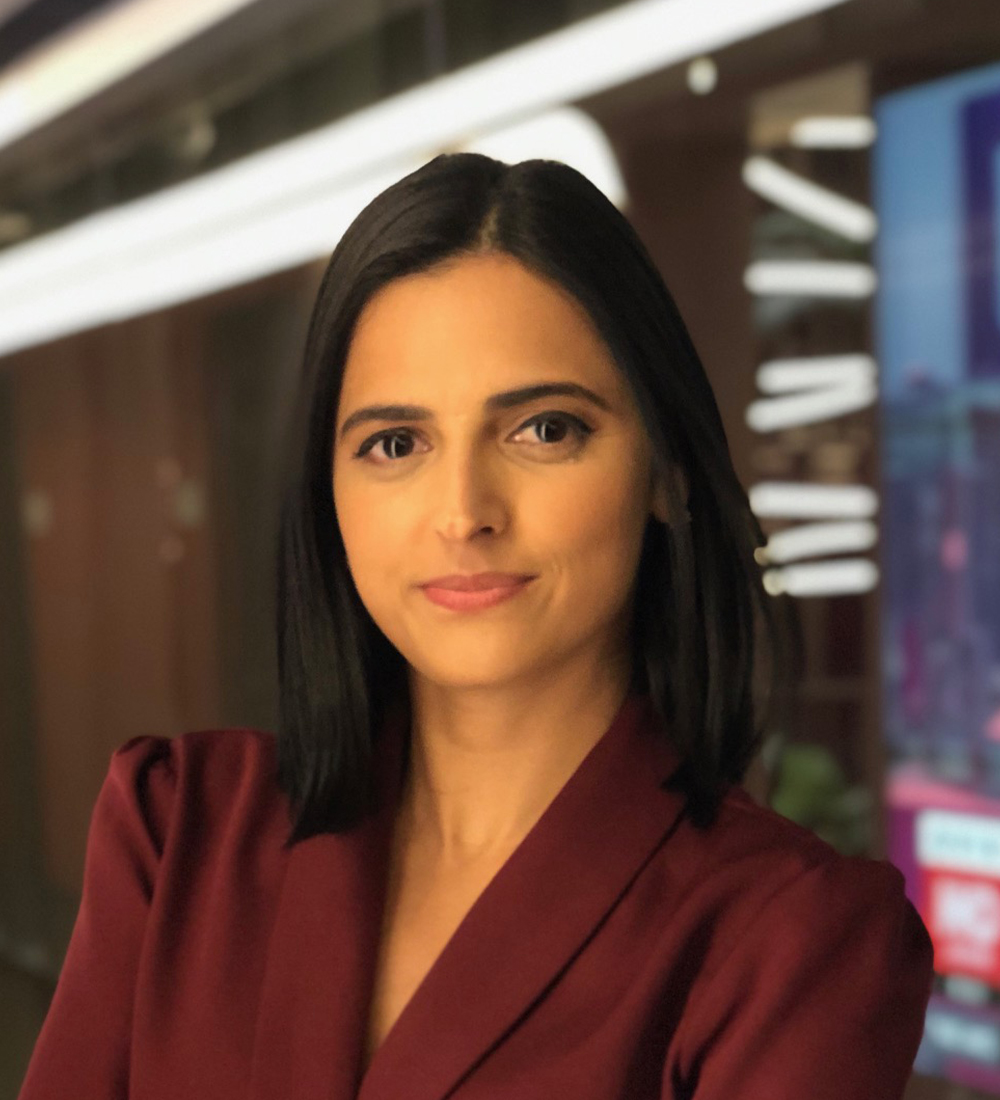
Speakers
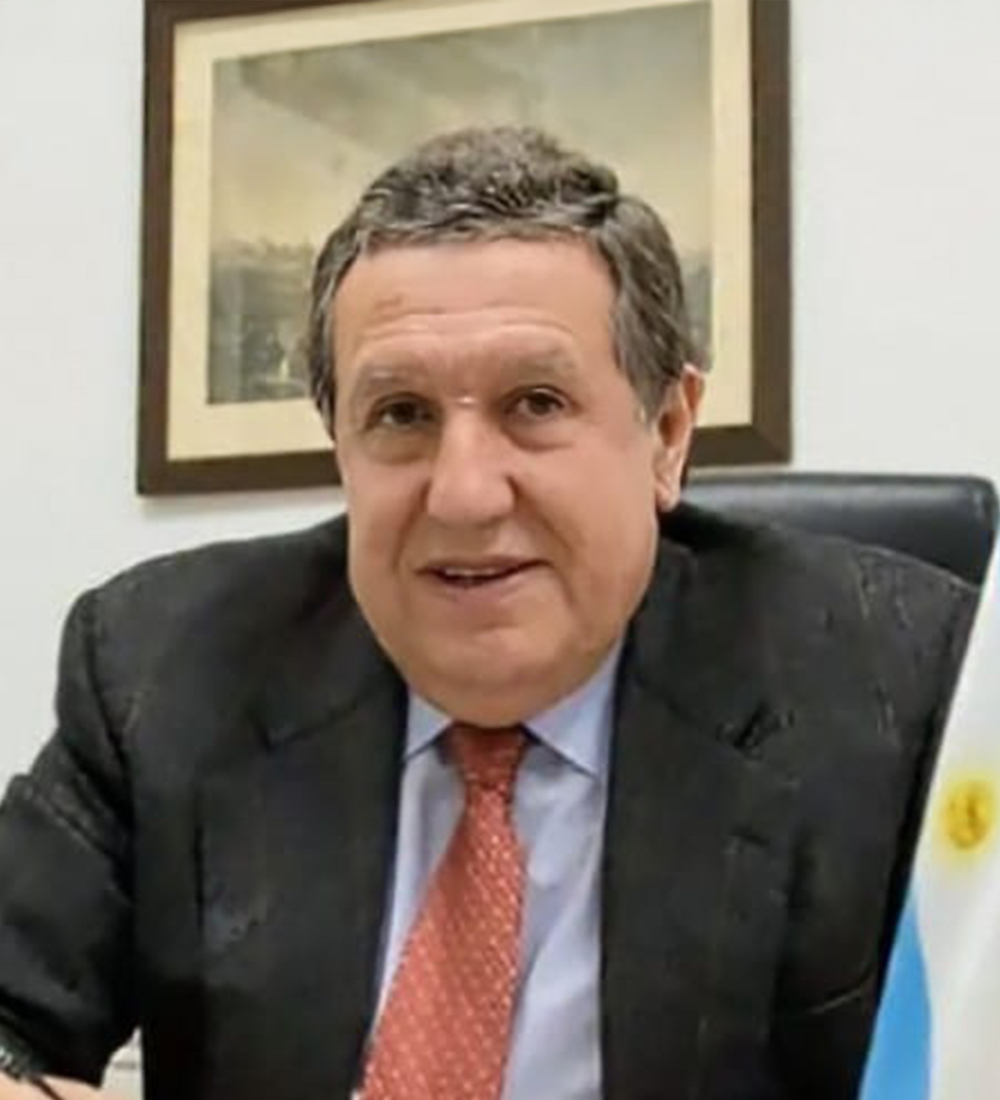
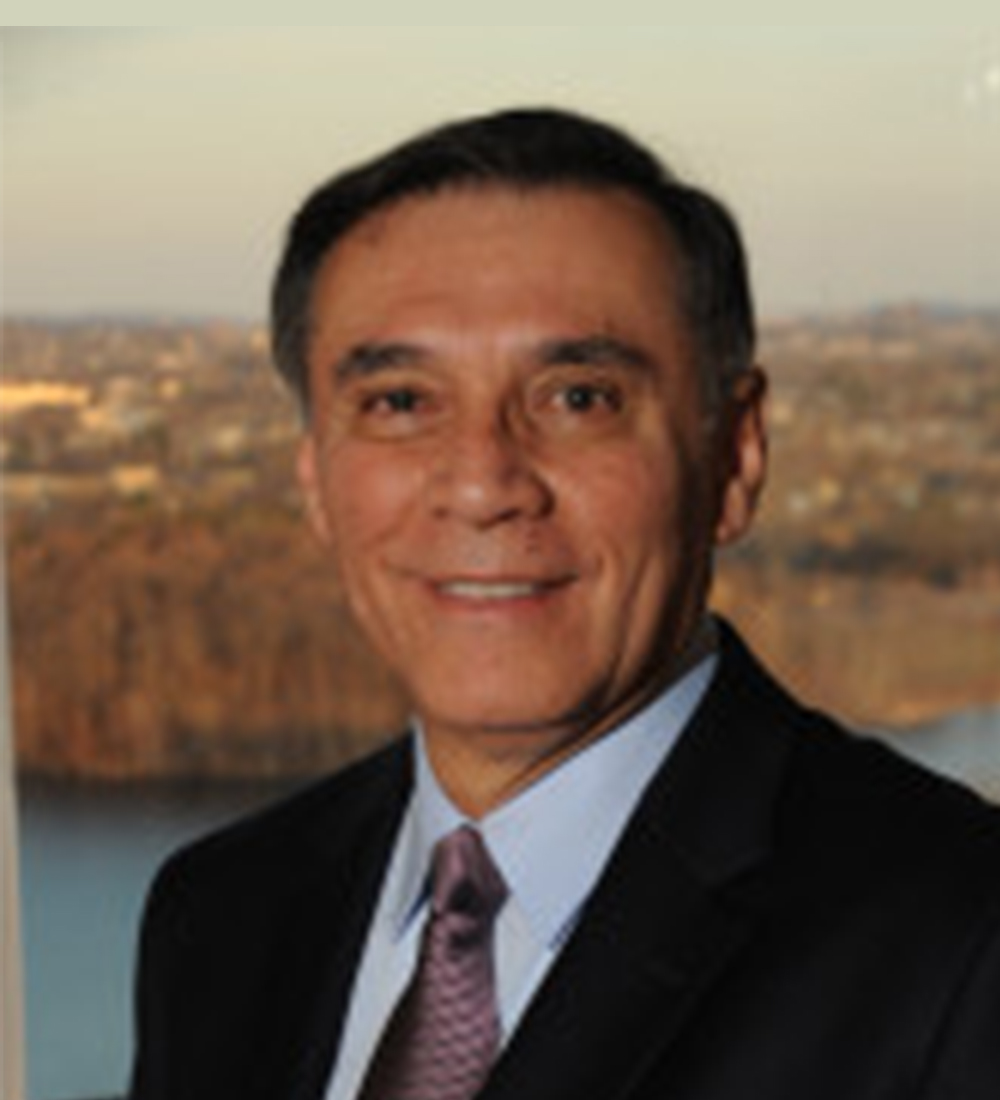
In recent years, surging economic nationalism and geopolitical conflicts have begun rewiring global trade flows and markets. Tariff-driven trade wars and armed conflicts are converging into a new “war economy” reality, as conflicts like Russia’s invasion of Ukraine upend trade routes and force countries to seek alternative suppliers. Economic interdependence itself is increasingly weaponized: sanctions, export controls, and control of critical supply chains are now wielded as tools of geopolitical coercion. For the Atlantic community, these shifts pose urgent challenges. The United States’ assertive “America First” stance—spanning tariffs and massive subsidies—heralds a new era of economic nationalism. This shift has alarmed allies and altered transatlantic and North–South dynamics. Atlantic actors across the Americas, Europe, and Africa must adapt by strengthening supply-chain resilience and reinvigorating multilateral cooperation to navigate a fragmenting economic order.
How are trade policies and financial tools being strategically used as instruments of geopolitical competition?
Guiding Questions:
Moderator
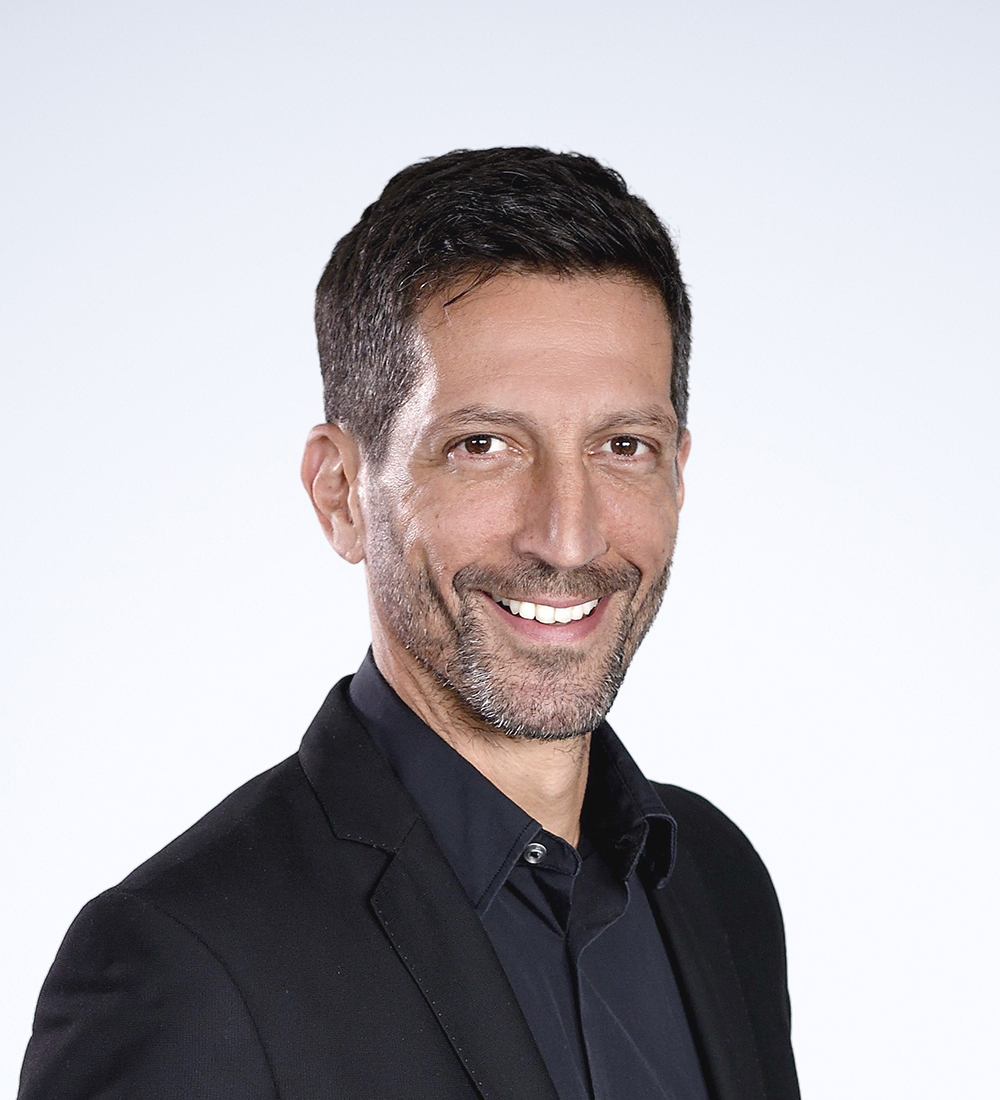
Speakers
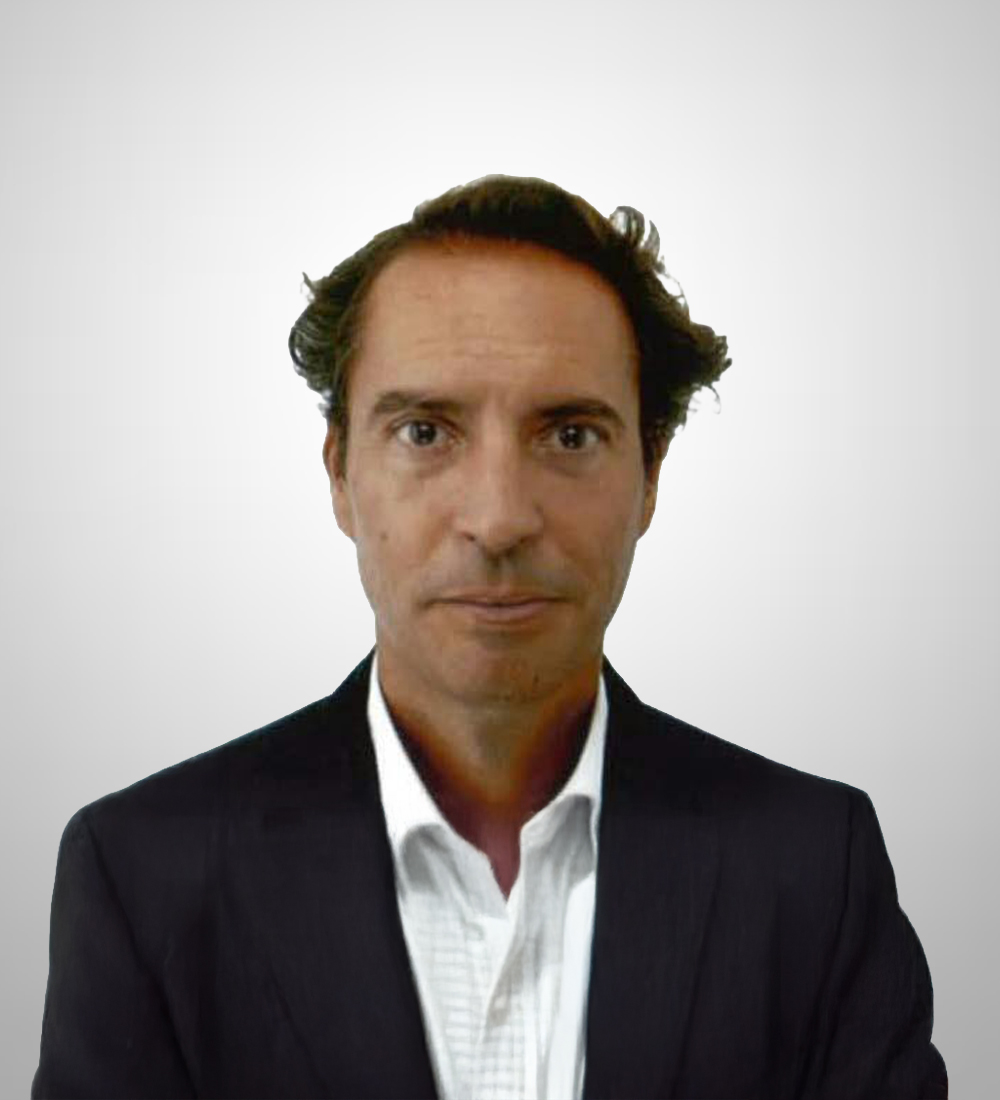
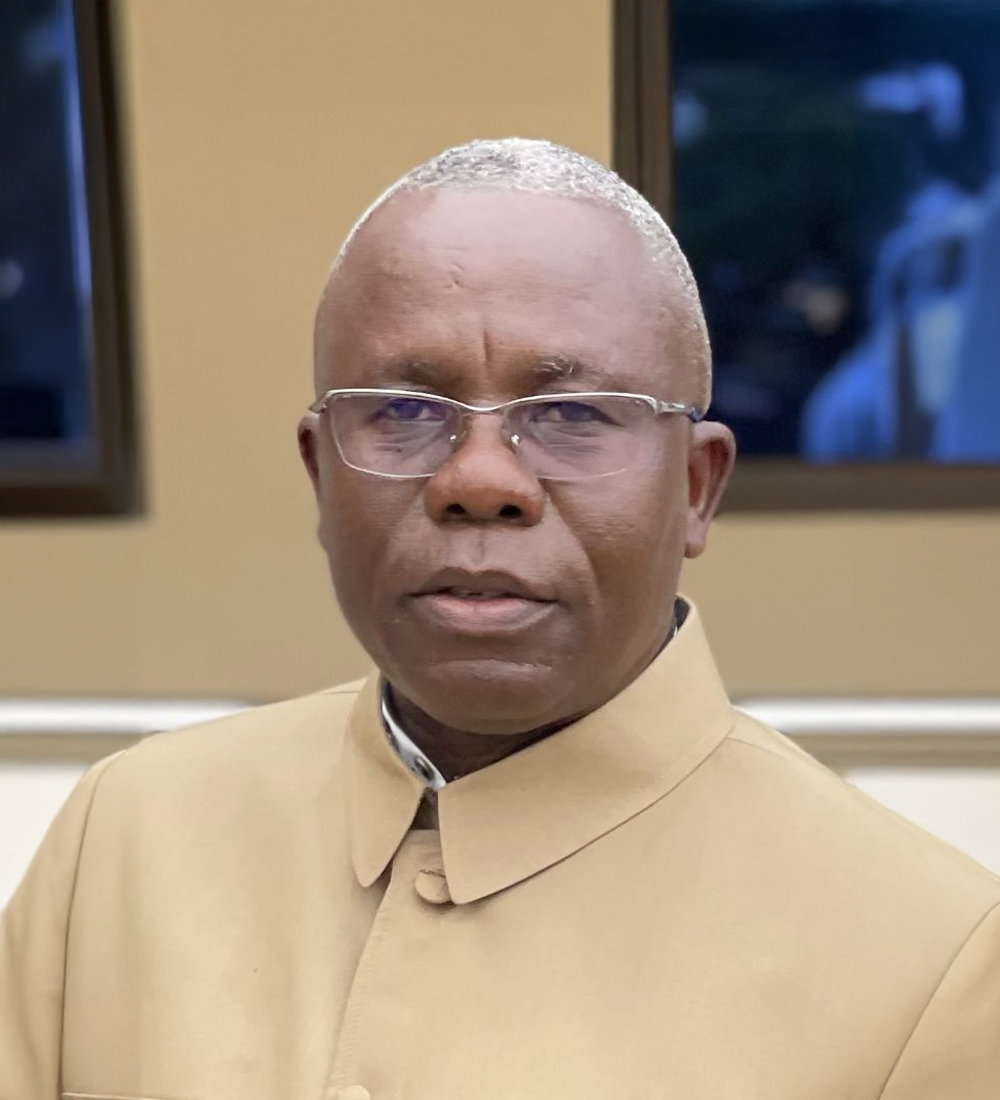
Air Vice Marshal, Gulf of Guinea Maritime Institute
Ghana
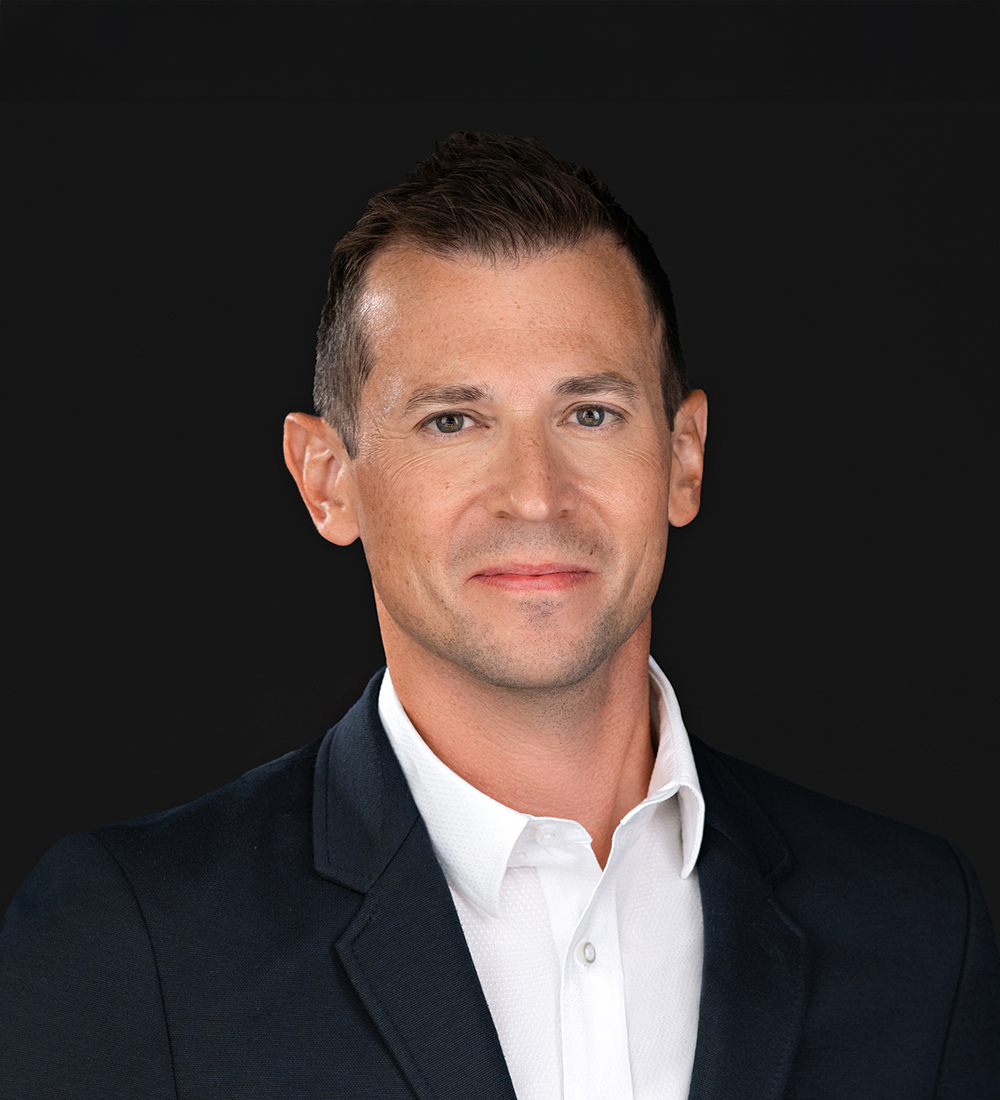
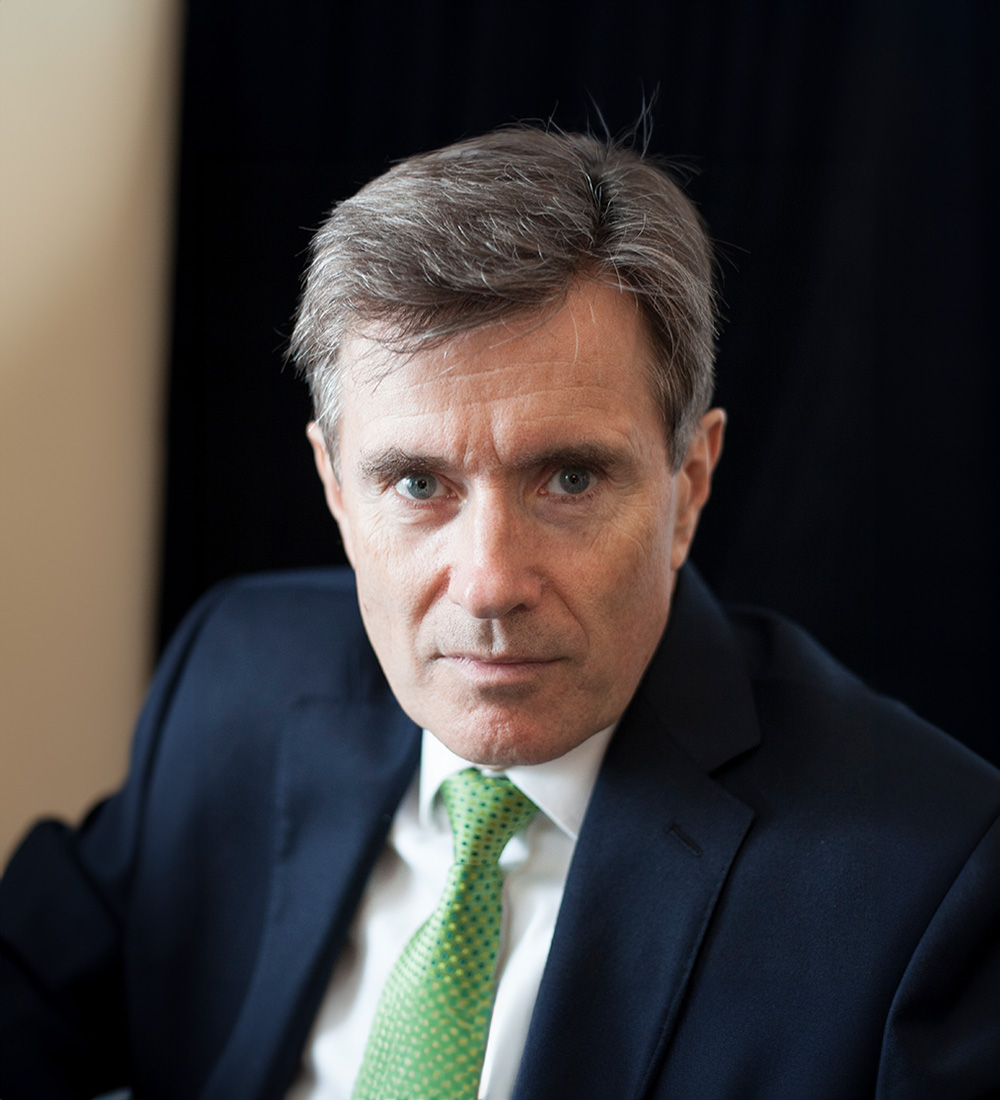
Executive Chairman, Newbridge Advisory
United Kingdom
In times of global uncertainty and structural transformation, nation-building increasingly depends on local agency and the capacity of younger generations to drive change. Across the Atlantic, youth are emerging as key actors in shaping governance, innovation, and social resilience - often bridging divides between local realities and global challenges. This session explores how young leaders contribute to strengthening national cohesion and advancing inclusive development while navigating limited resources and external pressures. By highlighting examples of youth-led initiatives, community engagement, and public policy participation, the discussion will assess how local agency and youth empowerment can reinforce one another. Ultimately, participants will reflect on the conditions that enable young people to act as genuine partners in building resilient, forward-looking nations.
Guiding Questions
Moderator

Speakers
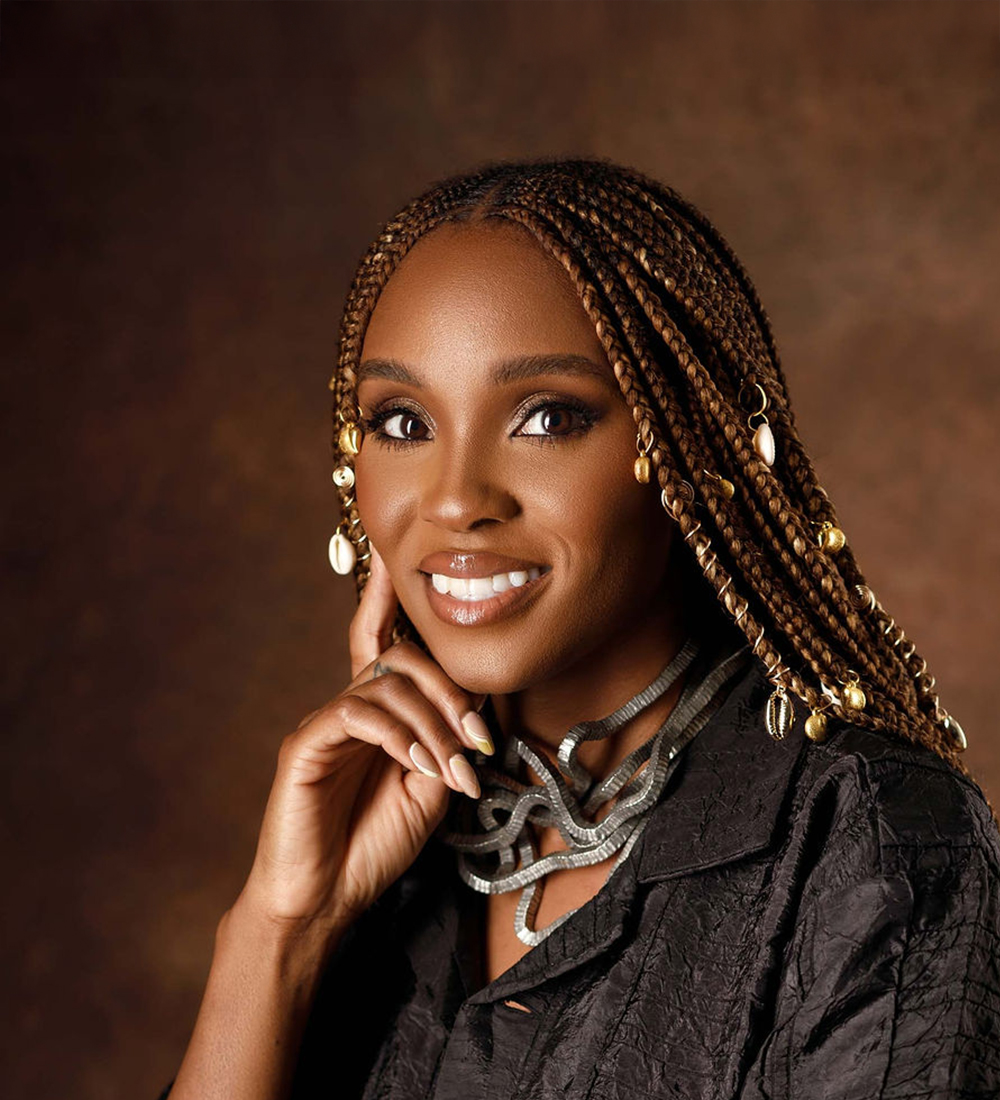
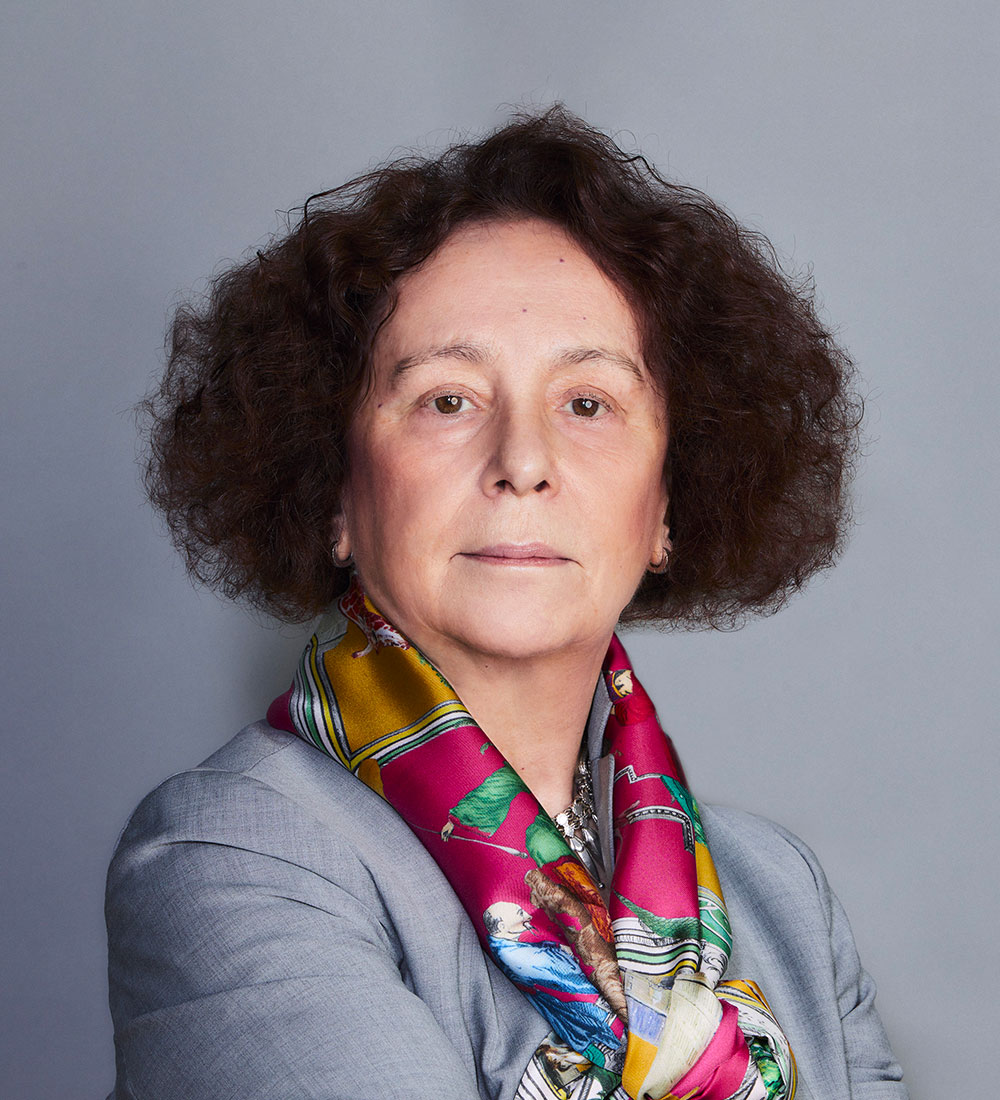
Water and food security are at the heart of Africa’s most pressing climate and development challenges. Across the continent, droughts are intensifying, rainfall patterns are shifting, marine and freshwater ecosystems are under pressure, and agricultural productivity faces mounting risks. In this context, securing access to water and food calls for bold rethinking of governance, investment, and cooperation—linking local strategies to regional and continental frameworks such as the African Continental Free Trade Area. This session will explore how African countries can embed sustainability, resilience, and equity into their water and food systems, drawing on African experiences. It will highlight the role of science, technology, and innovation in strengthening adaptation, while also addressing the political and institutional decisions that shape long-term transformation. The discussion will also consider how to avoid further fragmentation and ensure inclusive access to vital resources in a rapidly changing climate.
Guiding Questions:
Moderator

Speakers
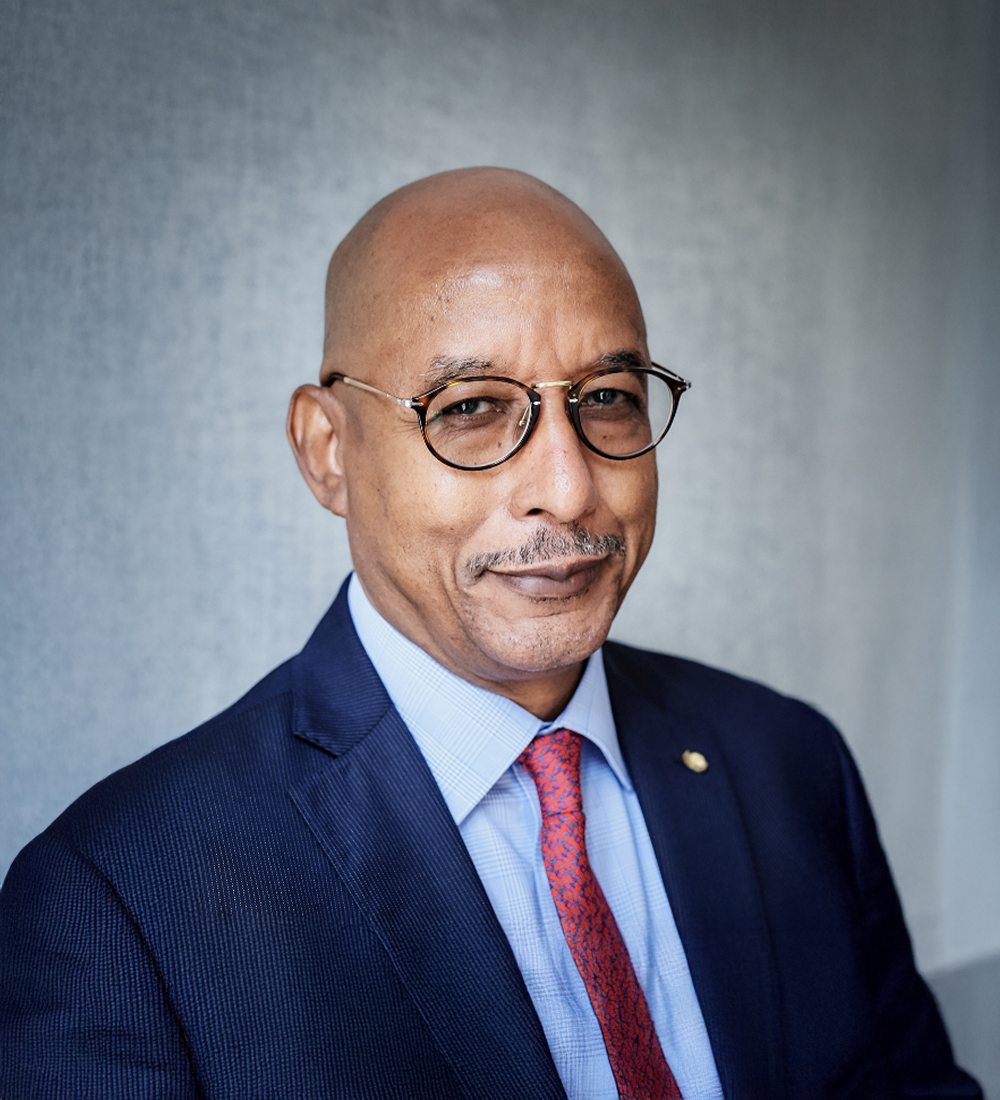
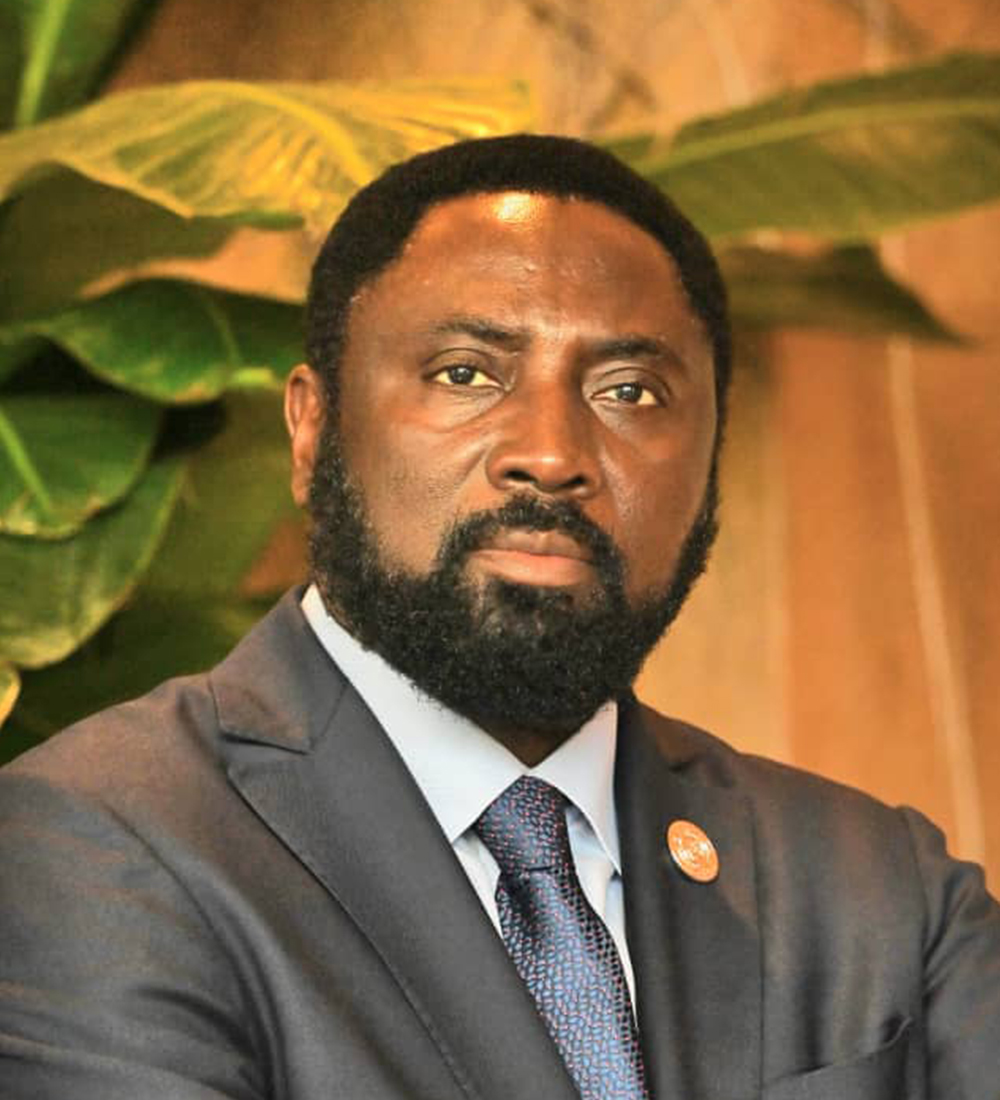
The reconfiguration of global power has given rise to a world less defined by collective norms than by competing self-interests. The post-Cold War liberal order has eroded into a fragmented and transactional landscape, where great powers instrumentalize interdependence and multilateralism increasingly reflect national calculus rather than shared purpose. In this evolving environment, Africa finds itself navigating a system that prizes strategic autonomy yet penalizes dependency, compelling states to recalibrate their external alignments and internal priorities.
This session will examine how African actors adapt to the realities of a self-interested global order, balancing pragmatic partnerships with the pursuit of continental agency. It will analyze how initiatives such as the African Continental Free Trade Area (AfCFTA), the AU’s reform agenda, and regional security mechanisms reflect both resilience and constraint. The discussion will also explore how Africa’s diversified relations, with China, Russia, the Gulf states, Europe, and emerging middle powers, reveal the tension between opportunity and vulnerability in a multipolar context.
The session asks whether Africa’s growing geopolitical relevance translates into genuine autonomy or whether the continent risks navigating alone, caught between global competition and limited solidarity.
Guiding Questions:
Moderator
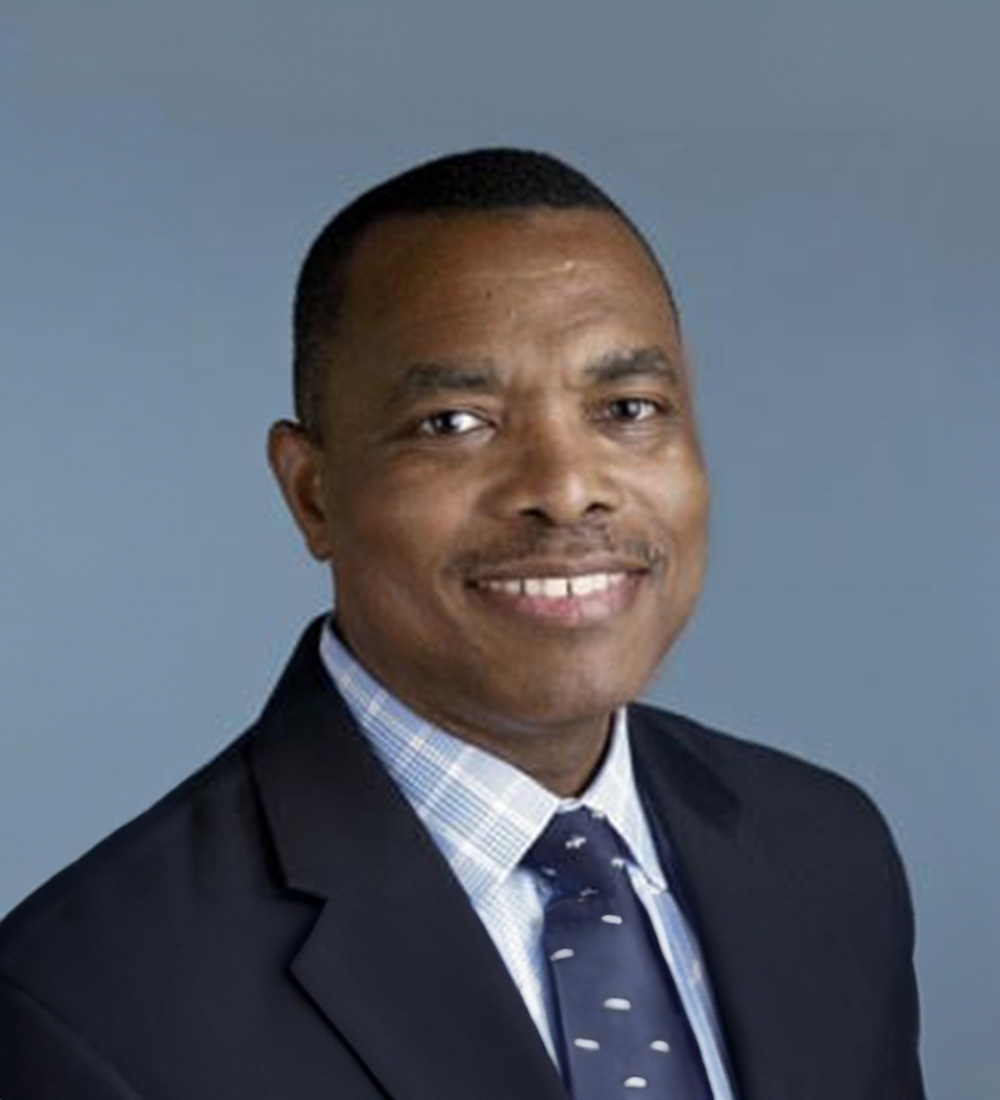
Editorial Director, Diversity & Culture, Politico
USA
Speakers
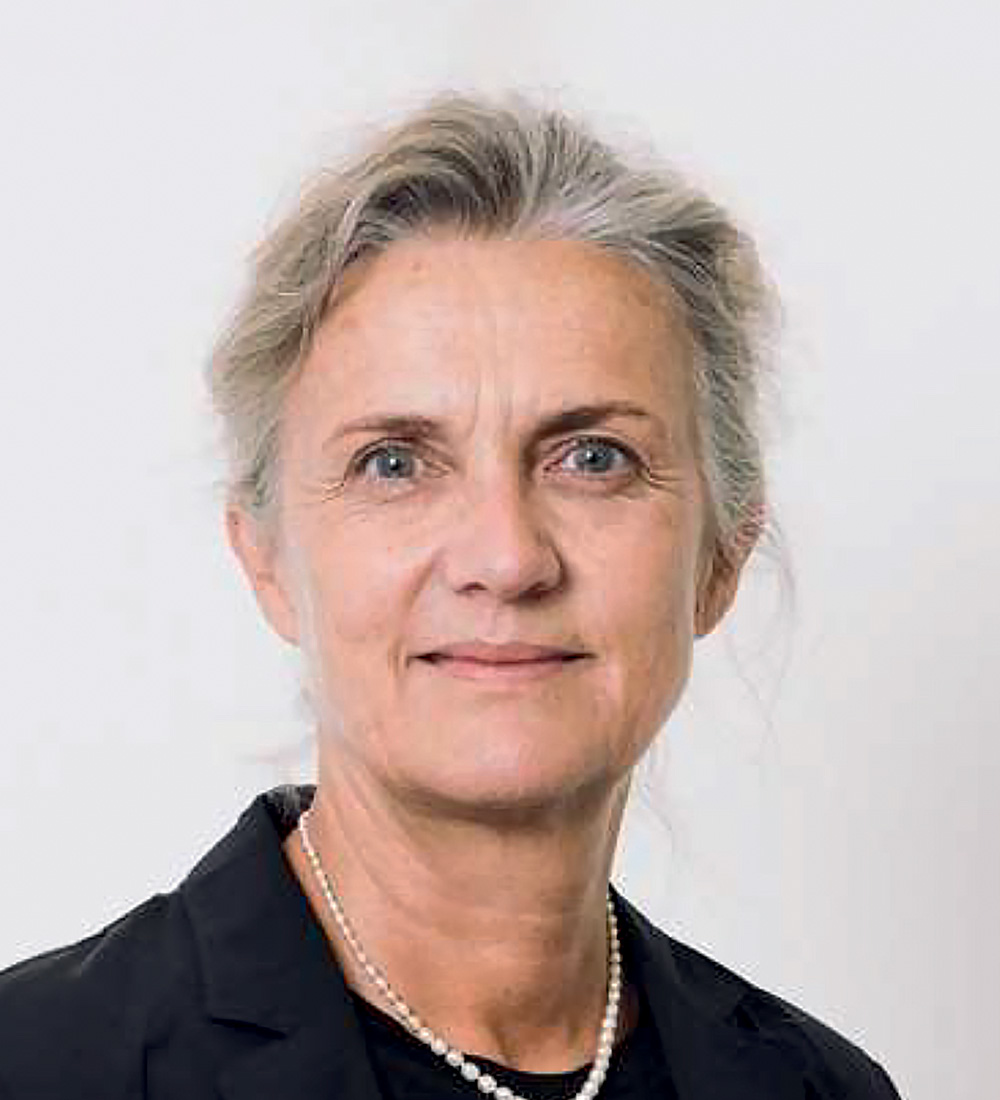
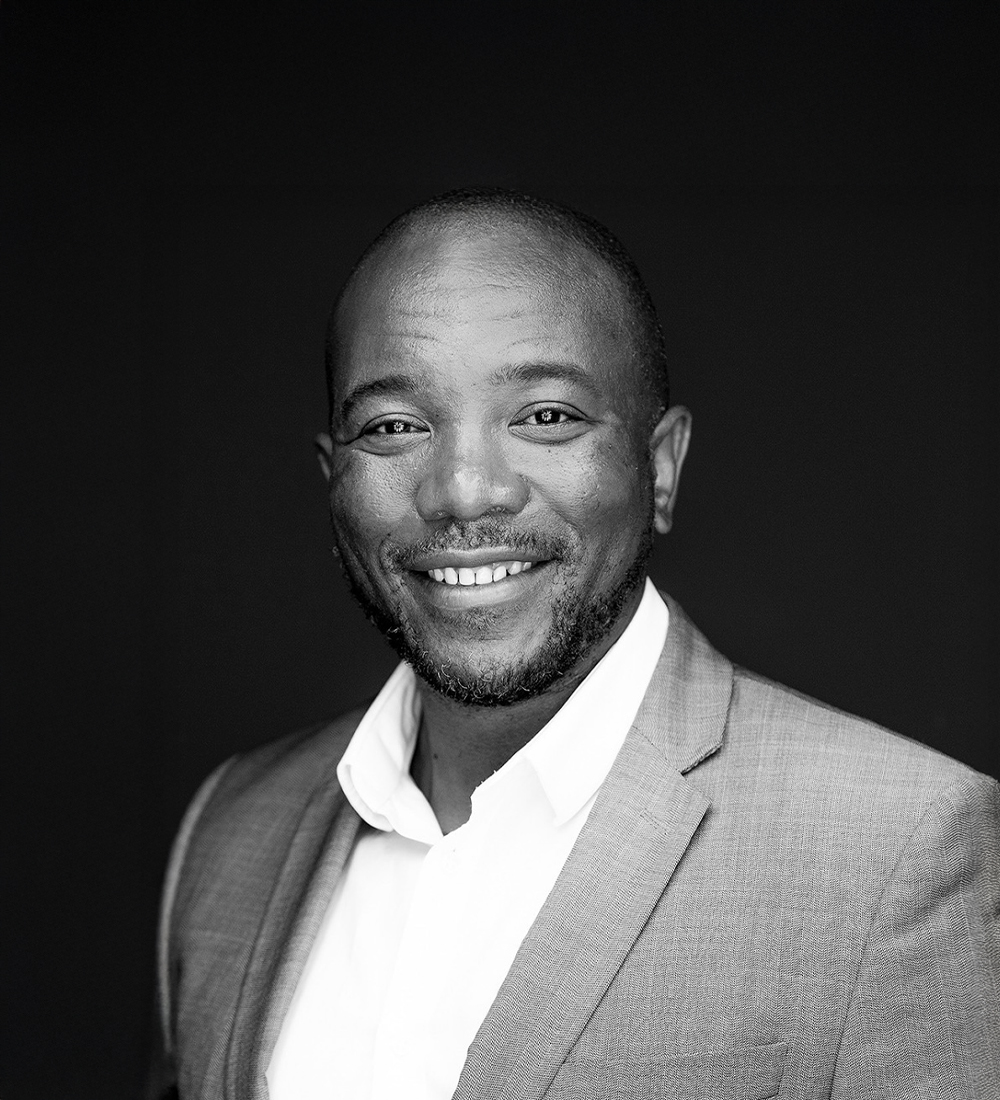
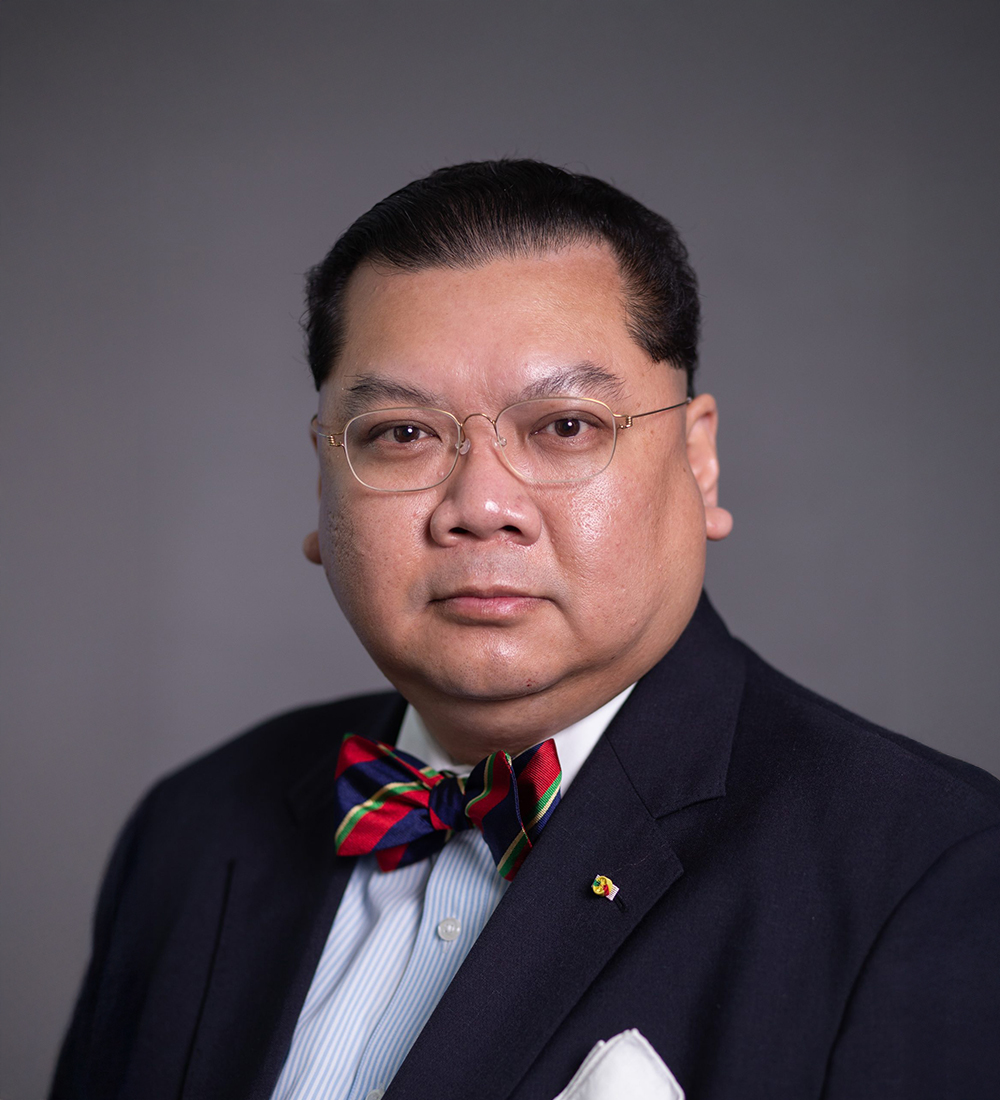
Distinguished Fellow, Atlantic Council
USA
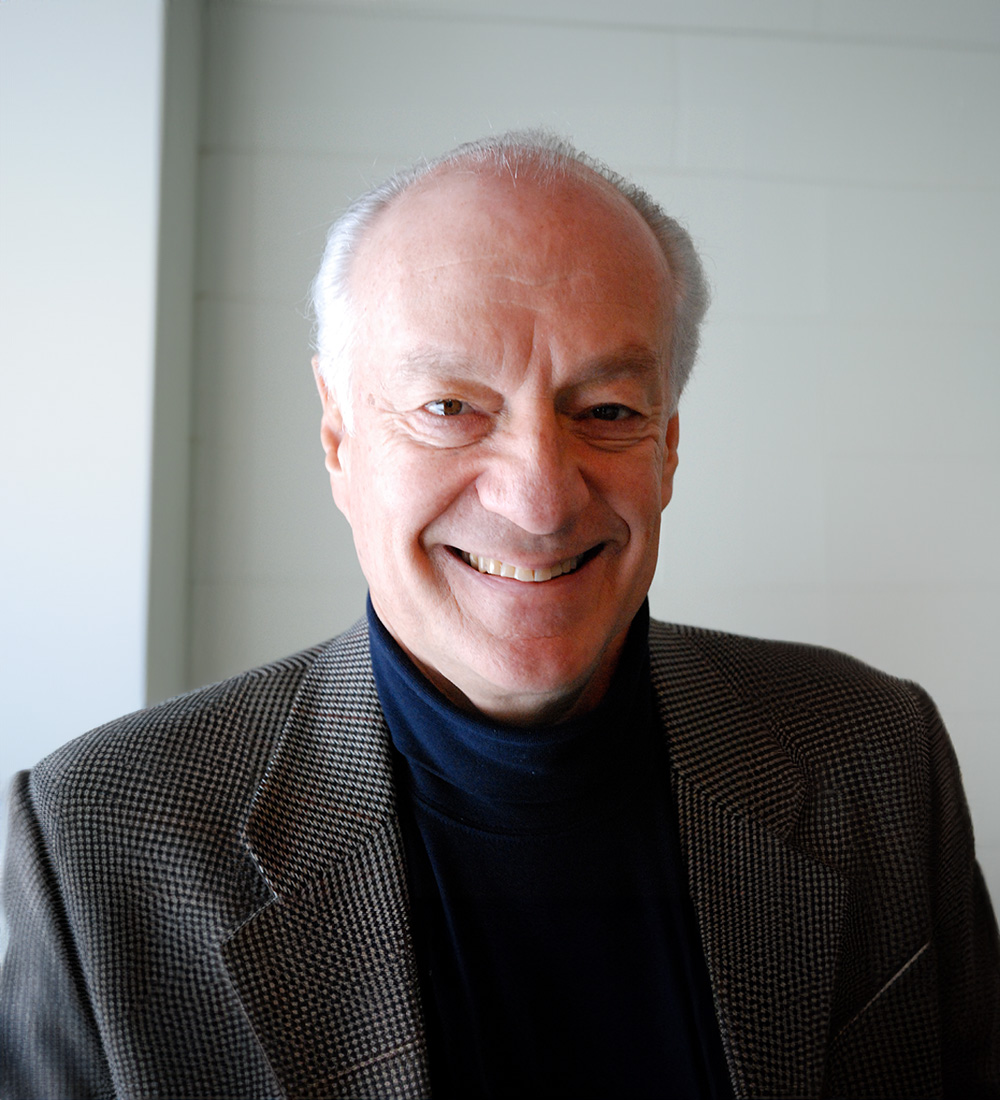
As global decarbonization efforts intensify, the transition is increasingly defined by differentiated national trajectories. While the objective of net-zero emissions is shared, countries face distinct structural constraints, including economic volatility, energy security concerns, governance capacity, and technological readiness, that shape their options and sequencing. This diversity is producing a multi-speed transition in which pathways vary considerably across regions. This session will examine how these varied approaches are reshaping the international climate landscape. It will explore the implications of differentiated transitions for global coordination, cross-border energy and industrial systems, and the credibility of long-term climate commitments. Particular attention will be given to the institutional mechanisms that can sustain progress in contexts marked by political uncertainty, uneven access to finance, and exposure to climate shocks. By focusing on practical implementation realities, the session aims to identify the conditions under which multiple decarbonization journeys can remain compatible with a coherent global objective.
Guiding Questions:
Moderator

Speakers
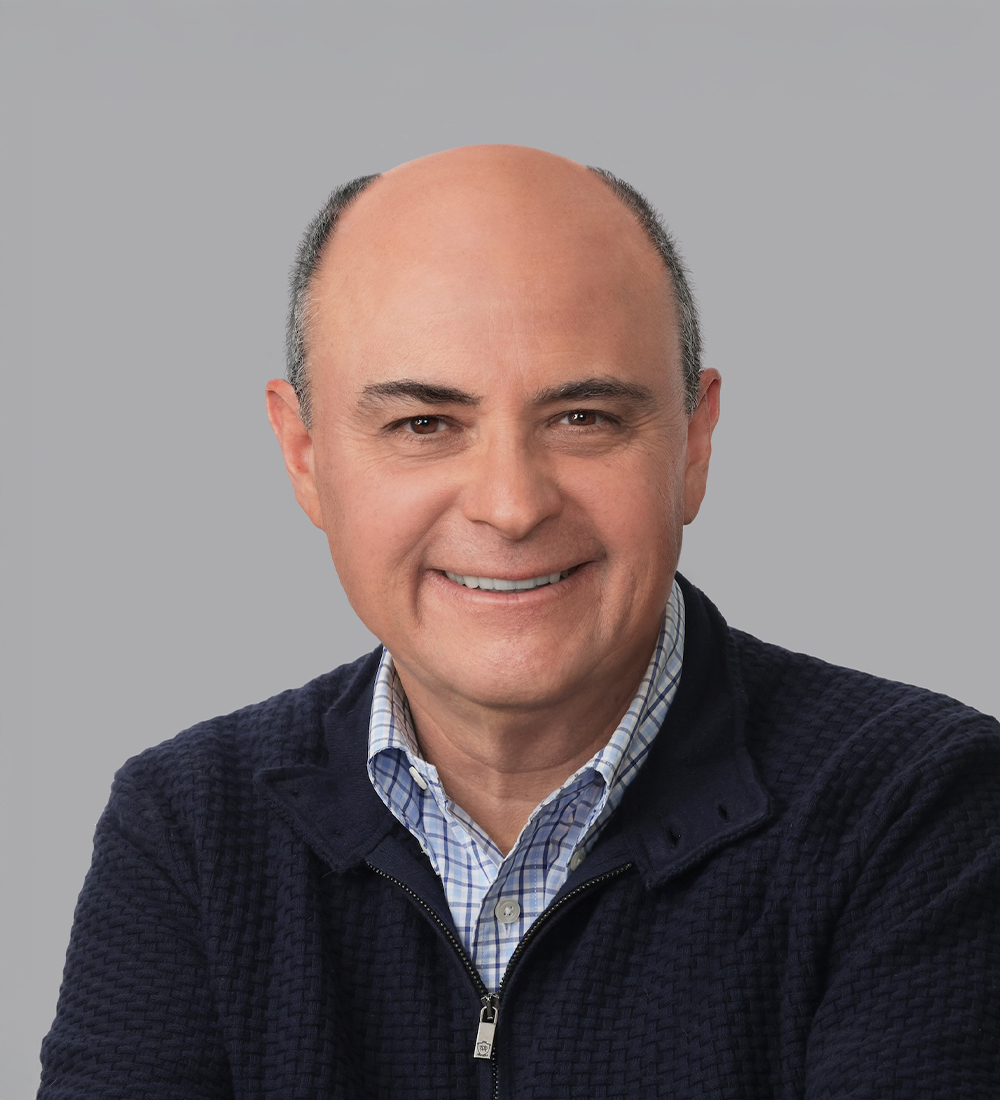
Former President, Mexican Council on Foreign Relation
Mexico

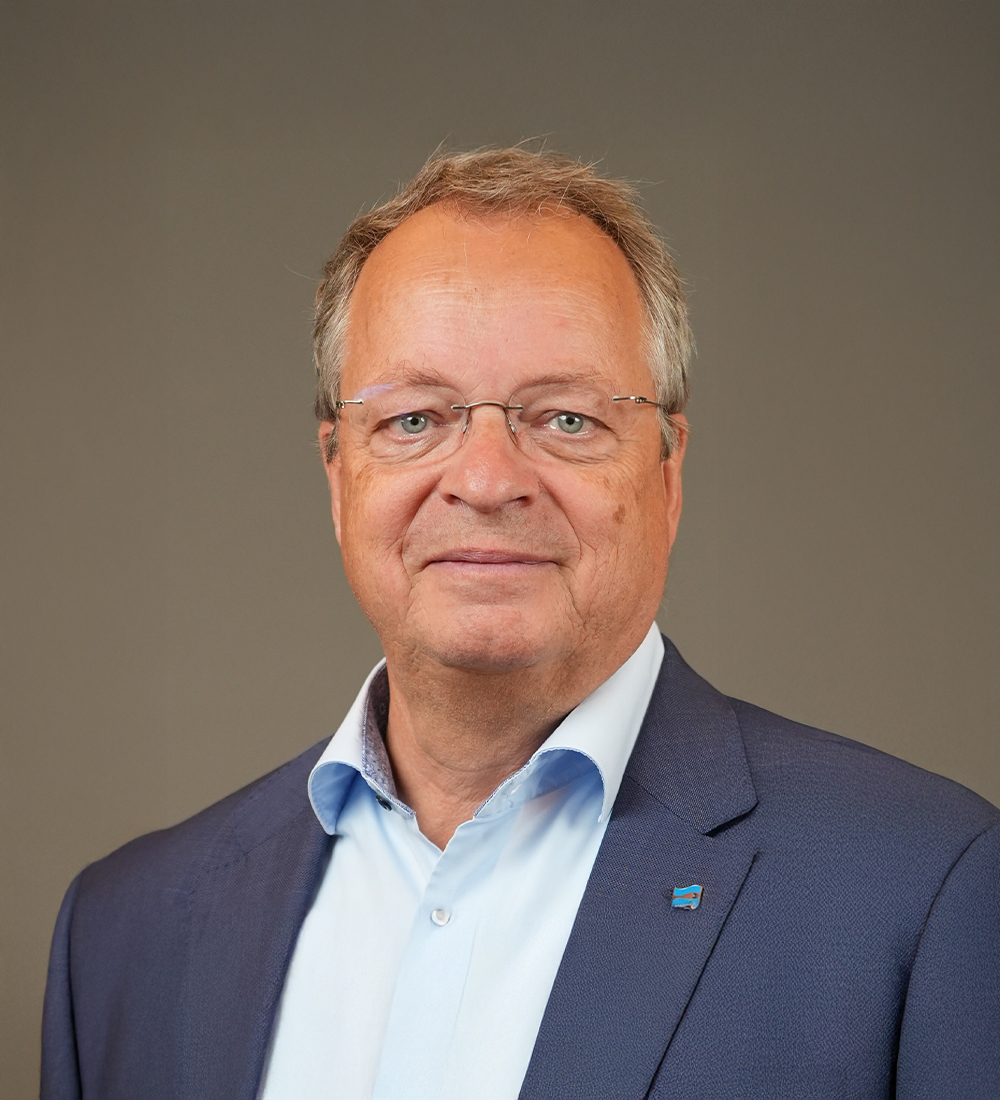
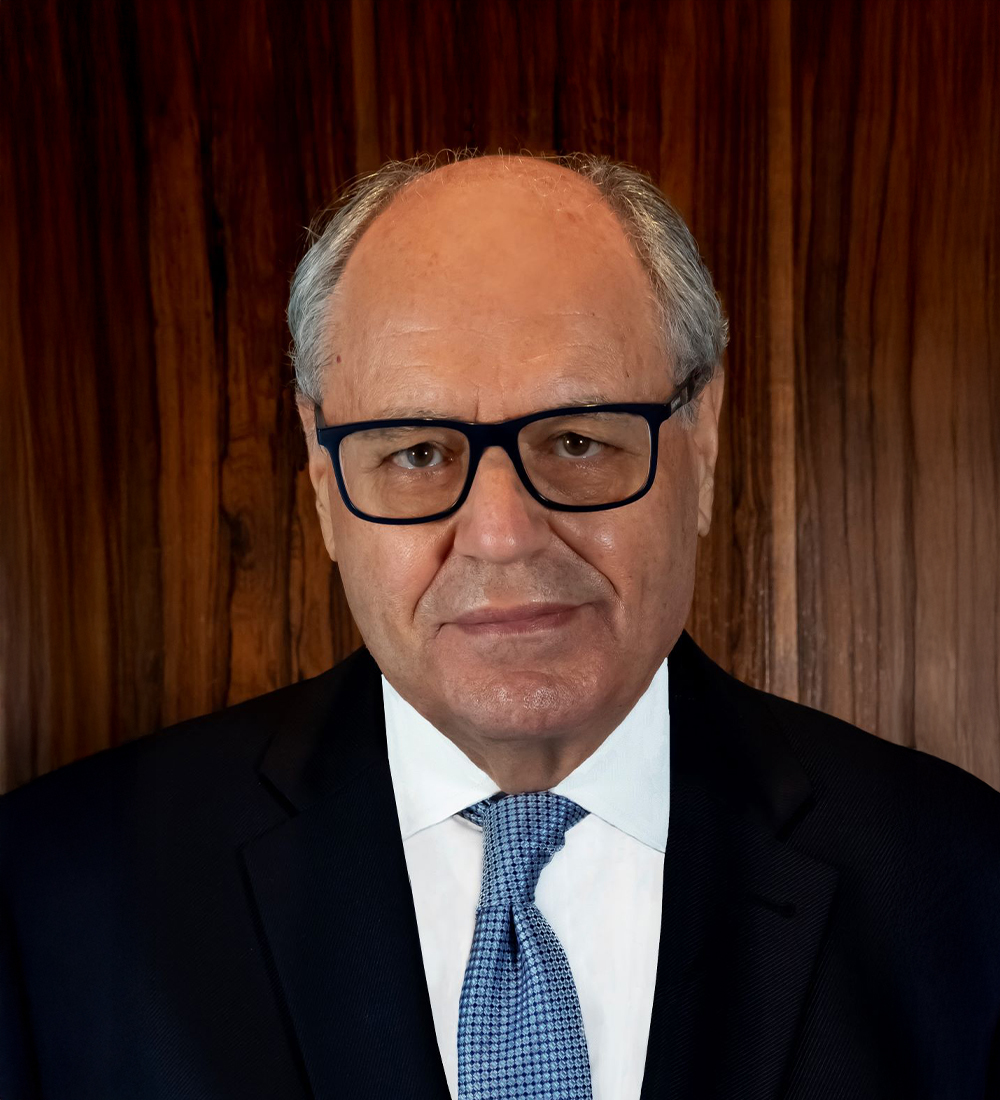
This session explores the interconnection between robust social safety nets and quality education as cornerstones of inclusive and resilient societies. It will examine how integrated policy frameworks can address vulnerabilities, foster human capital, and sustain socio-economic progress amid recurrent shocks. Linking social protection instruments, such as cash transfers, school feeding programs, and scholarships, to educational outcomes can enhance equity and adaptive capacity. Drawing on diverse national experiences, the discussion will identify practical lessons and innovative models that bridge these two domains. Ultimately, the session highlights how greater policy coherence between social protection and education can reduce intergenerational poverty, promote social mobility, and strengthen societal resilience.
Guiding Questions:
Moderator

Speakers
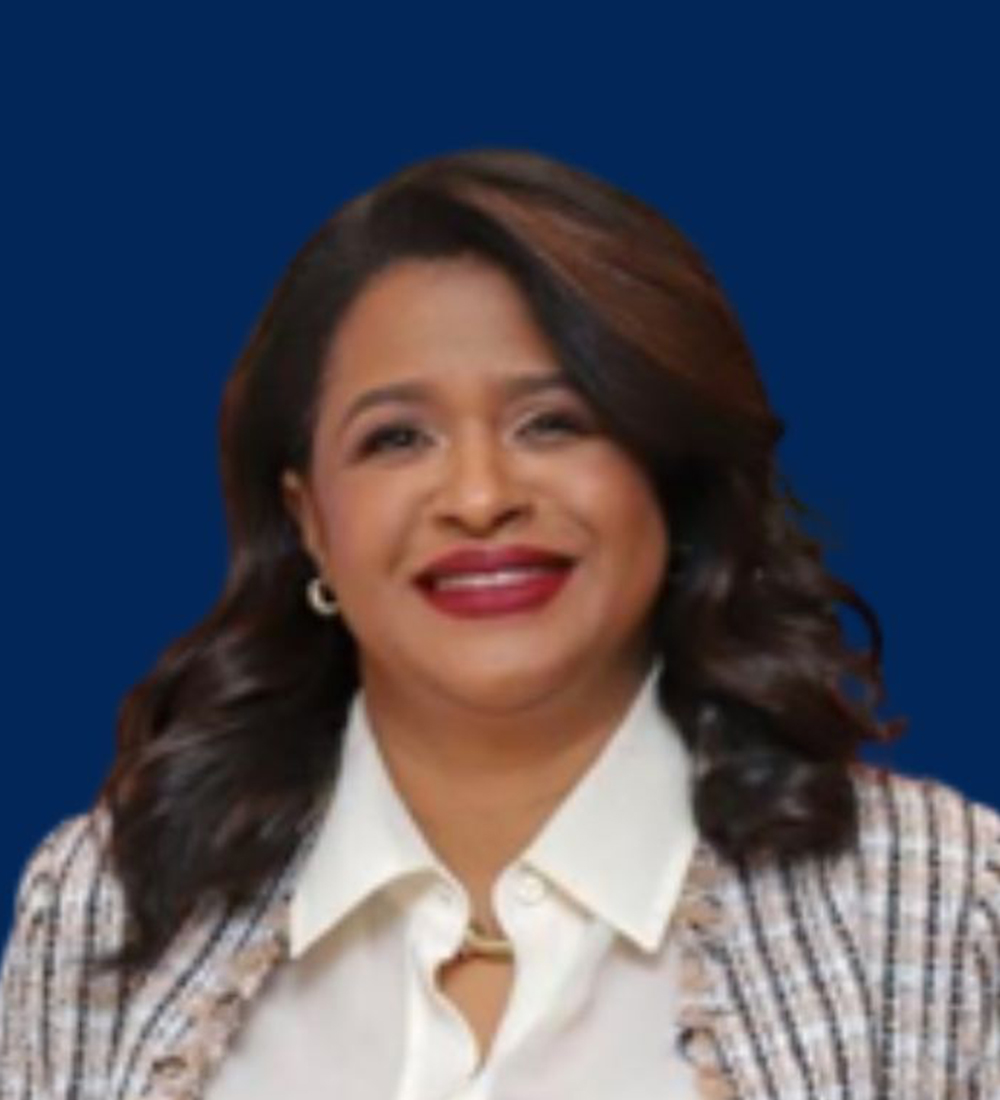
This session examines how extreme wealth concentration shapes global governance and policy frameworks. It will analyze the various channels through which the ultra-rich exert influence across key sectors such as finance, trade, technology, and climate action. The discussion will consider both direct and indirect mechanisms, including philanthropy, lobbying, investment patterns, and transnational private networks. By fostering an evidence-based and balanced exchange, the session seeks to understand how these dynamics affect democratic accountability, equity, and the pursuit of collective goals. Participants will also reflect on whether current governance models remain adequate to ensure transparency, inclusiveness, and the protection of the public interest in an increasingly interconnected world.
Guiding Questions:
Moderator
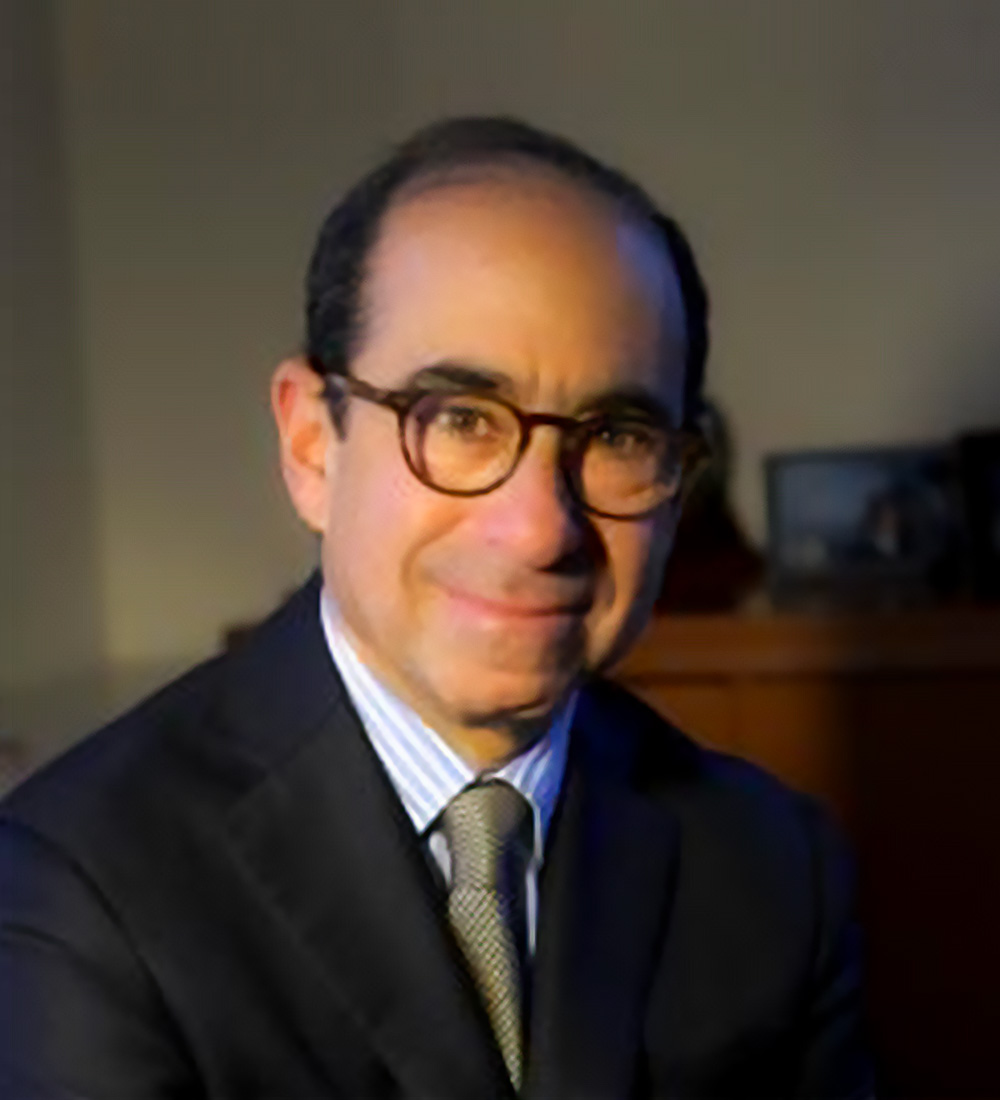
Senior Fellow, Policy Center for the New South
USA
Speakers

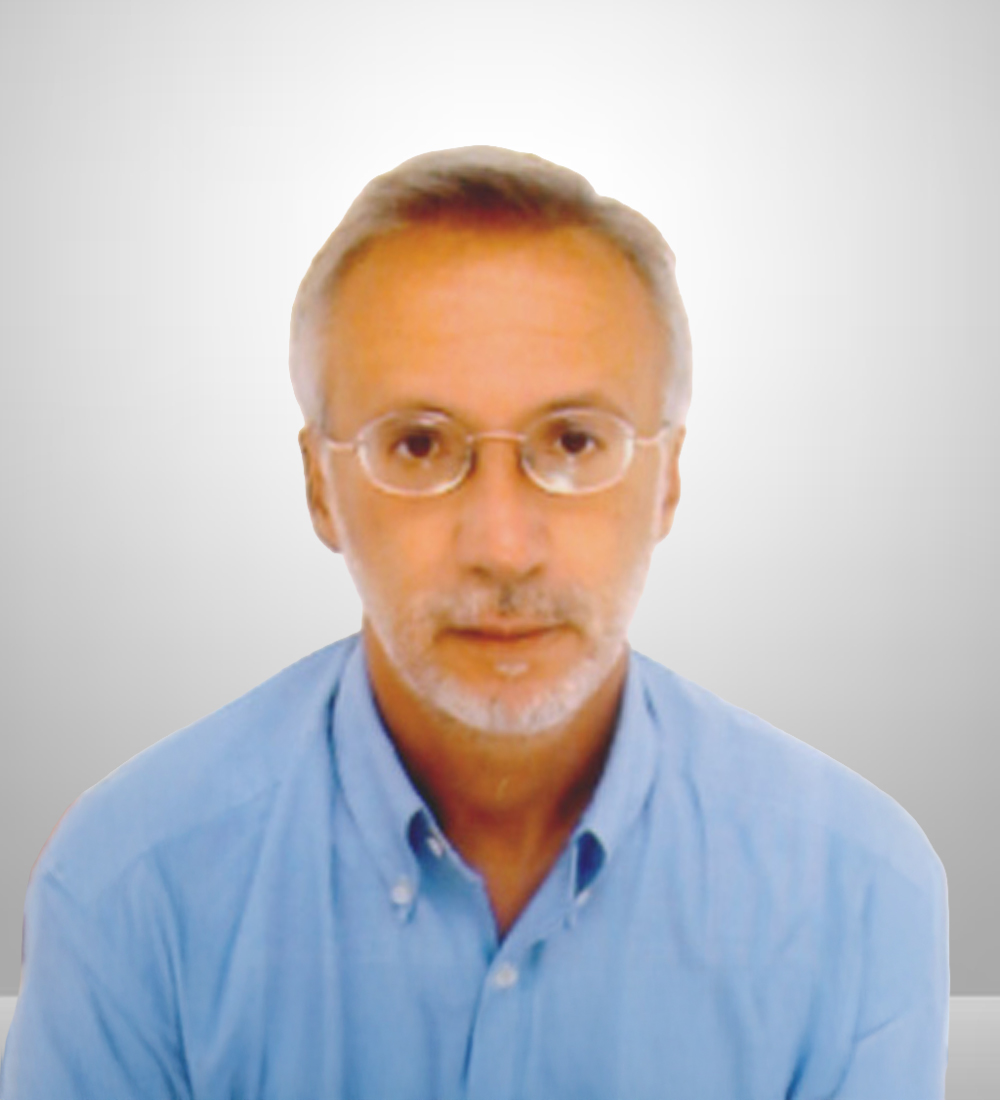
Director, Center for Studies in Integration and Development
Brazil
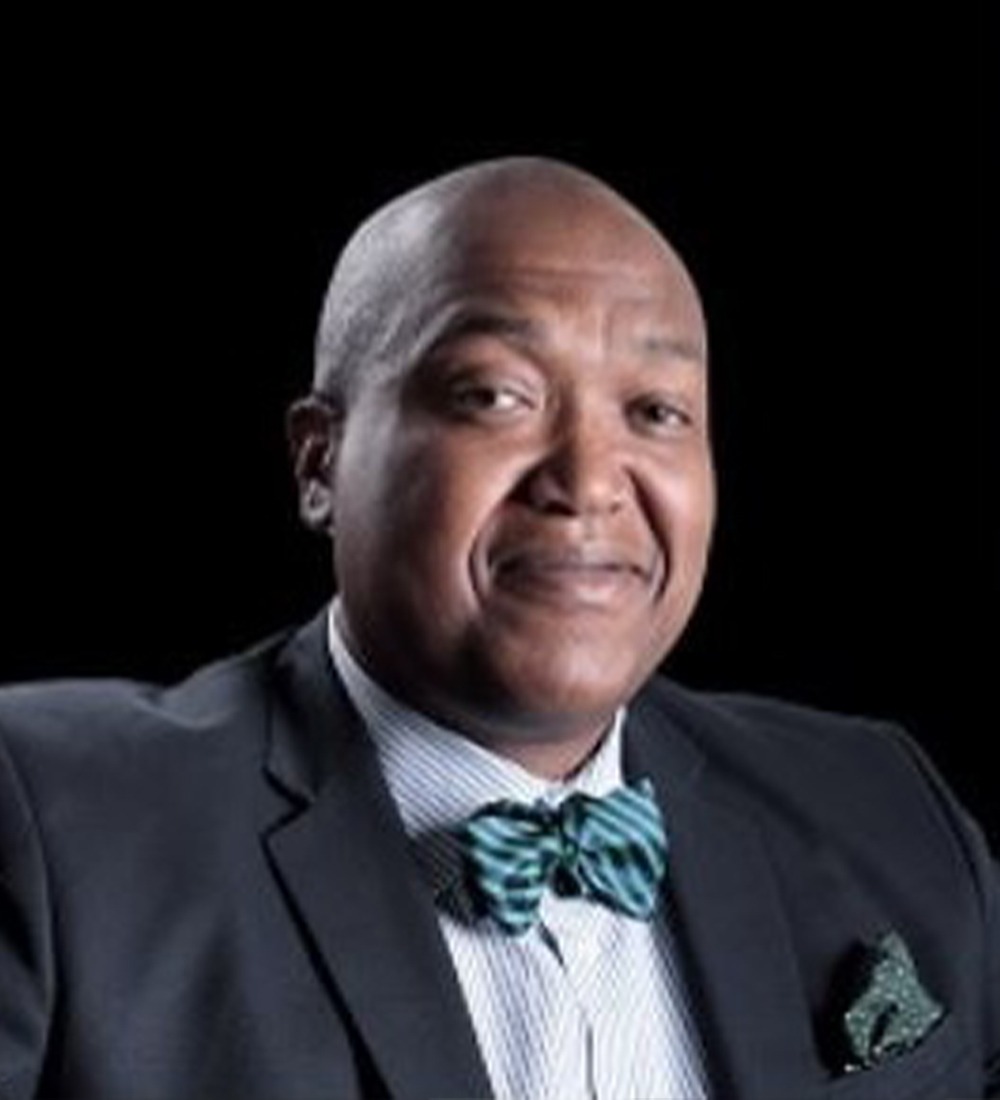
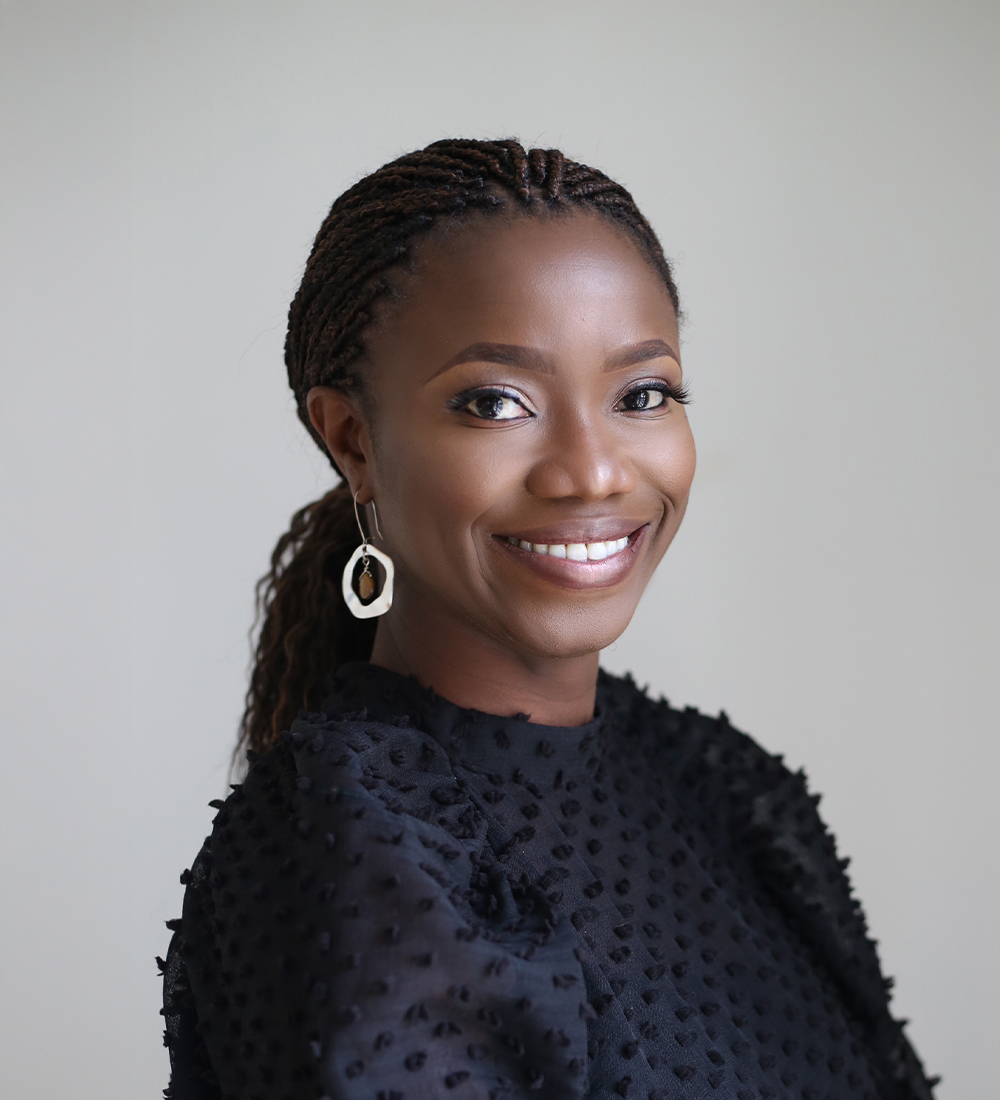
The Atlantic basin presents a landscape of profound demographic contrasts. While nations in the Global North grapple with the economic and social implications of aging populations, shrinking workforces, and increasing pressure on social welfare systems, many countries in the Global South are characterized by a significant youth bulge. This youthful dynamism offers the potential for a demographic dividend but simultaneously poses critical challenges related to education, employment, and social inclusion. These divergent trajectories are not isolated; they are deeply interconnected through migration patterns, capital flows, and evolving labor markets that reshape societies on all shores of the Atlantic. This session will dissect these demographic realities, exploring their far-reaching consequences for economic growth, political stability, and interregional cooperation. The discussion will aim to identify forward-looking policy approaches to transform these demographic shifts from sources of strain into drivers of shared, sustainable prosperity.
Guiding Questions:
Moderator

Speakers
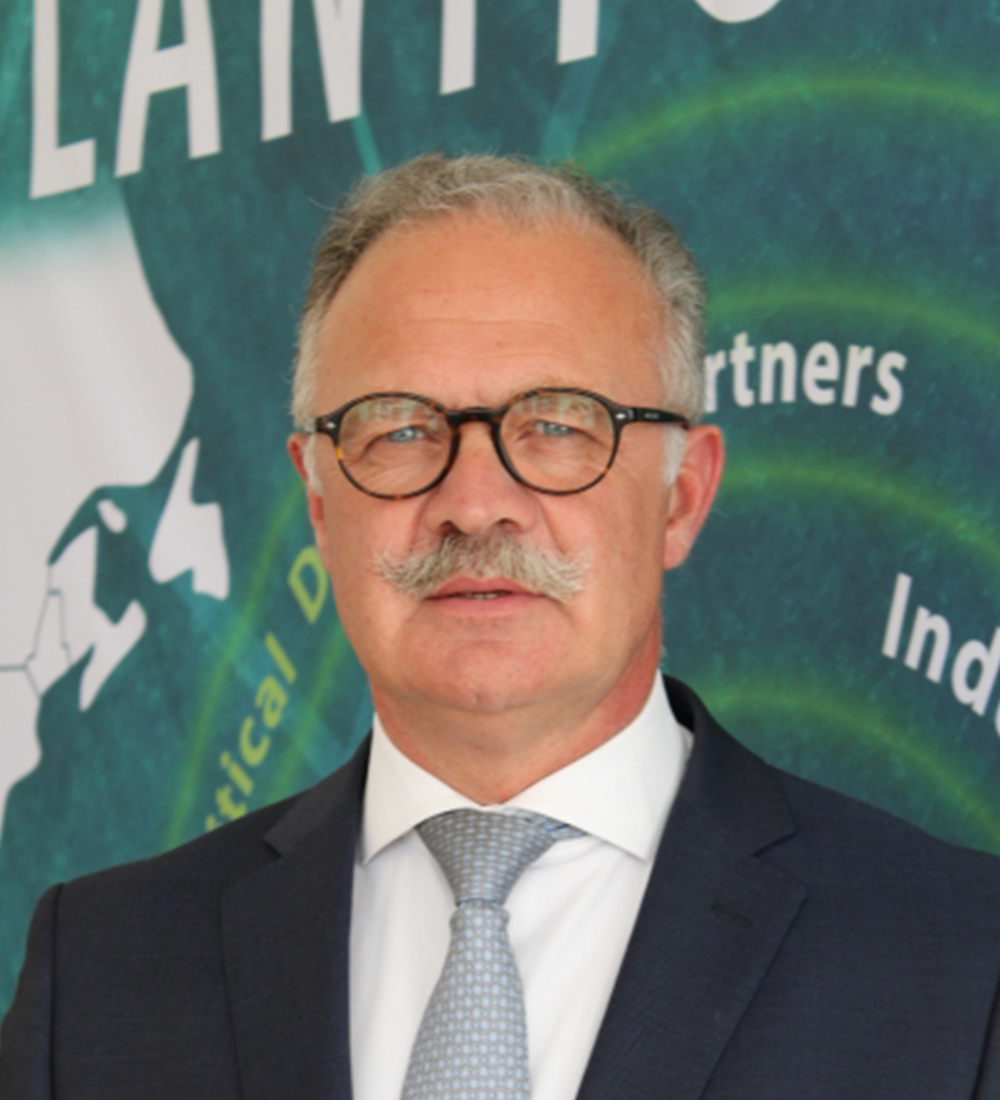
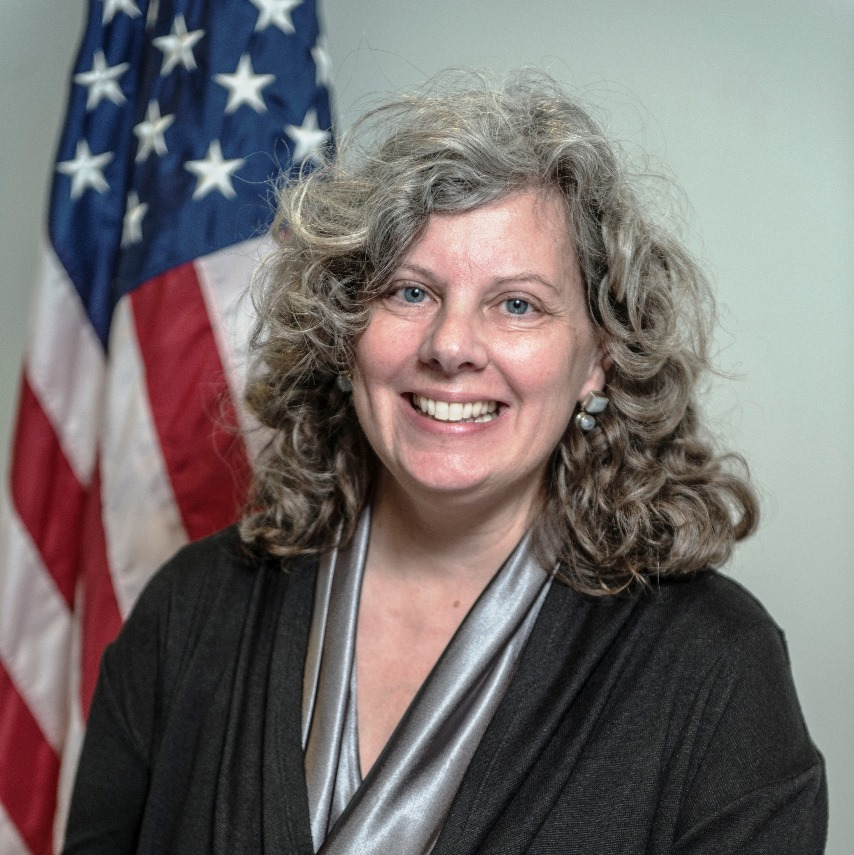
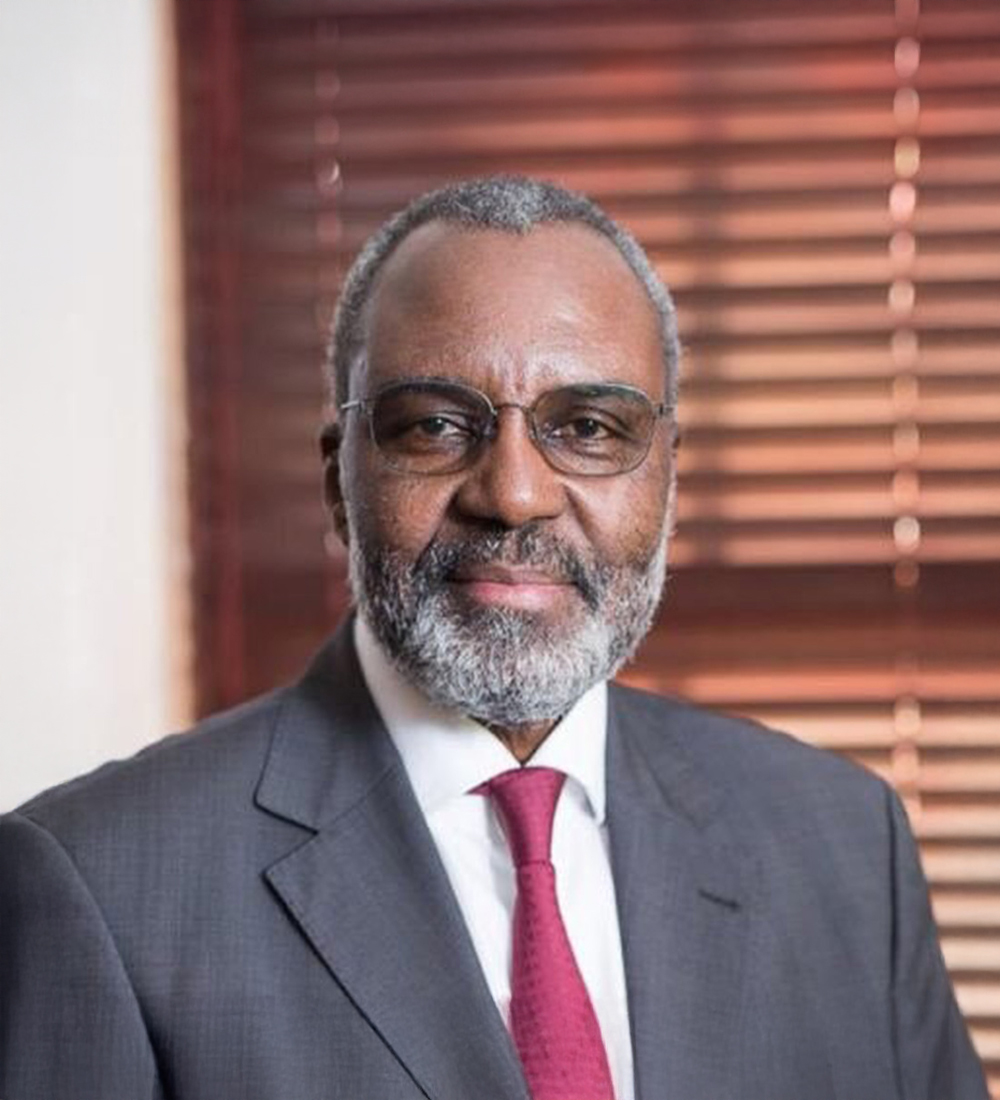

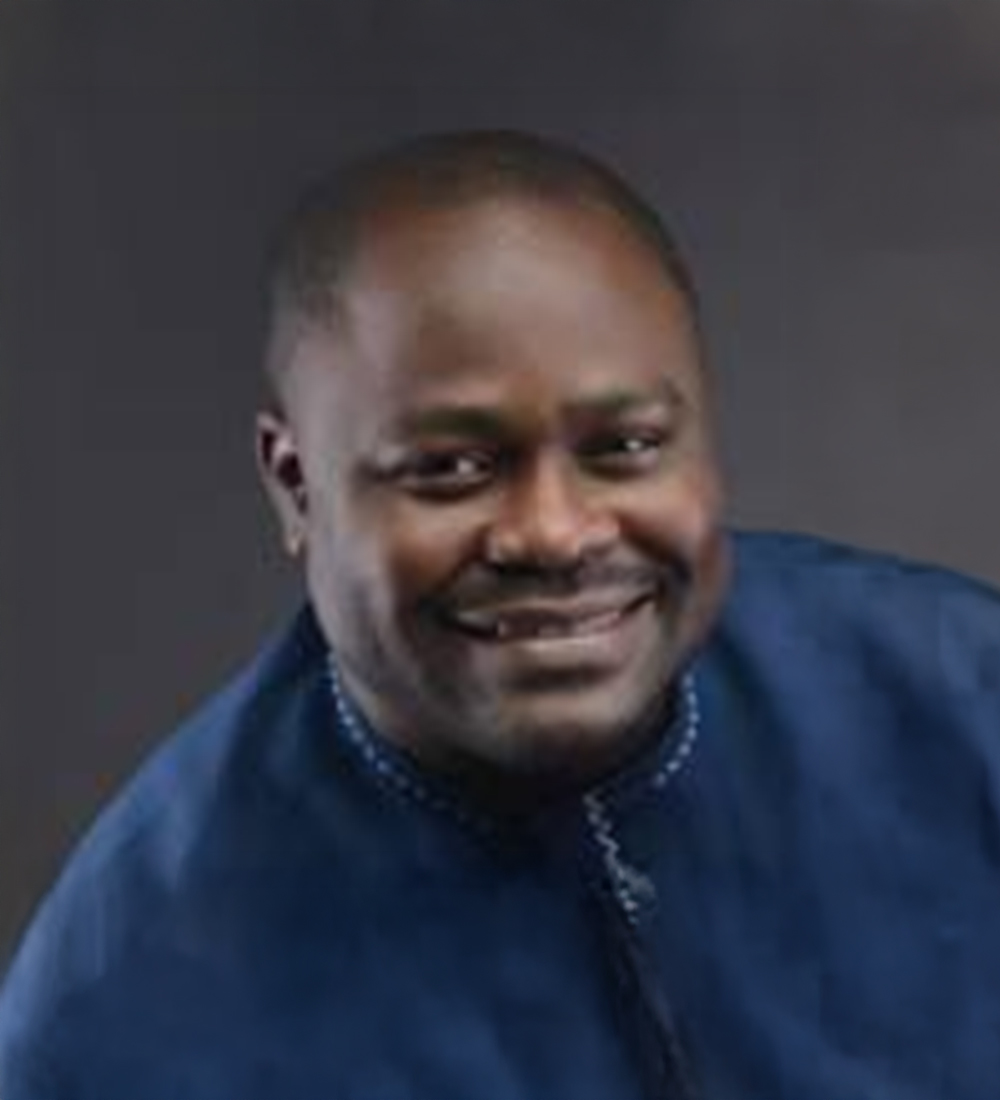
The accelerating global energy transition is reshaping the balance between climate imperatives, resource security, and geopolitical stability. As countries commit to decarbonization, demand for critical minerals, renewable technologies, and new infrastructure is growing, creating both opportunities and vulnerabilities. At the same time, the geopolitics of traditional energy resources remain highly relevant, with shifting trade flows, contested supply chains, and exposure to external shocks. This trilemma, pursuing decarbonization while ensuring secure access to resources and minimizing strategic dependence, poses difficult trade-offs for policymakers, businesses, and international institutions. This Night Owl session will explore the structural tensions at the intersection of energy, climate, and geopolitics. Discussions will consider how different regions are navigating these competing pressures, and what policy frameworks or cooperative mechanisms may mitigate risks while sustaining momentum toward a low-carbon global economy.
Guiding Questions:
Moderator
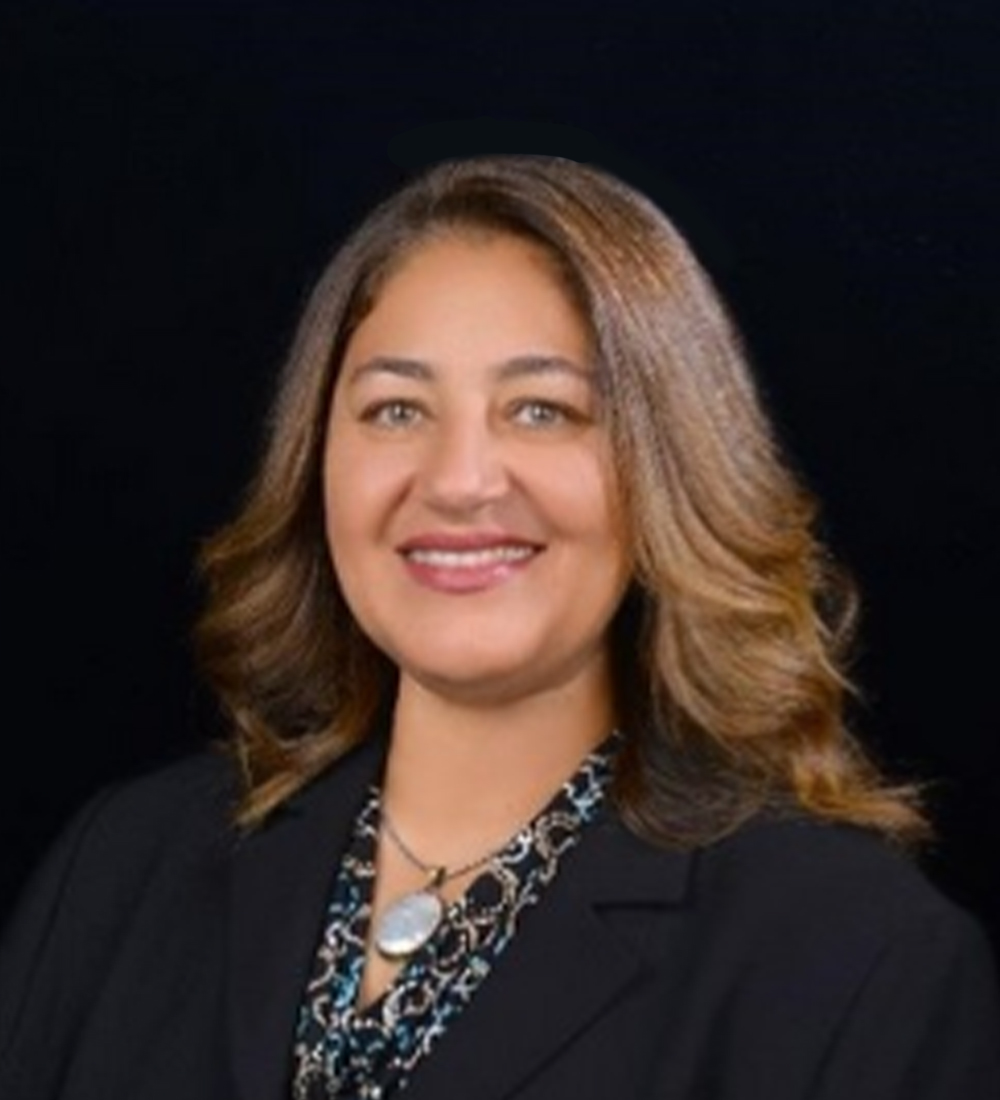
Speakers
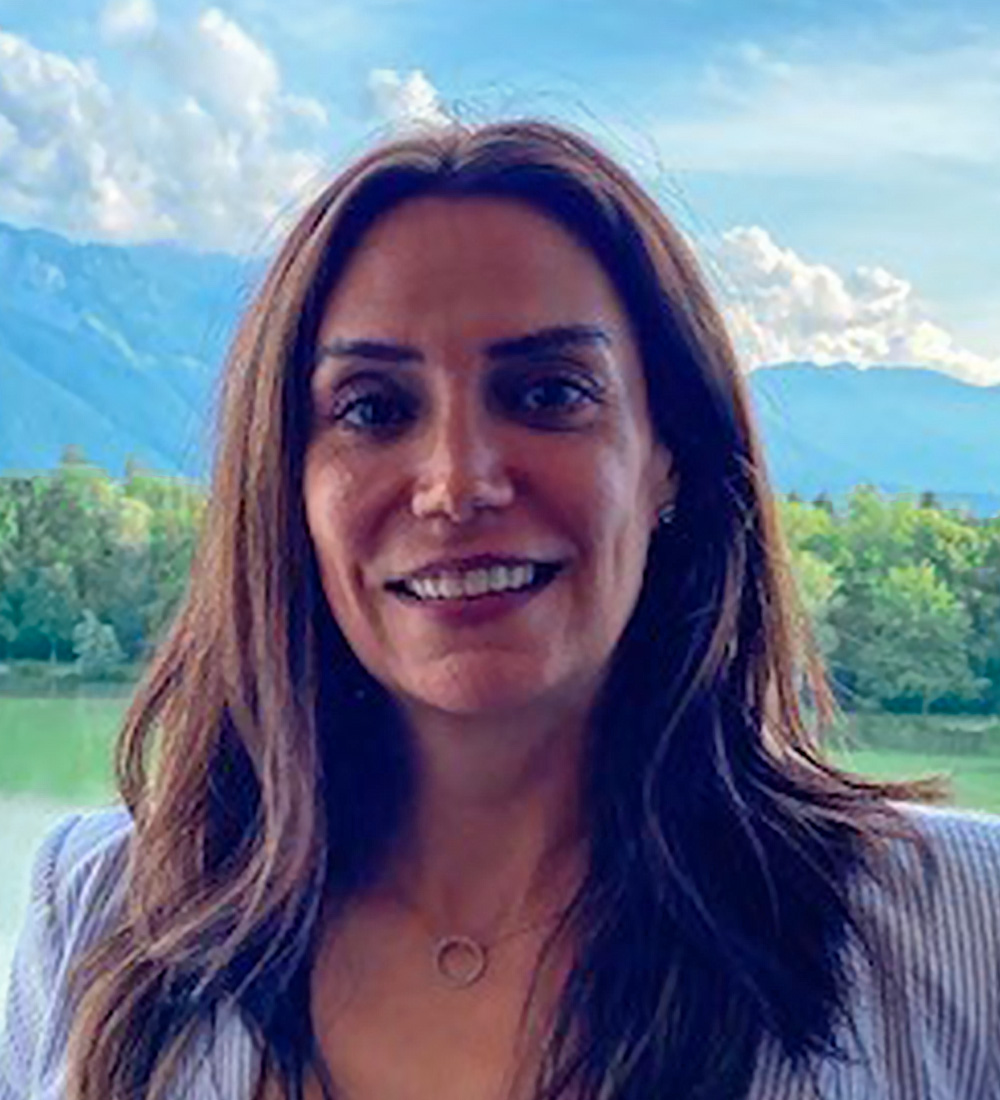
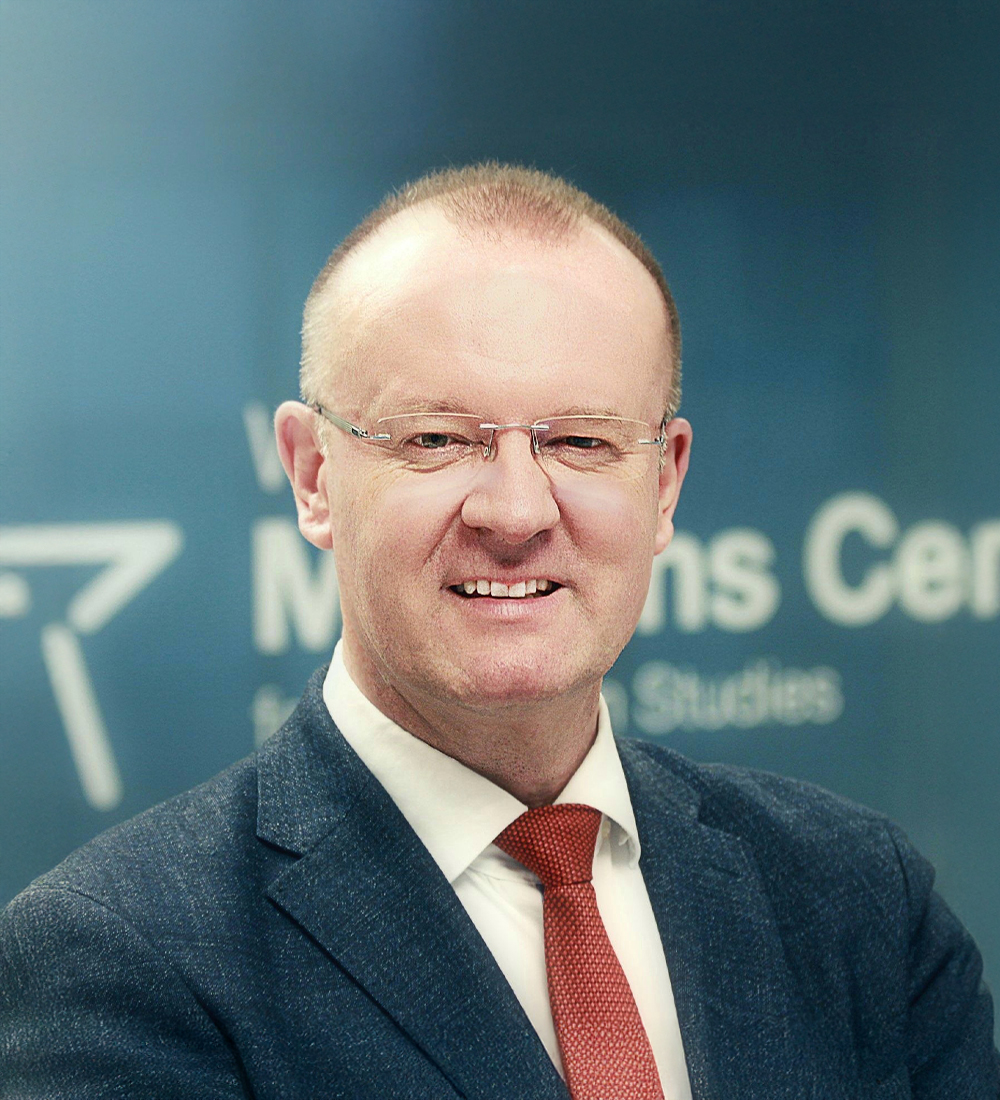
Policy Director, Martens Centre
Germany
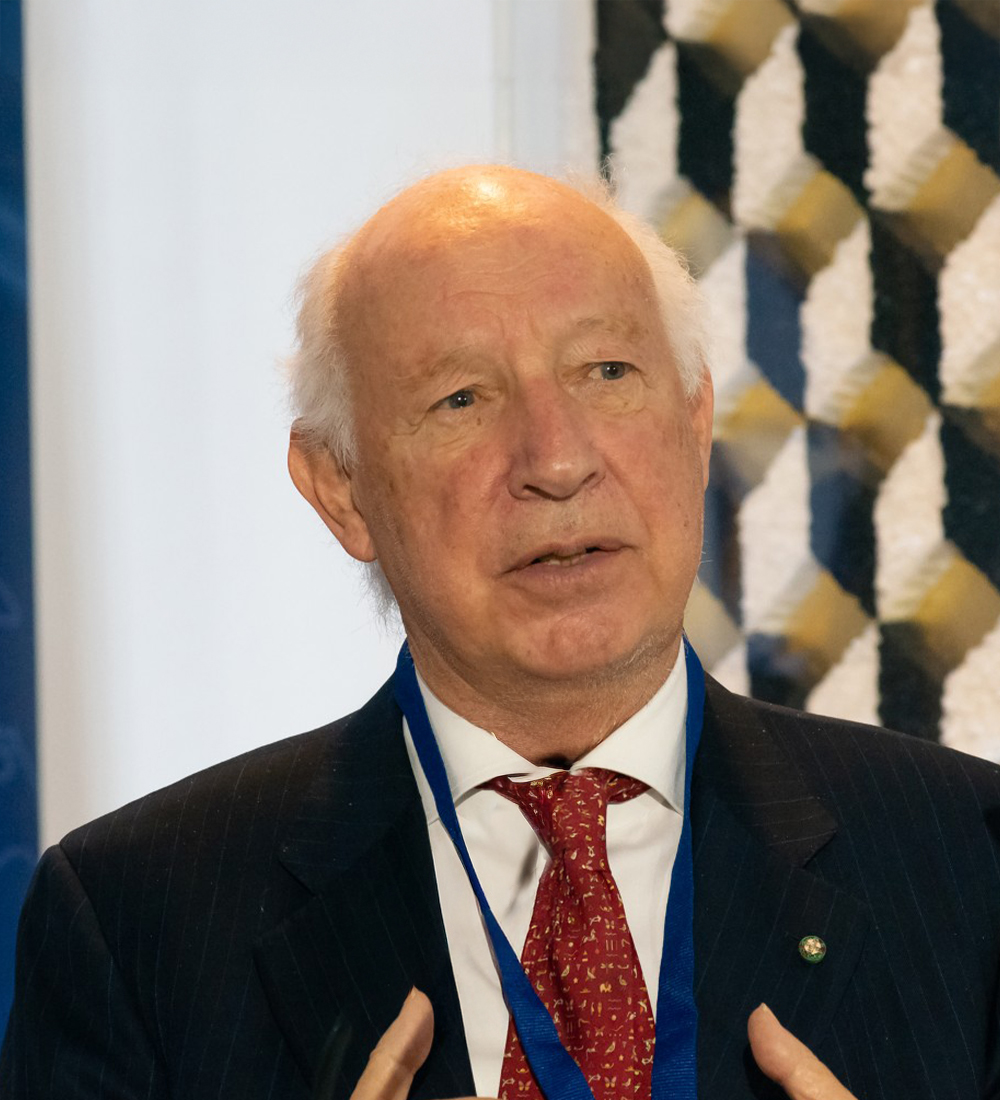
President, NATO Defense College Foundation
Italy

The “America First” policy, central to the Trump administration, has reshaped US foreign and domestic policy with far-reaching global consequences. From redefining official development assistance, trade agreements, and alliances to influencing migration policies, climate negotiations, and AI governance, its impact has been profound and wide-ranging. This session will explore how this policy has challenged traditional diplomatic norms and prompted other countries to rethink their engagement strategies with the United States. By examining both the disruptions it caused and the strategic recalibrations it inspired worldwide, participants will gain insight into how “America First” may be one of the most era-defining policy approaches of recent times, shaping global relations and prompting experimentation in international cooperation and negotiation.
Guiding Questions:
Moderator
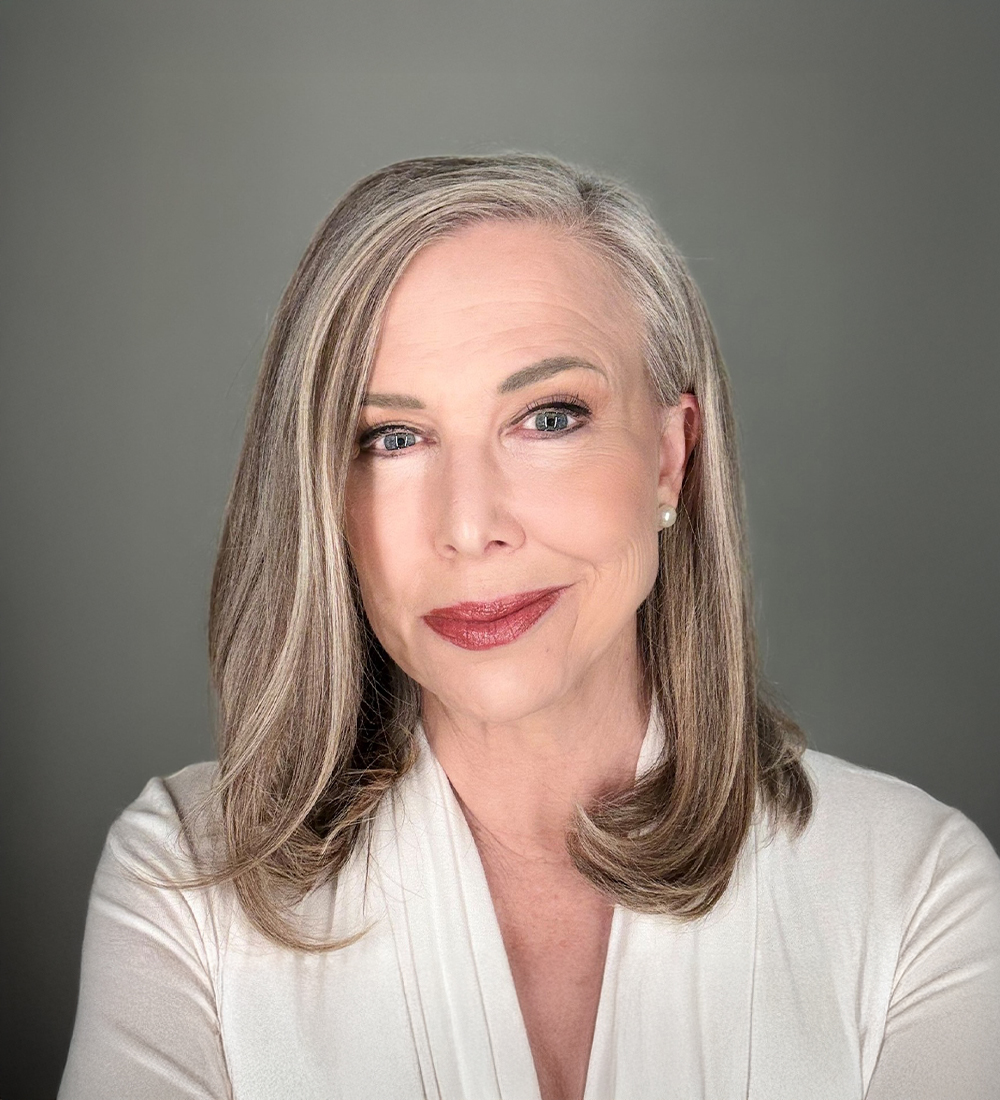
Speakers
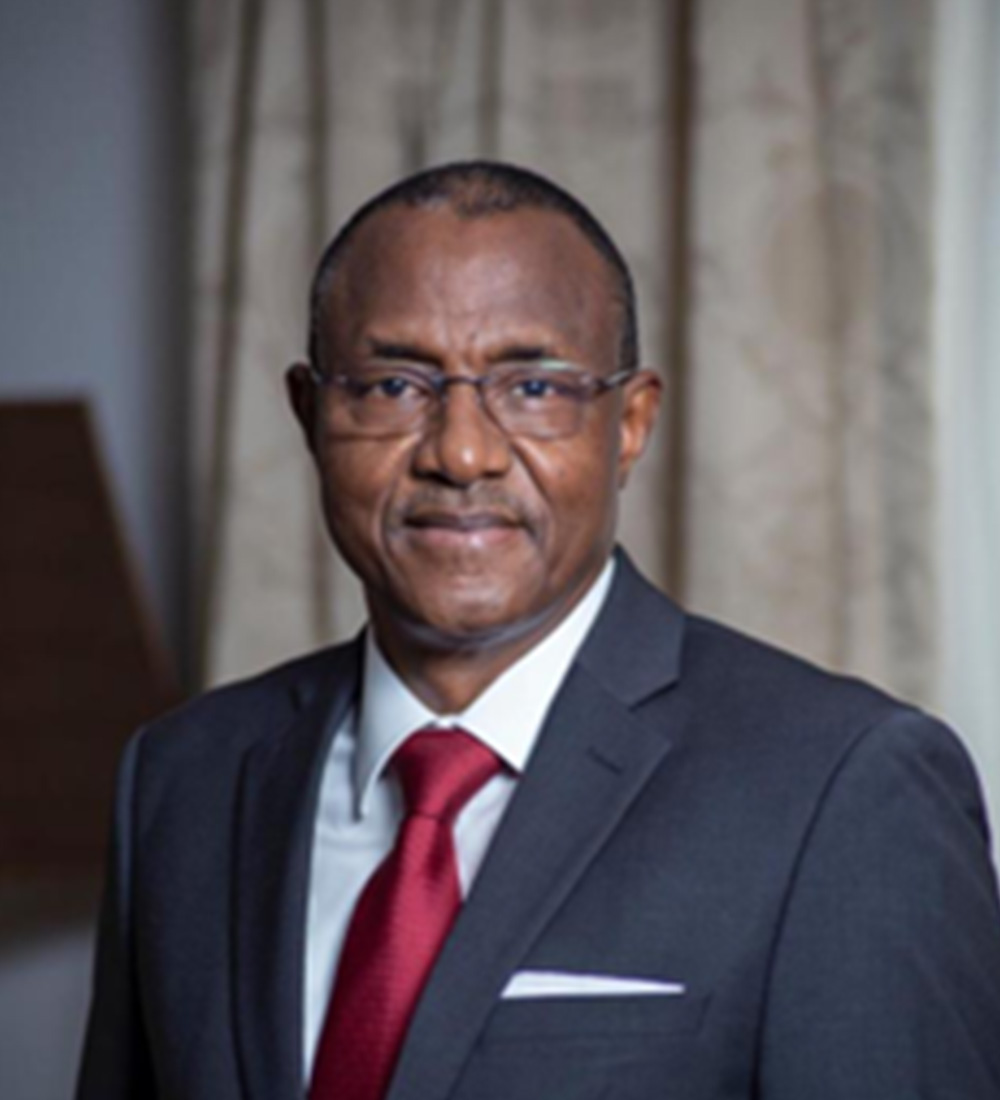
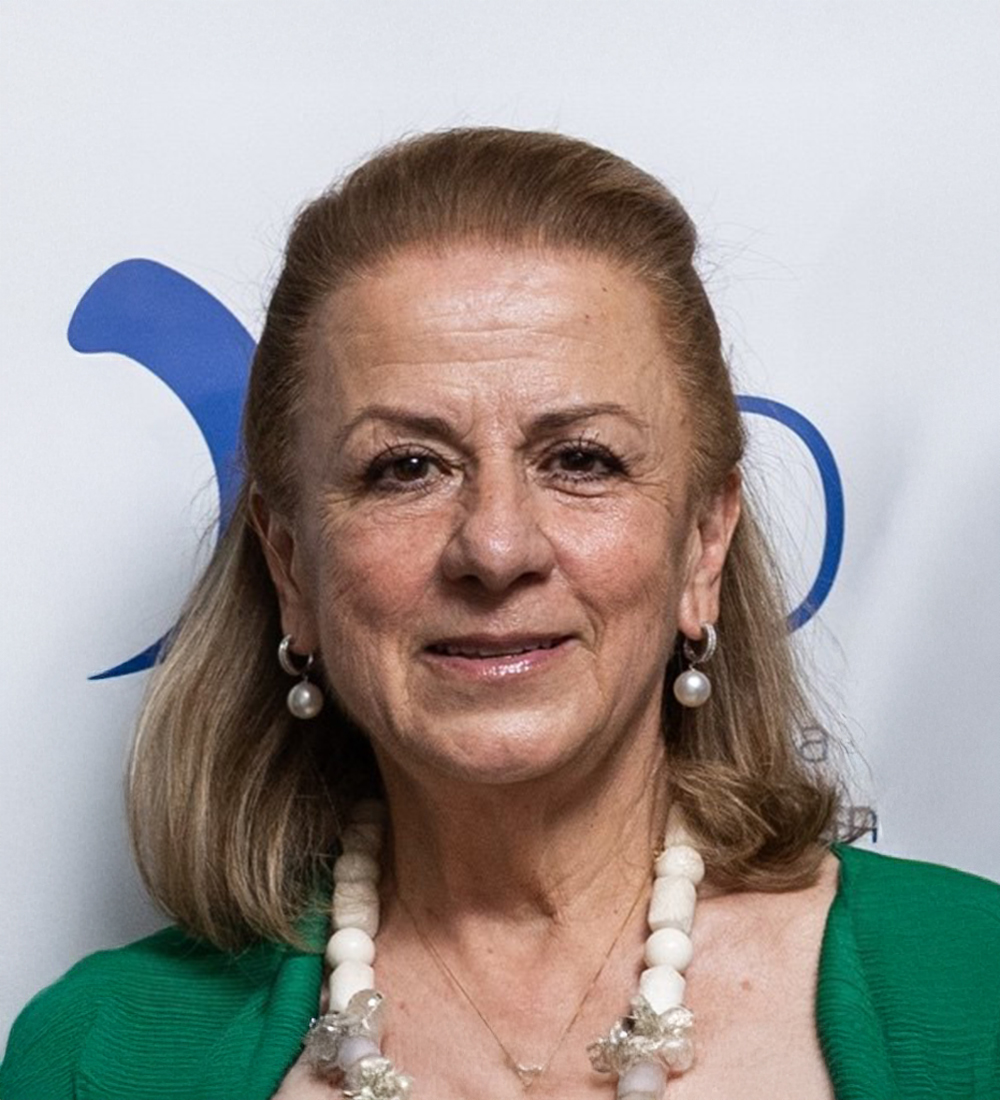
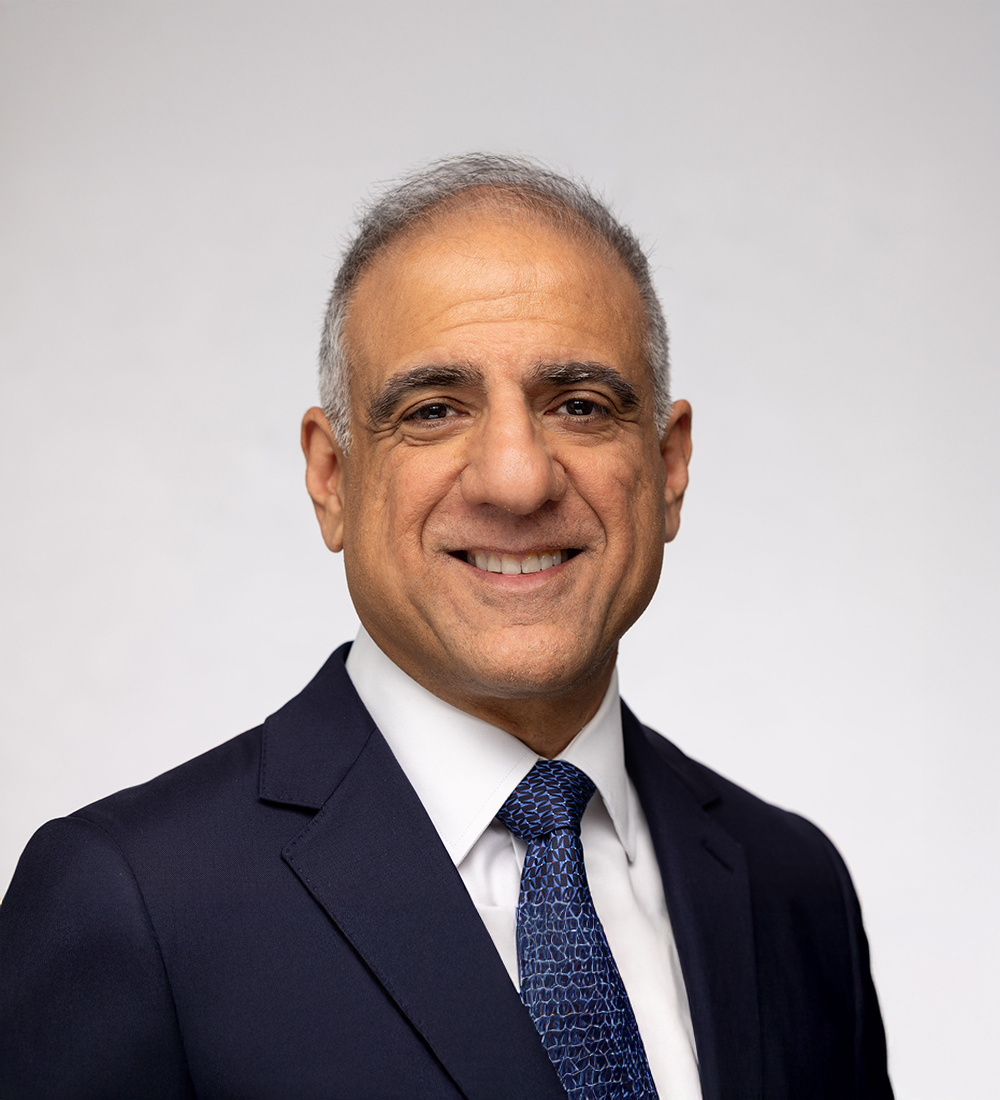
In an era of global interdependence, North–South partnerships remain central to addressing shared challenges—from sustainable development and energy transition to digital transformation and migration. Yet, despite renewed rhetoric around “mutual benefit” and “shared prosperity,” these relationships are often marked by asymmetries in power, finance, and voice. Expectations from the Global South regarding technology transfer, fair trade, and governance reform frequently collide with the realities of strategic interests, conditionalities, and divergent priorities among Northern partners. This conversation will critically examine how to reconcile ambition with realism in reimagining North–South cooperation. Participants will explore the evolving nature of partnership frameworks, assess the balance between solidarity and self-interest, and identify pathways for building trust and accountability in an increasingly multipolar world.
Guiding Questions:
Moderator

Speakers
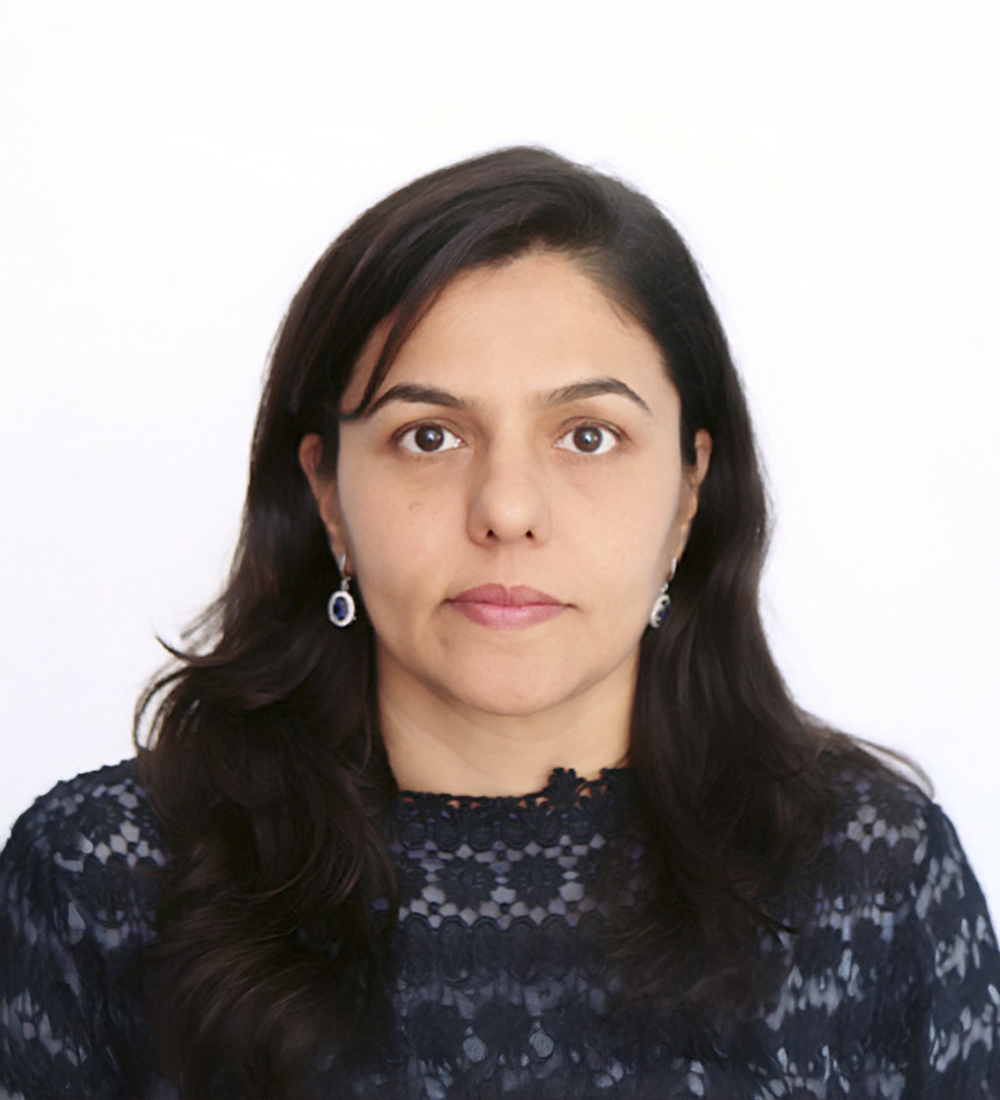
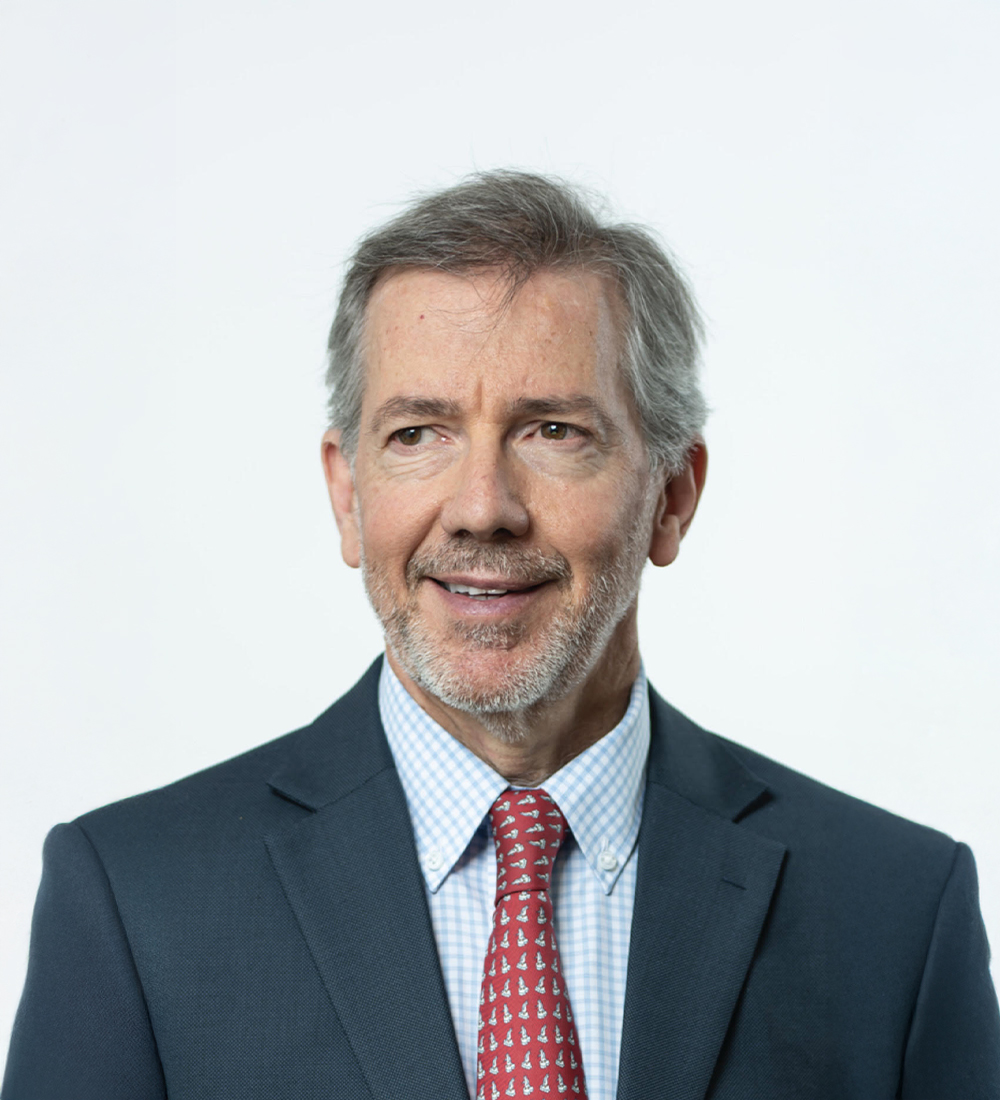
Former Special Representative and Head of the UN Support Mission in Libya, United Nations
Spain
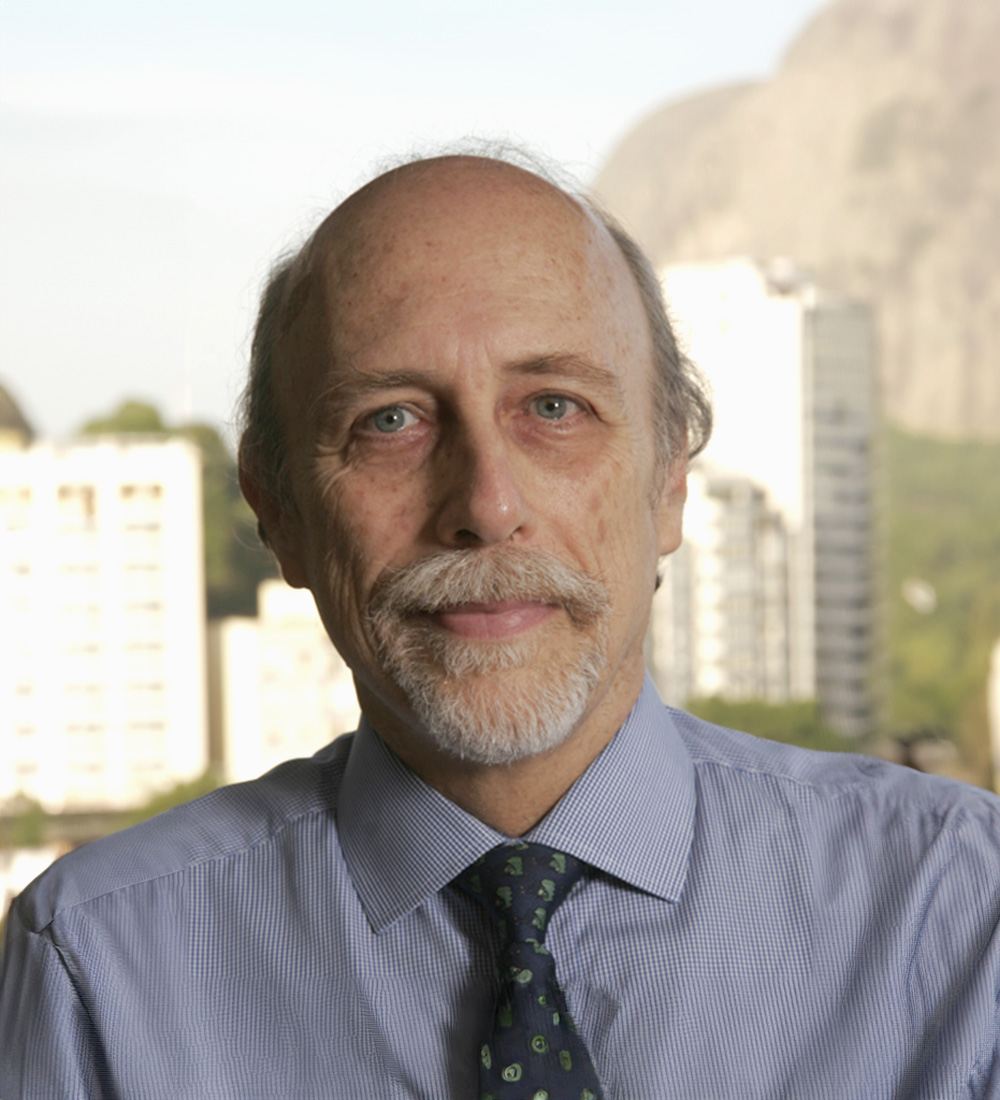
Director, Fundação Getulio Vargas International Intelligence Unit
Brazil
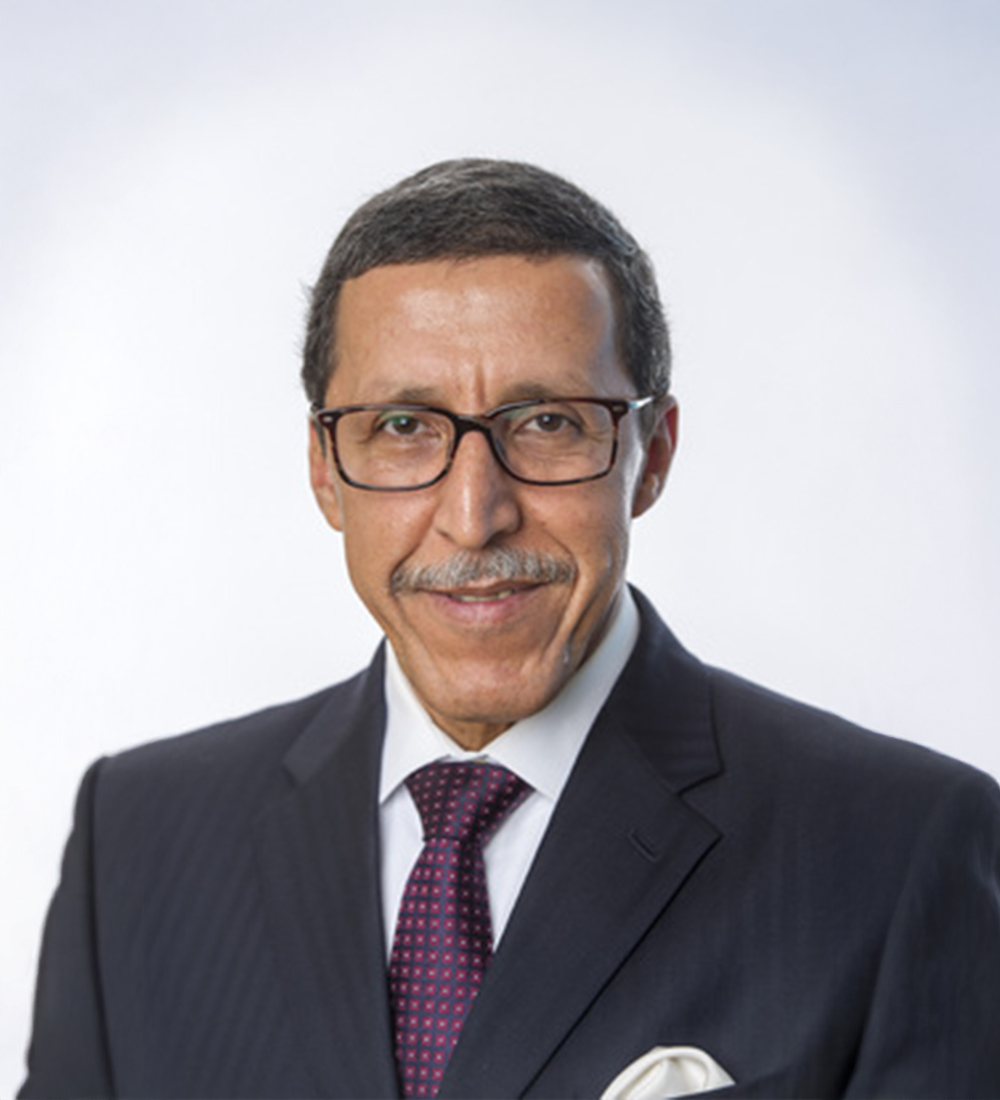
In a world increasingly shaped by unilateral actions and fragmented multilateral systems, think tanks play a vital role as bridges, connecting regions, sectors, and perspectives. This session will explore how these institutions provide platforms for dialogue, bringing together experts, academics, and policymakers while creating opportunities for the general public to engage with pressing global issues. By promoting informed discussion on ongoing transformations, from geopolitical shifts to social and economic change, think tanks help identify coordinated and forward-looking responses to complex challenges. Participants will examine how these hubs of expertise and collaboration can overcome divisions, build connections across regions, and generate actionable insights. The conversation will highlight the unique ability of think tanks to interpret the present and collaboratively imagine and shape sustainable futures.
Guiding Questions:
Moderator

Editorial Director, Diversity & Culture, Politico
USA
Speakers

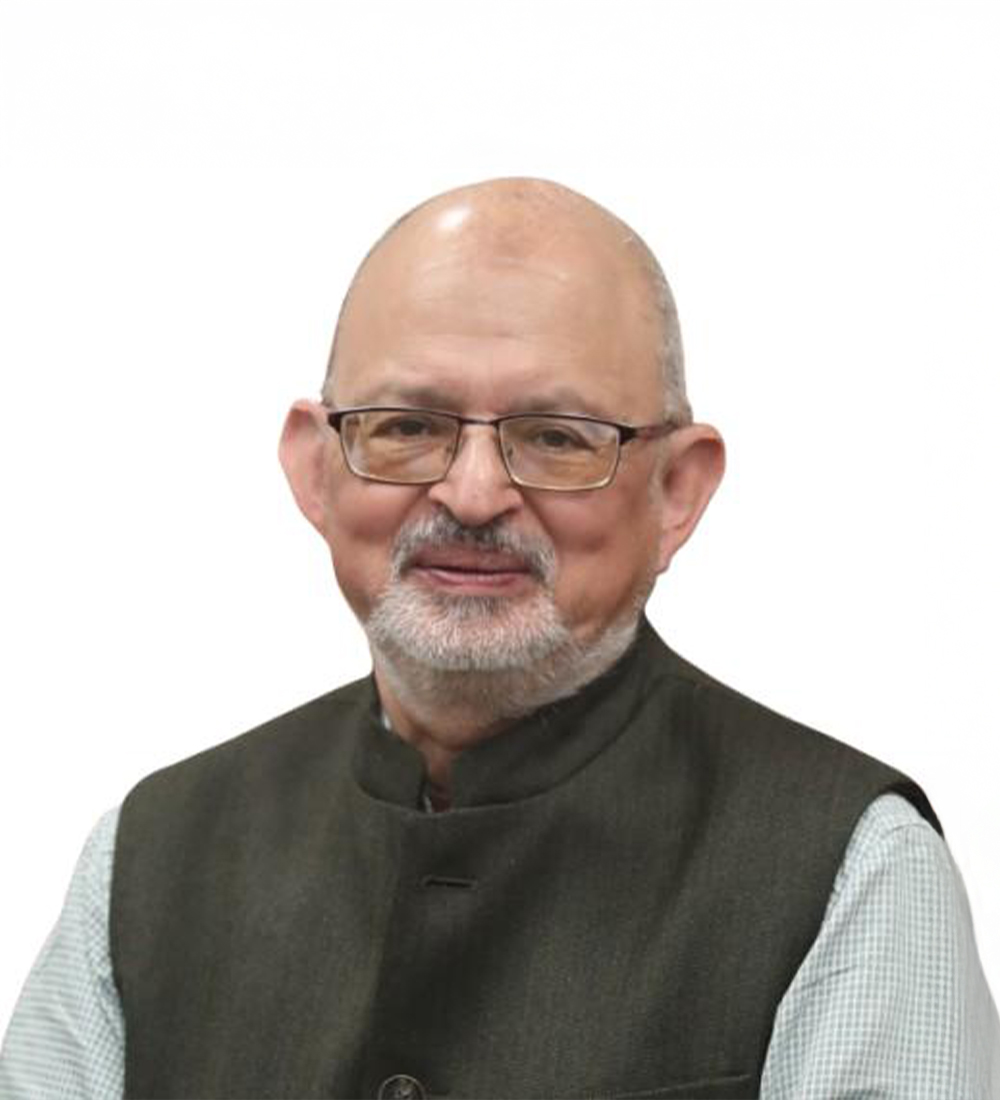
Chairman, Observer Research Foundation
India
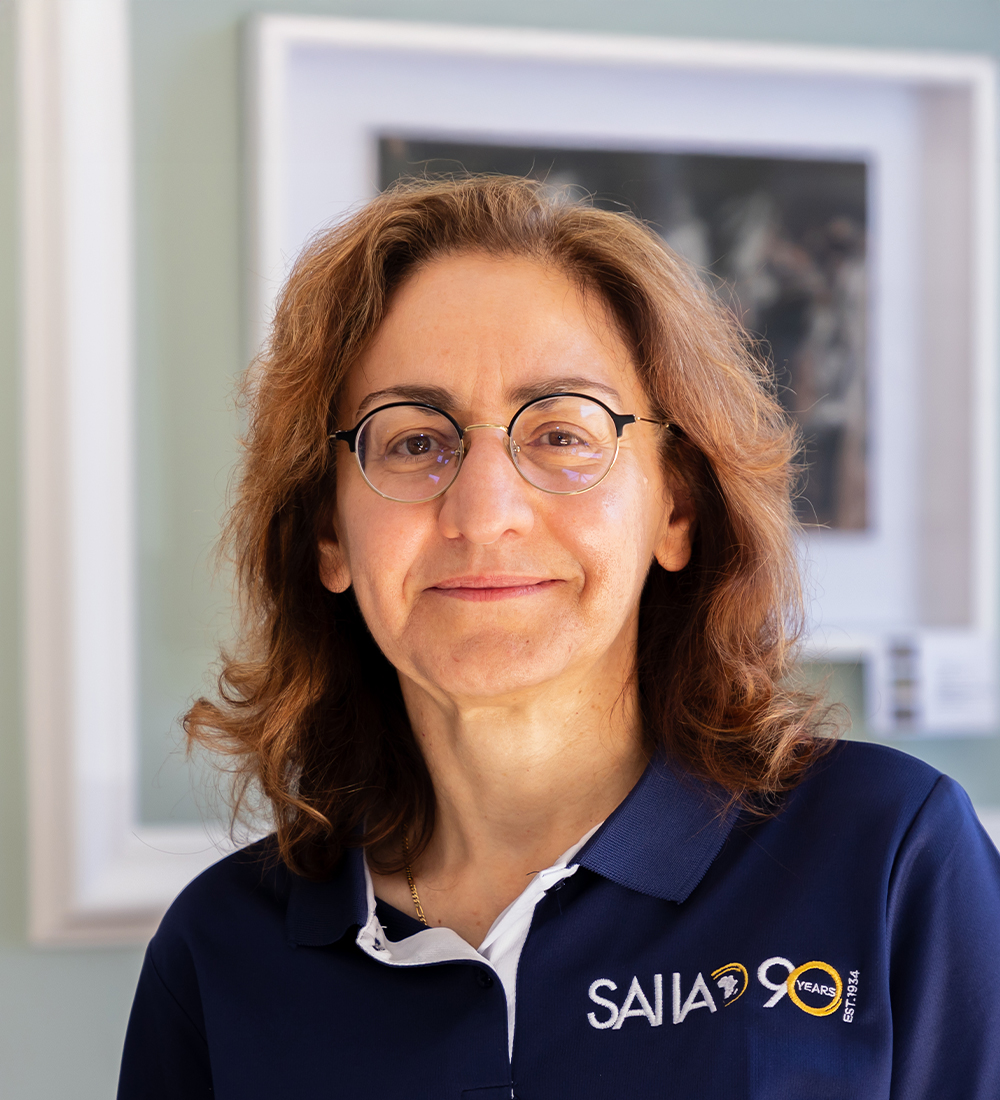
Today’s “weaponization of everything” might best be understood as a state of permanent, just-at-threshold conflict—a condition of latent hostility that, amid compounding shocks such as extreme climate events, has become the new normal for nations, organizations, and individuals alike.
Traditional engines of confrontation—entrenched alliances, great power rivalries, the struggle for hegemony, and the long-established practices and reflexes of statecraft—remain central drivers of geo-economic fragmentation and, at times, intentional, human-inflicted physical destruction. Yet the current global context is also defined by heightened ambiguity: it has become increasingly difficult to distinguish war from peace, friend from foe, economics from security, finance from technology, personalities from institutions, networks from states, and the civilian from the military.
In this epoch of blurred lines, in profoundly Machiavellian times made of plausible deniability and strategic ambiguity, nations and their leaders find themselves in a new kind of solitude: confronted not only with their adversaries, but with the uncertainty of the very terrain on which they stand.
Guiding Questions:
Moderator

Speakers
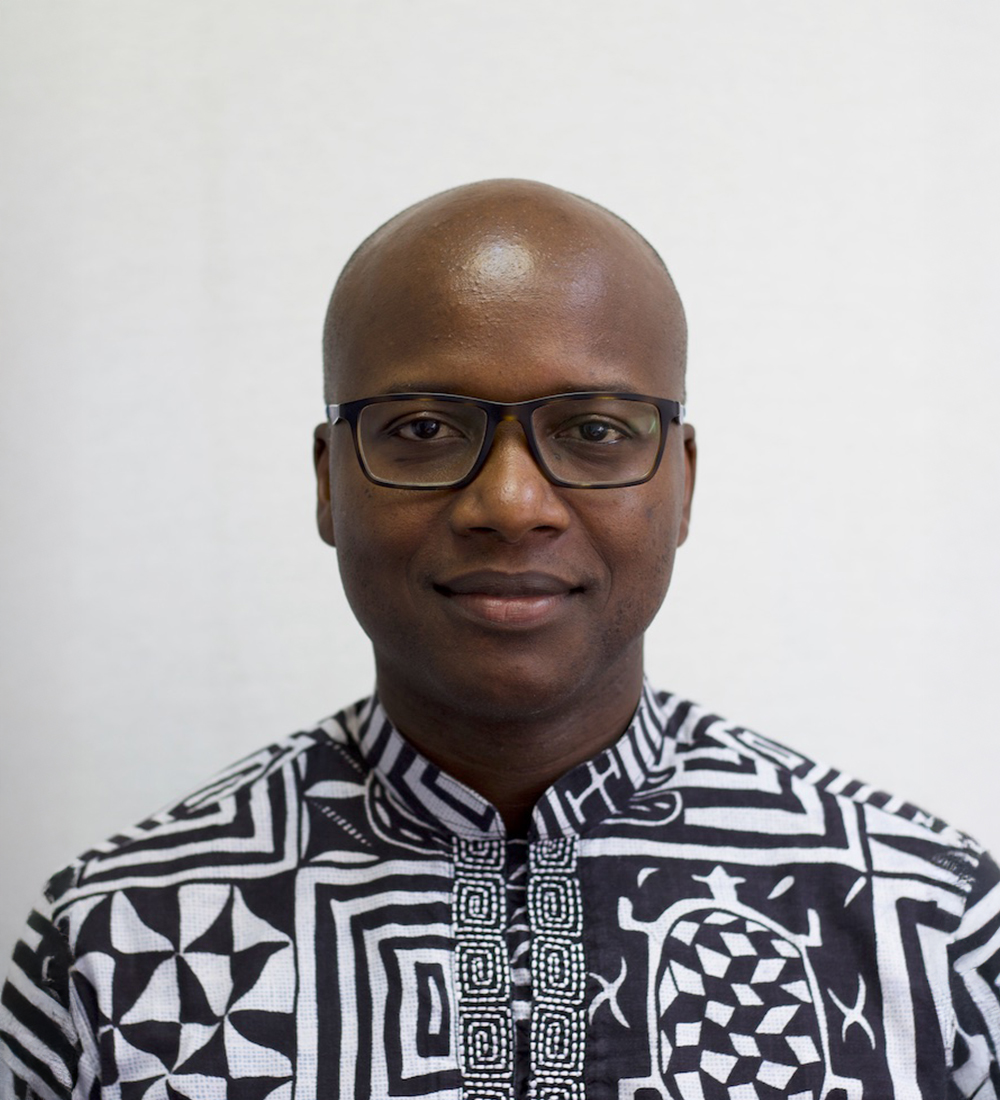

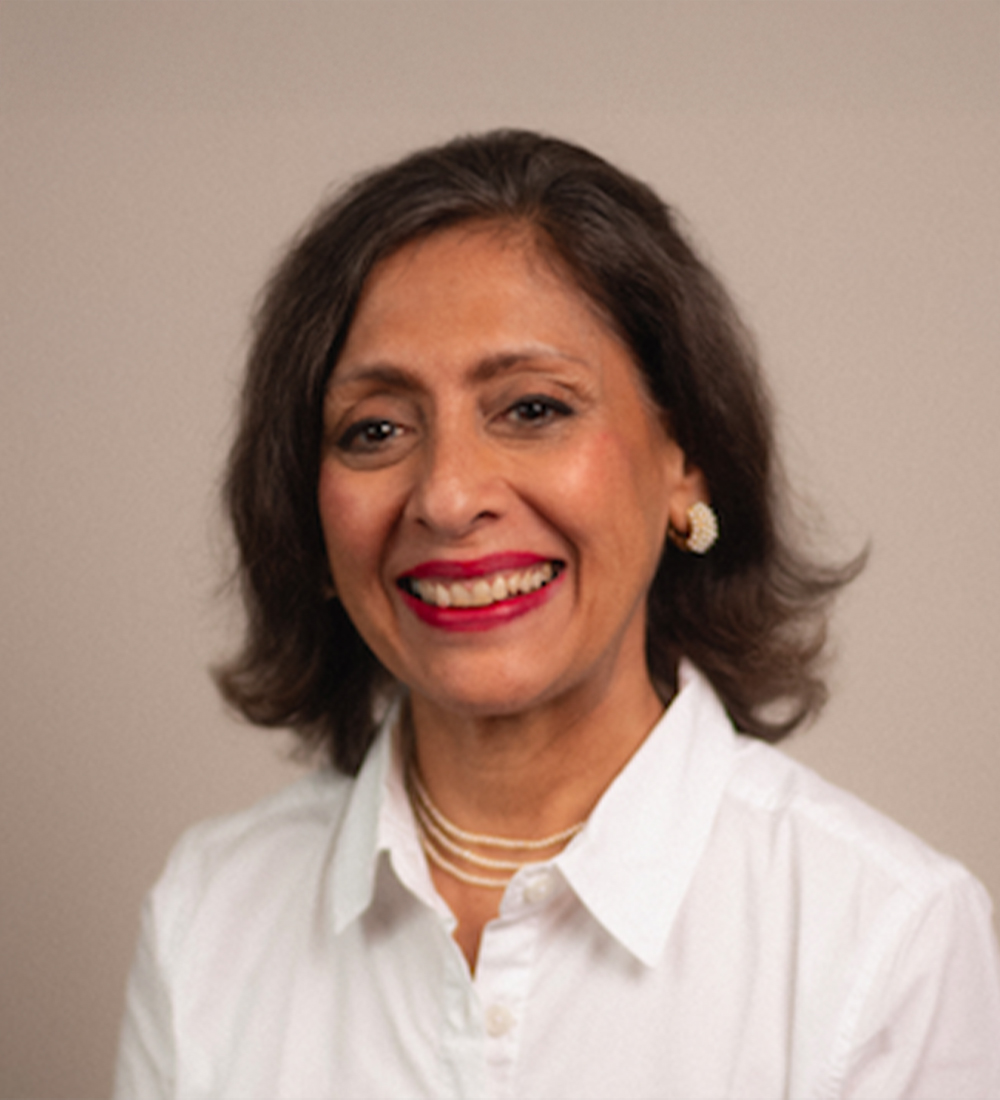
Co-Founder & Executive Director, Gateway House
India
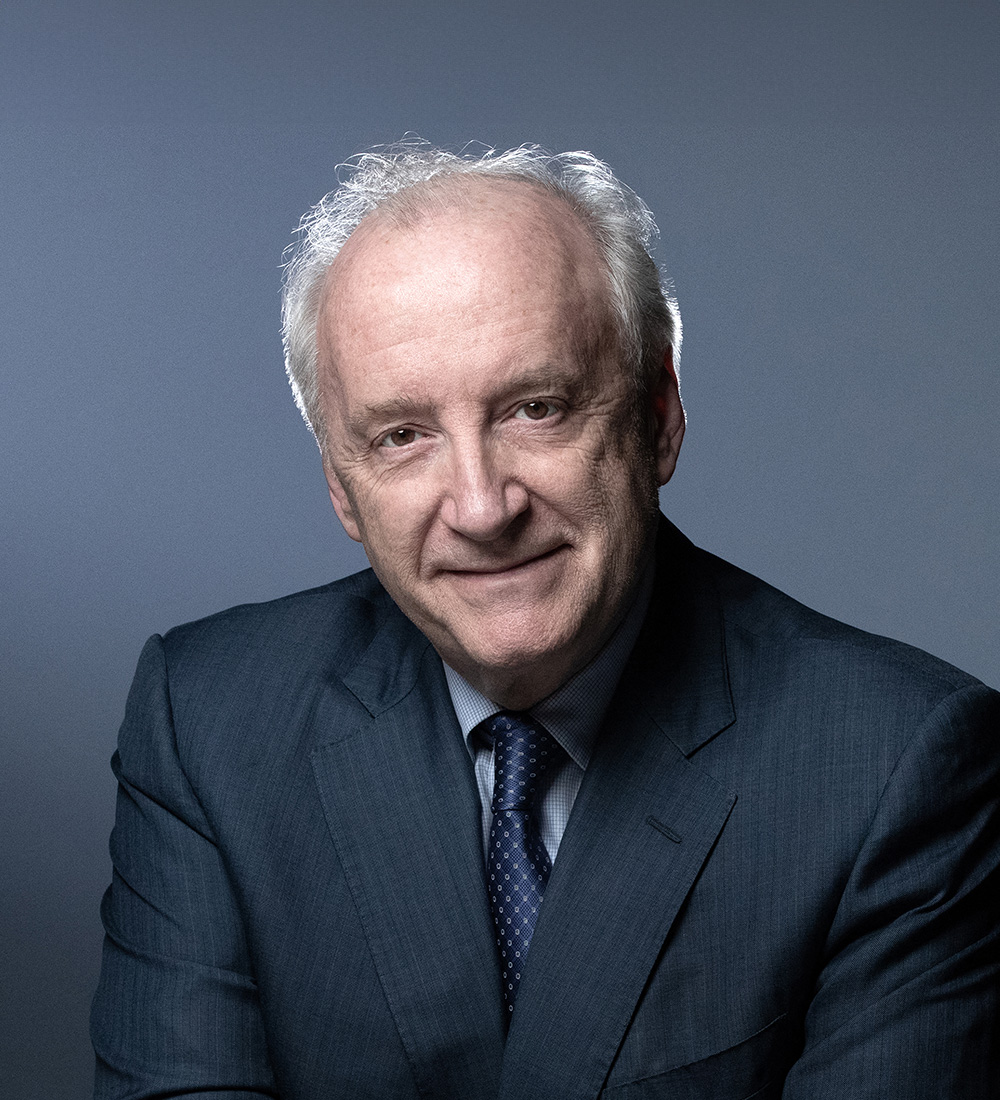
Moderator

Speakers
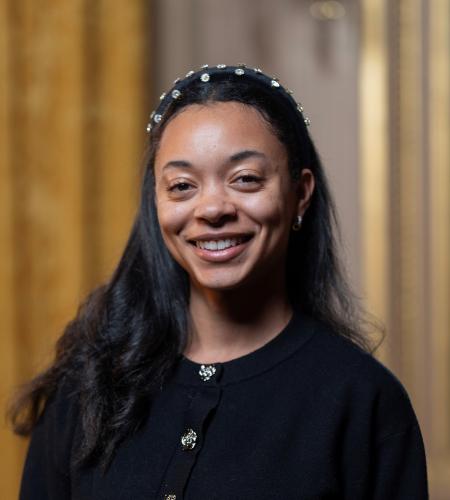
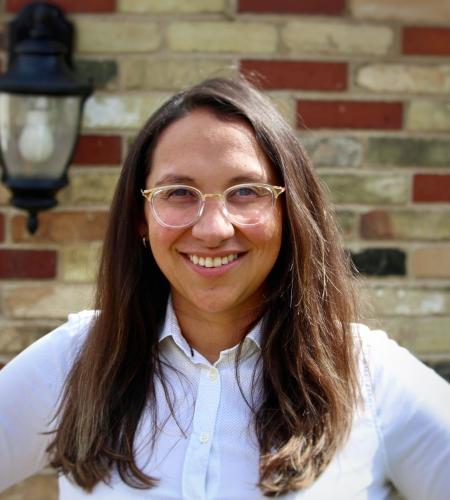
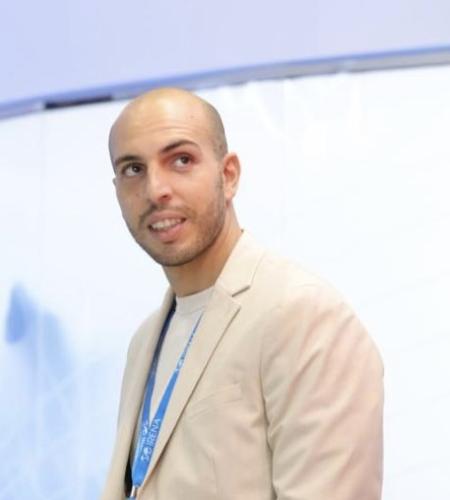
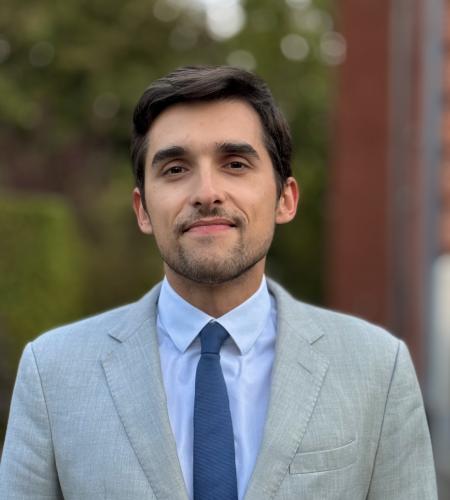
Moderator

Moderator
